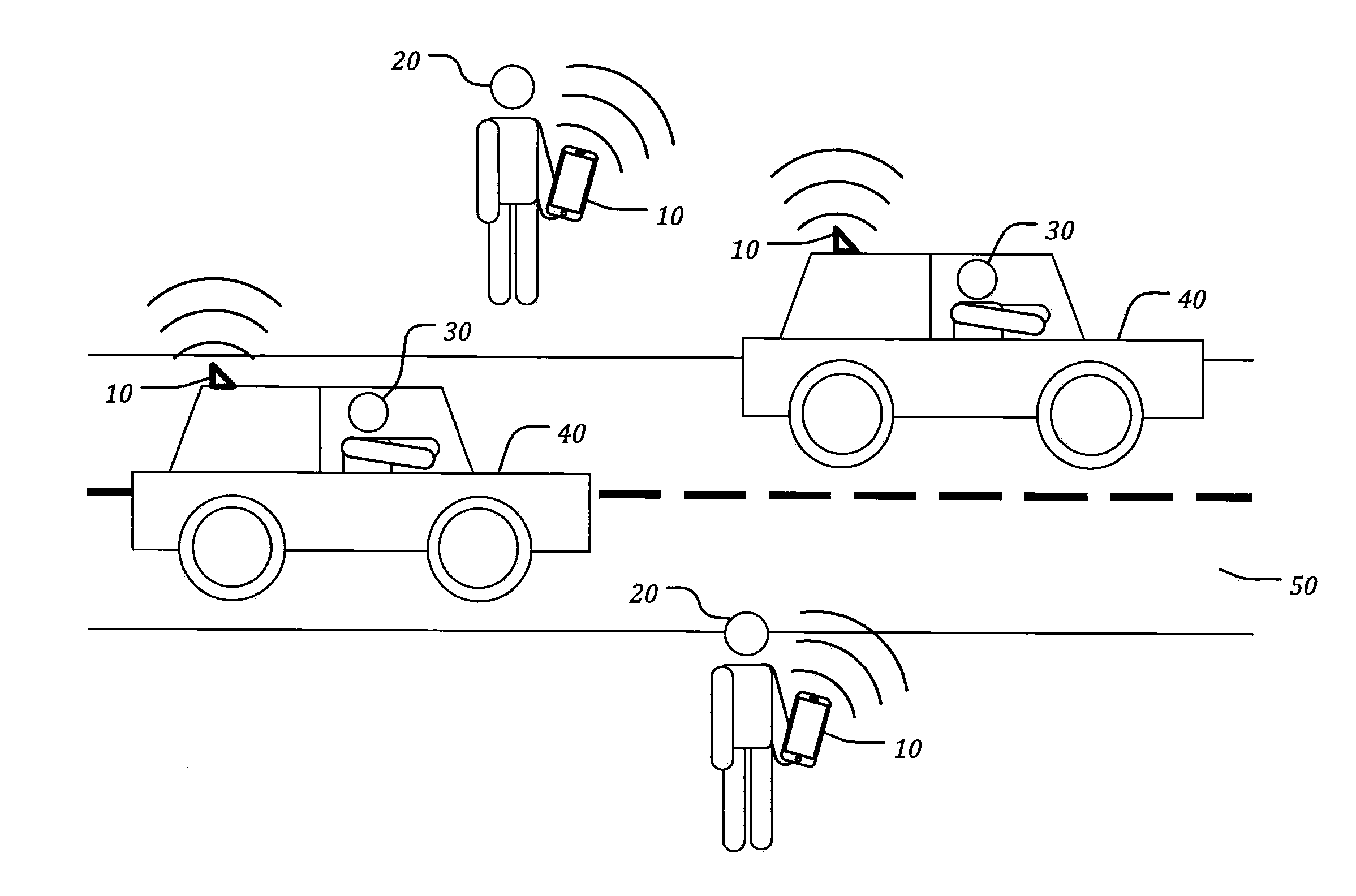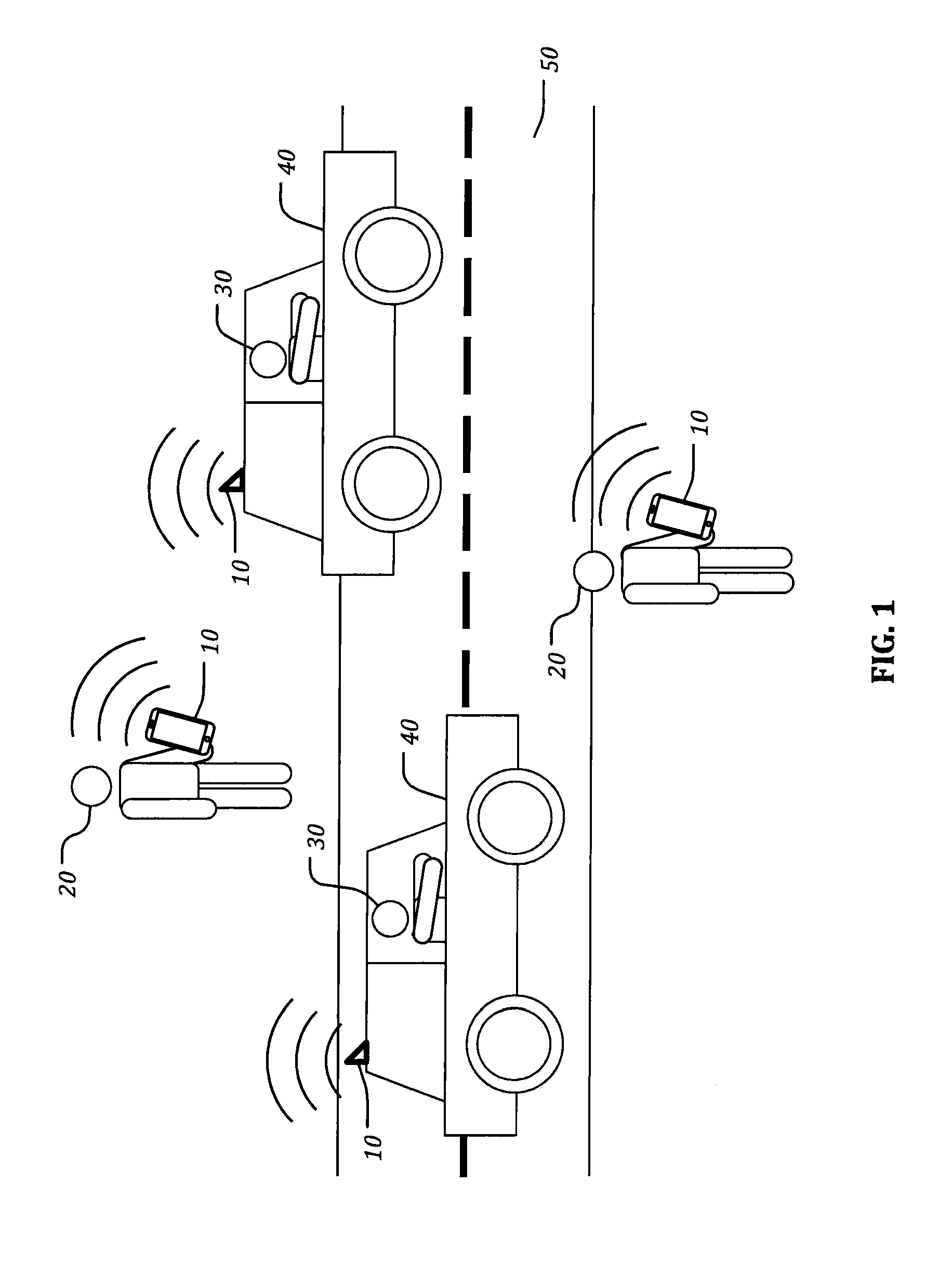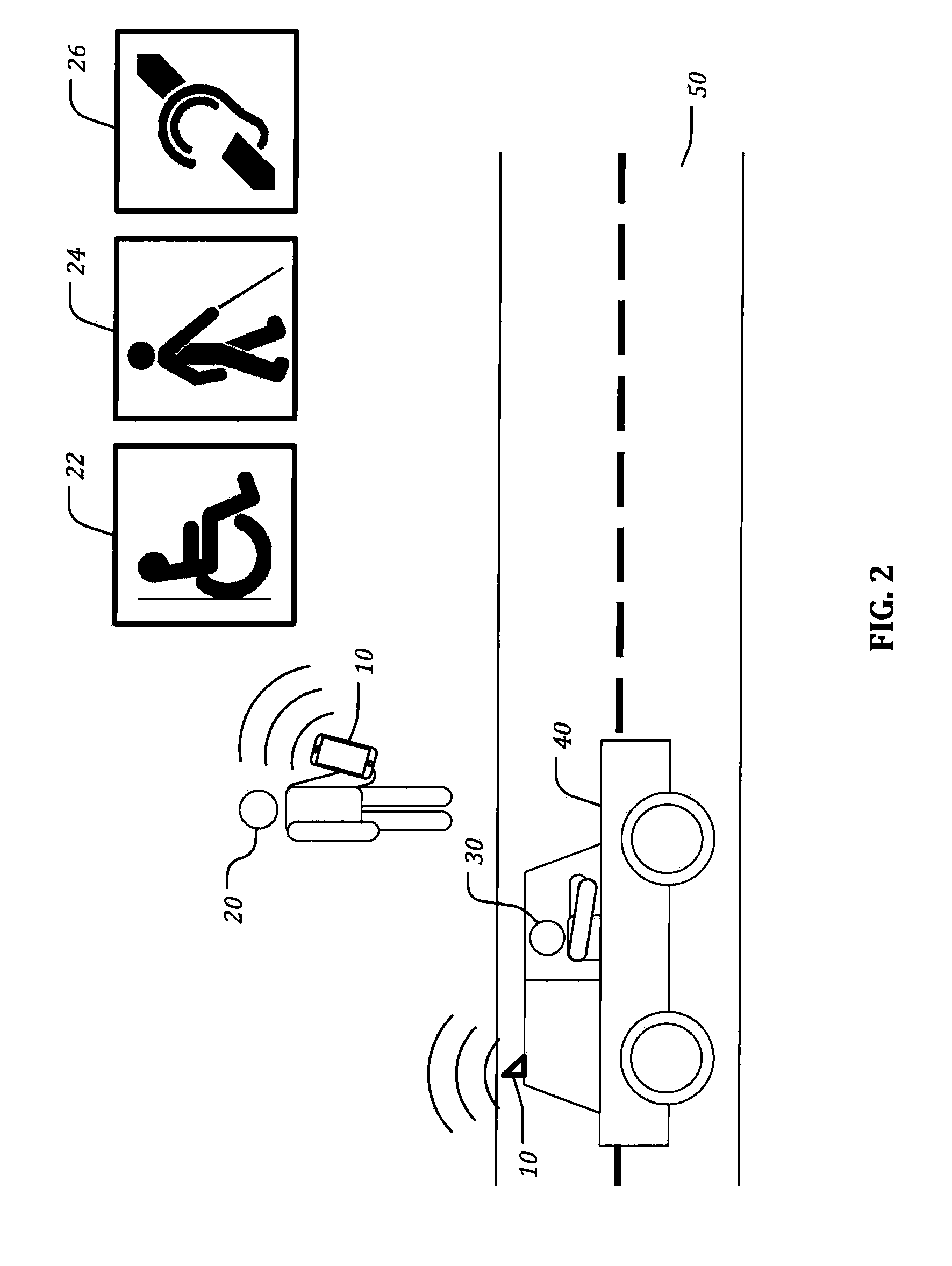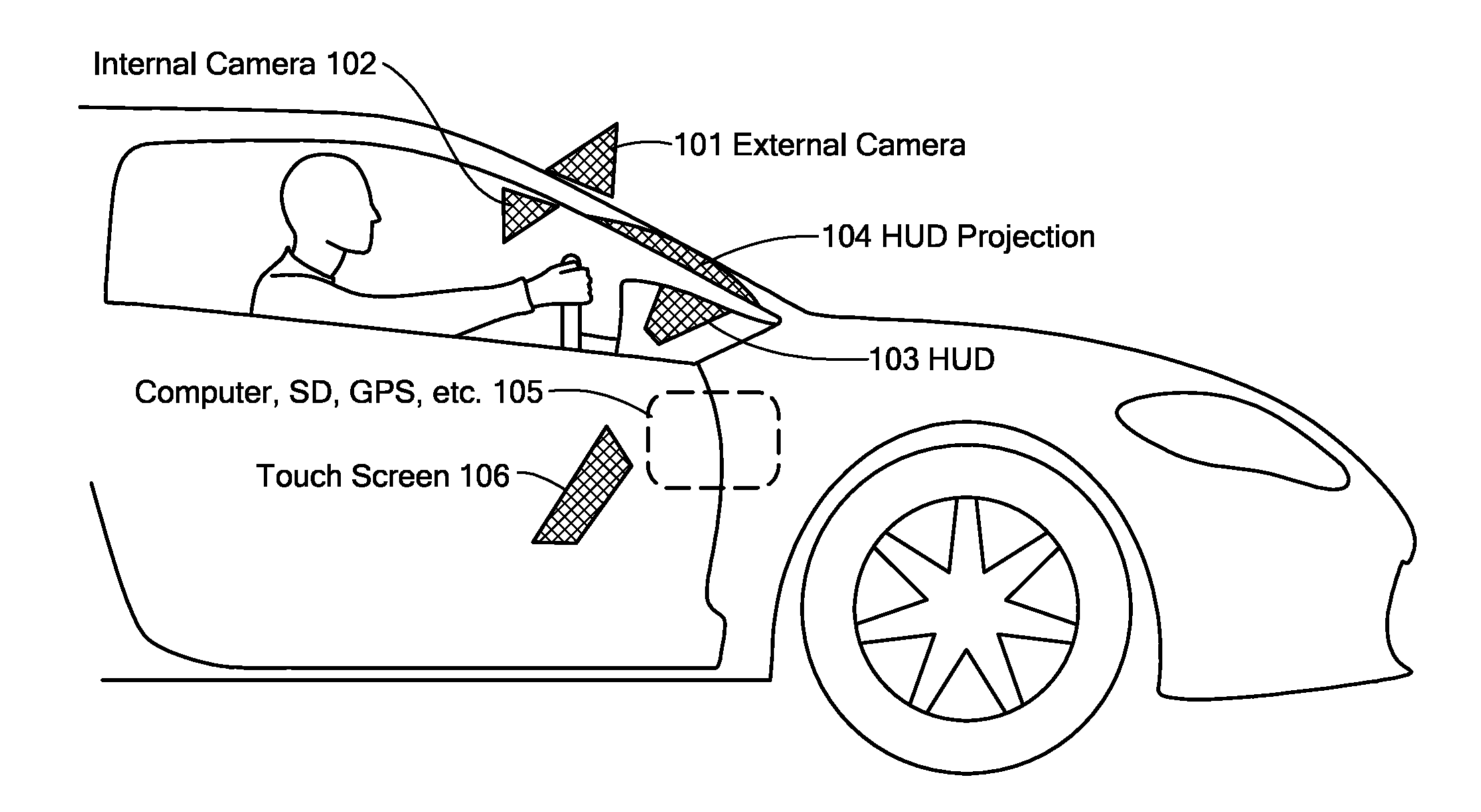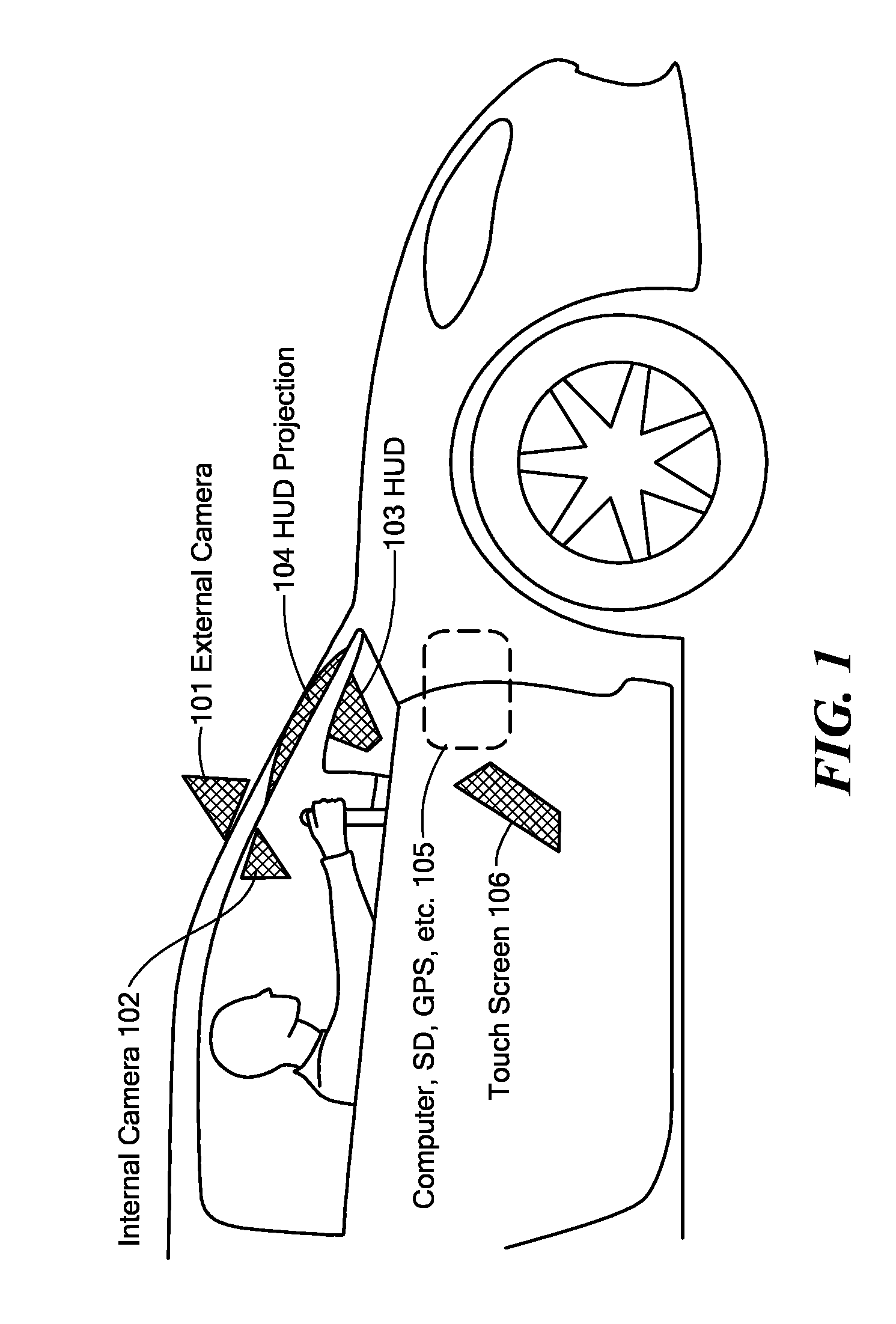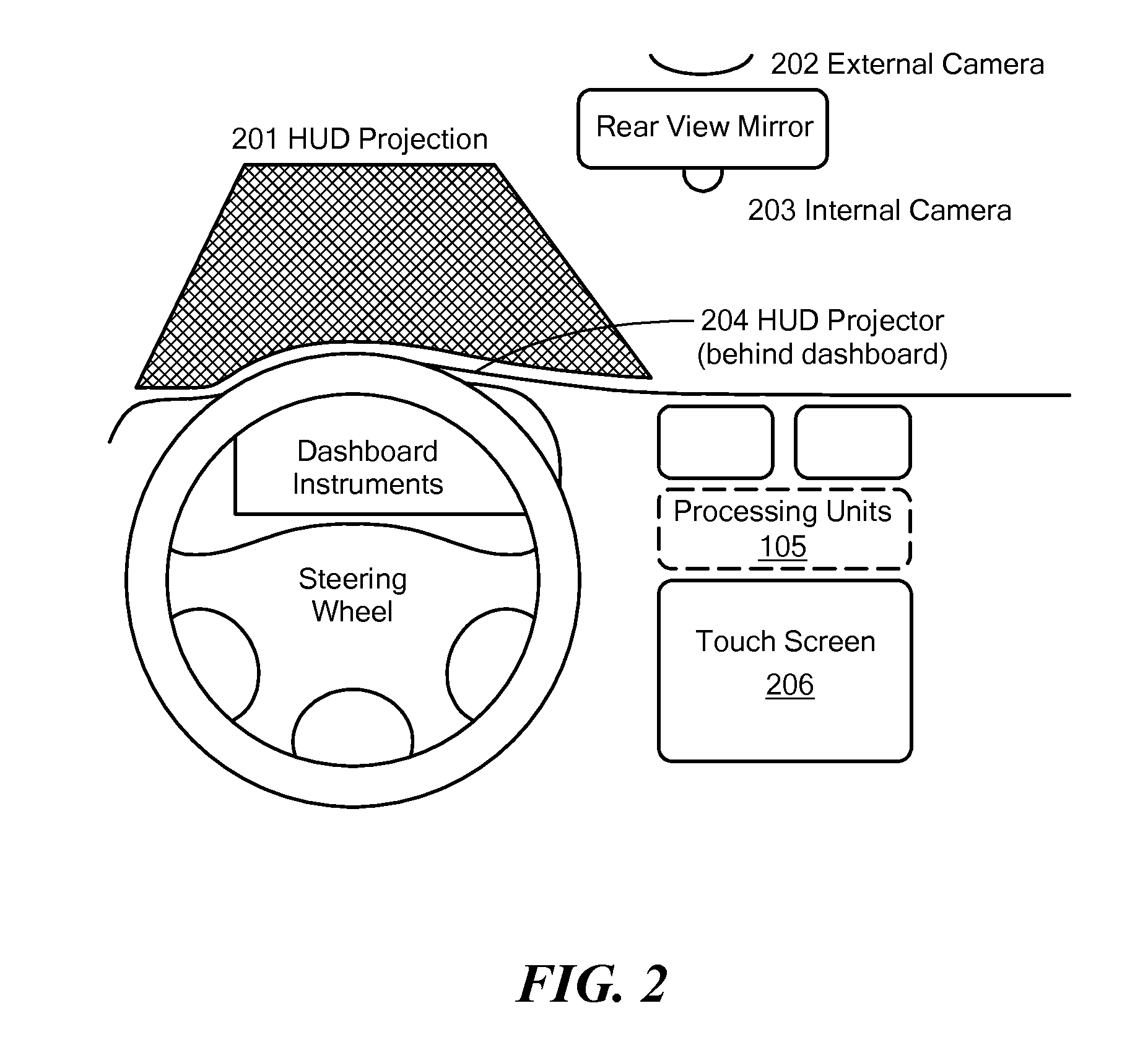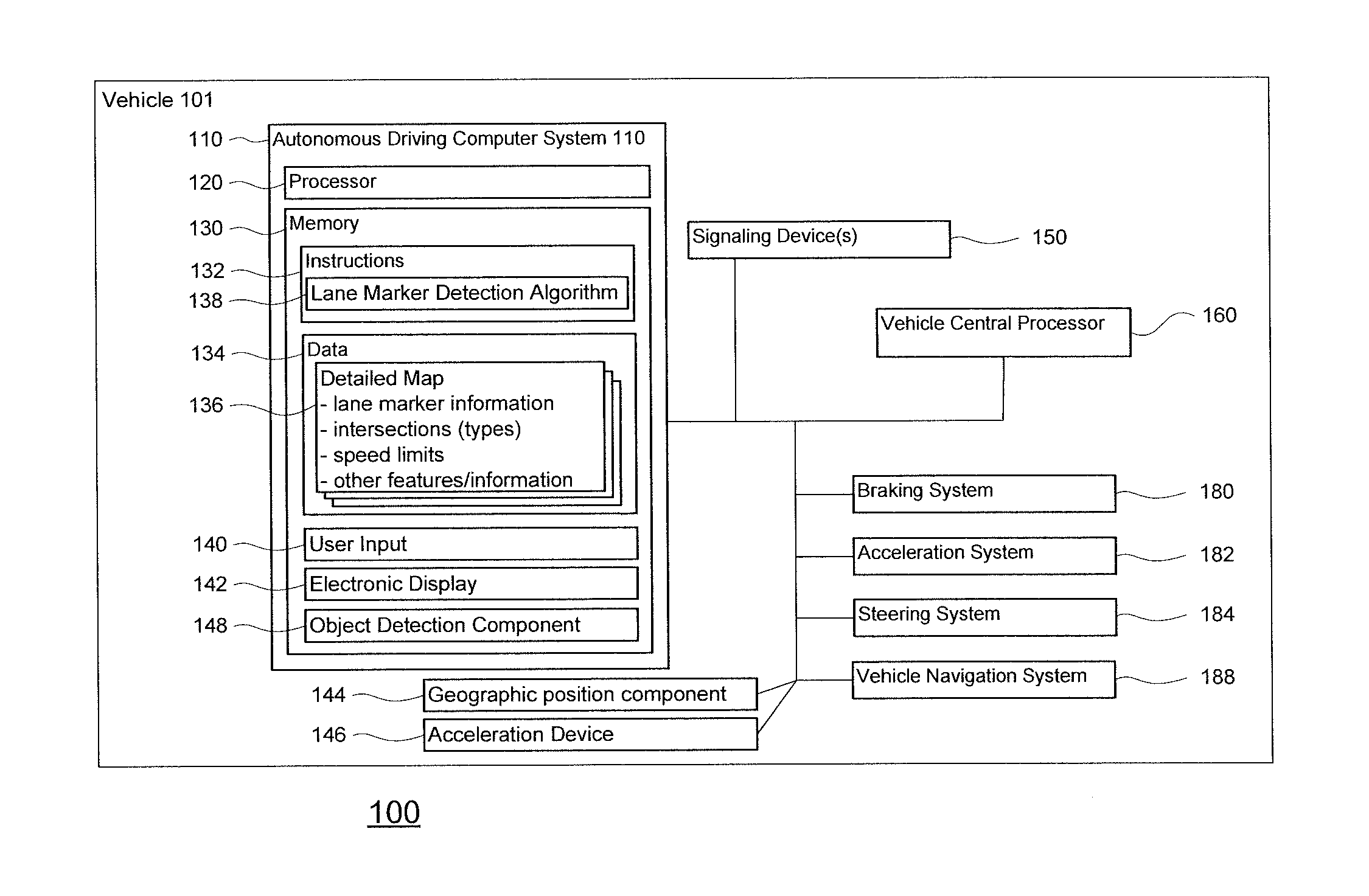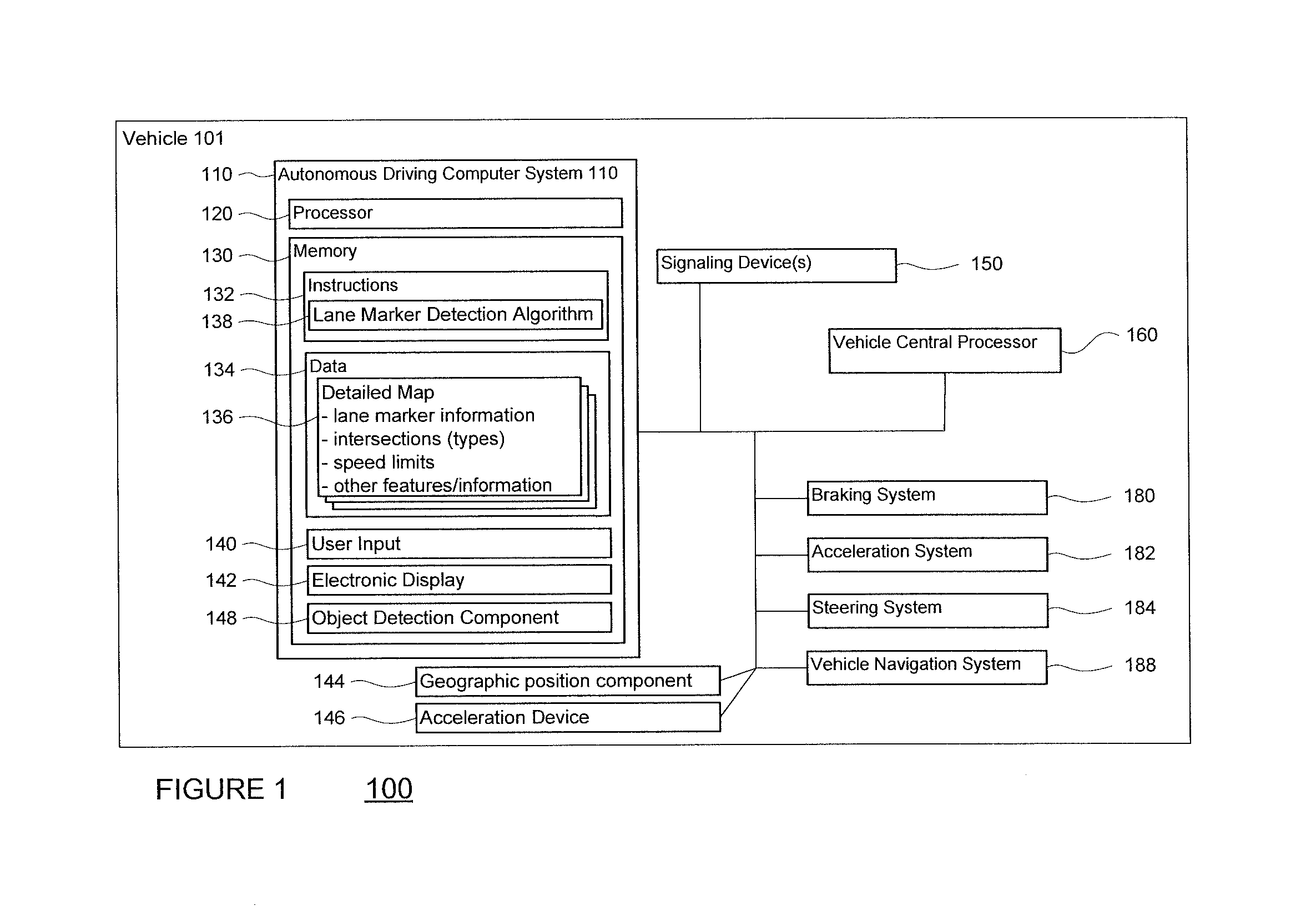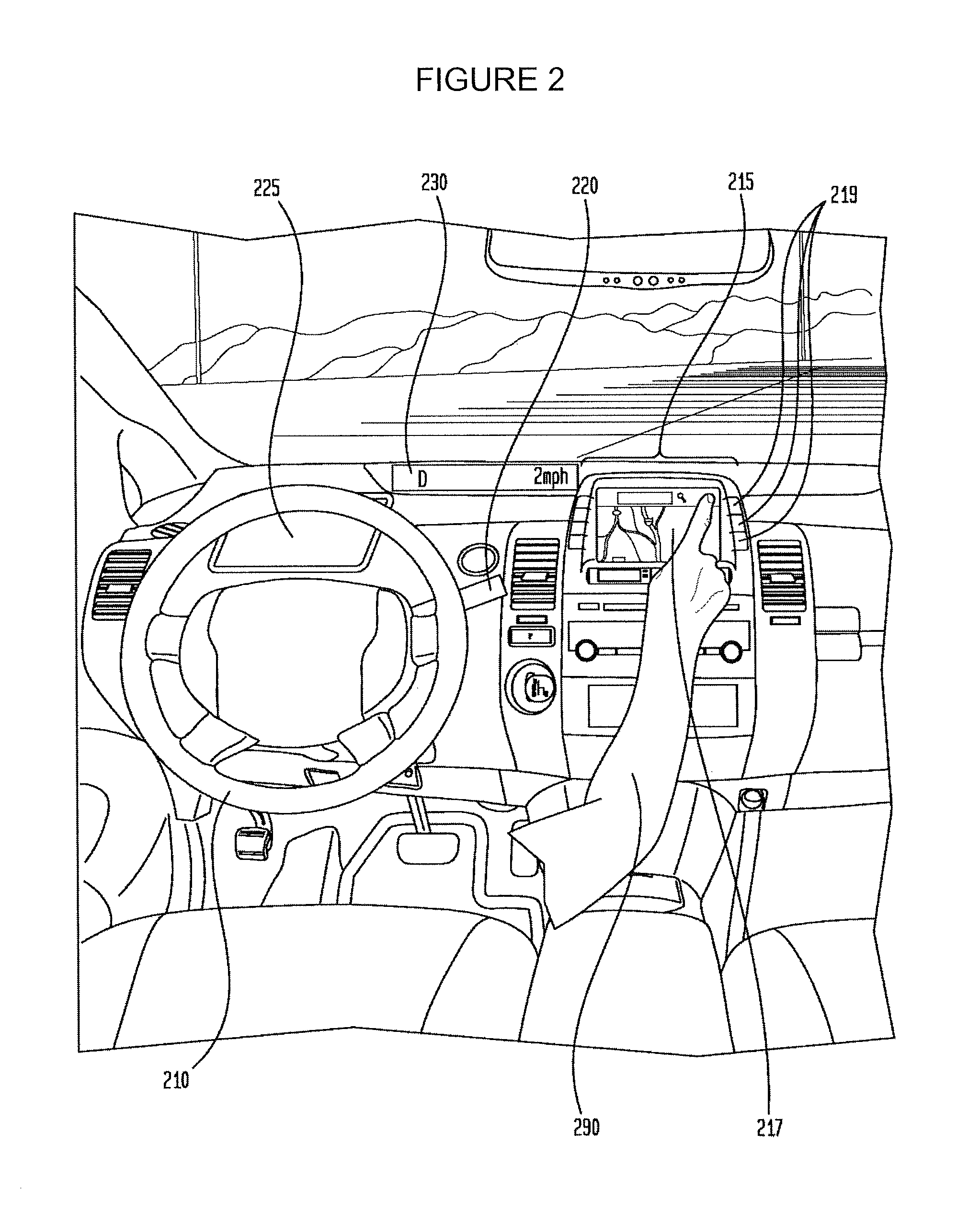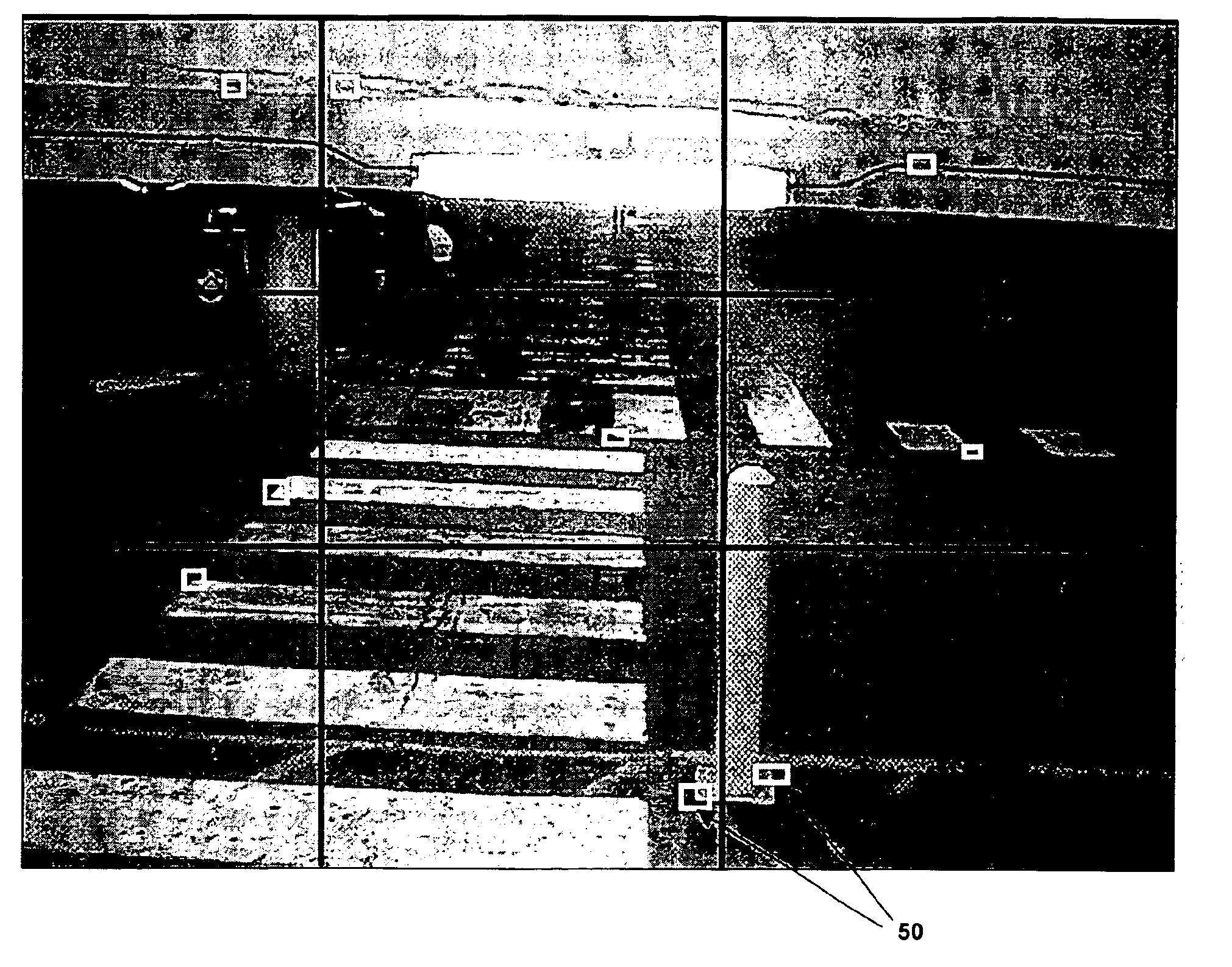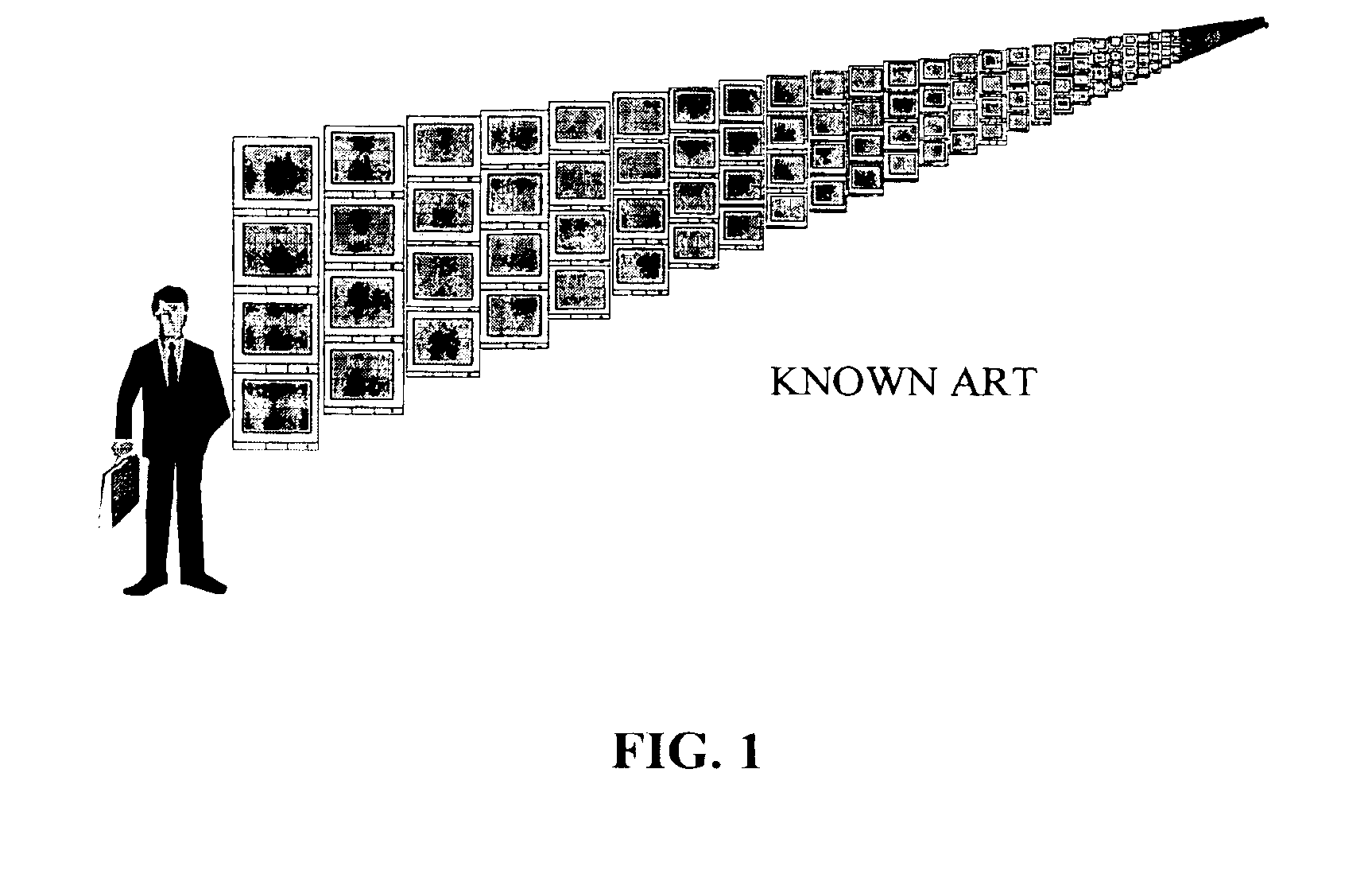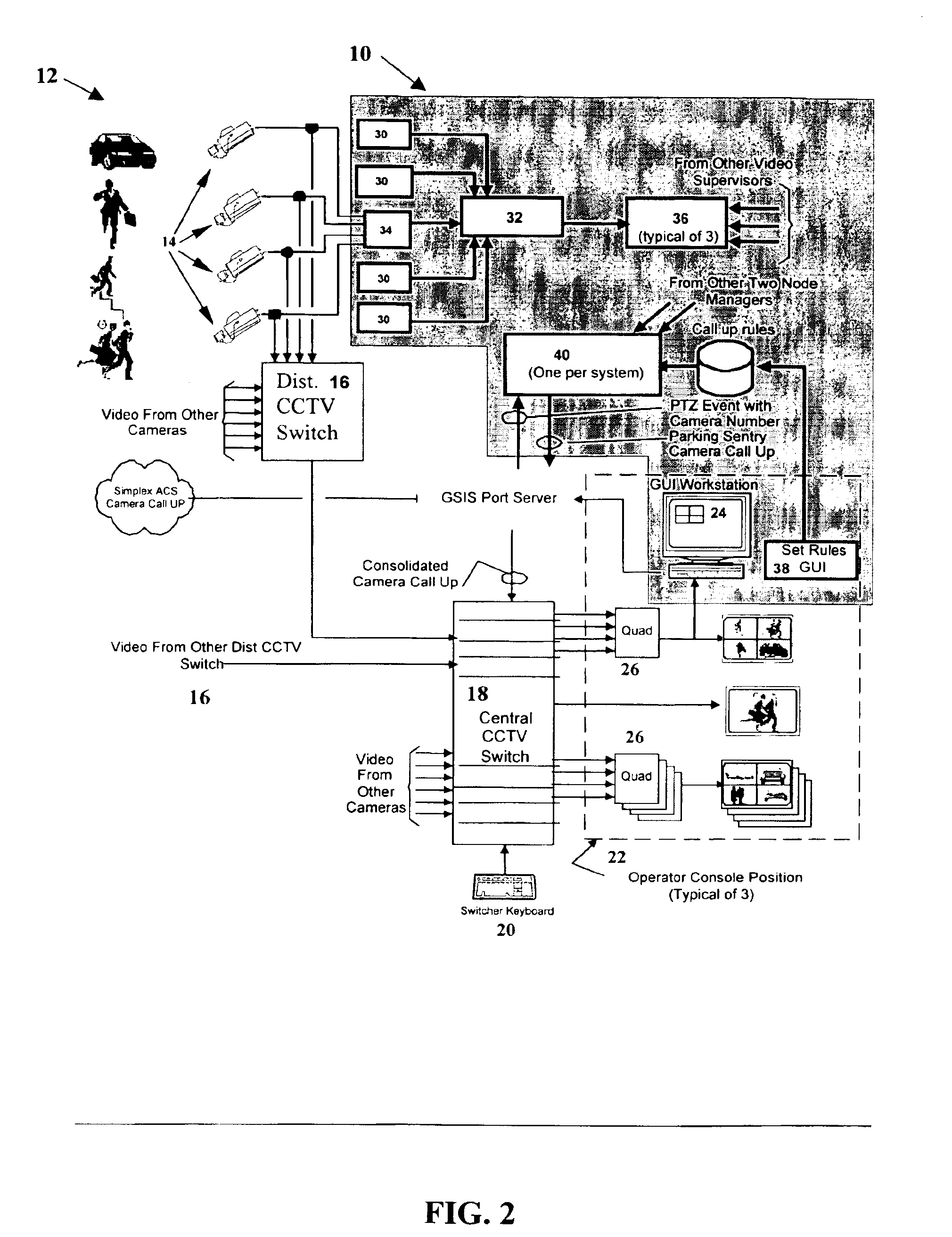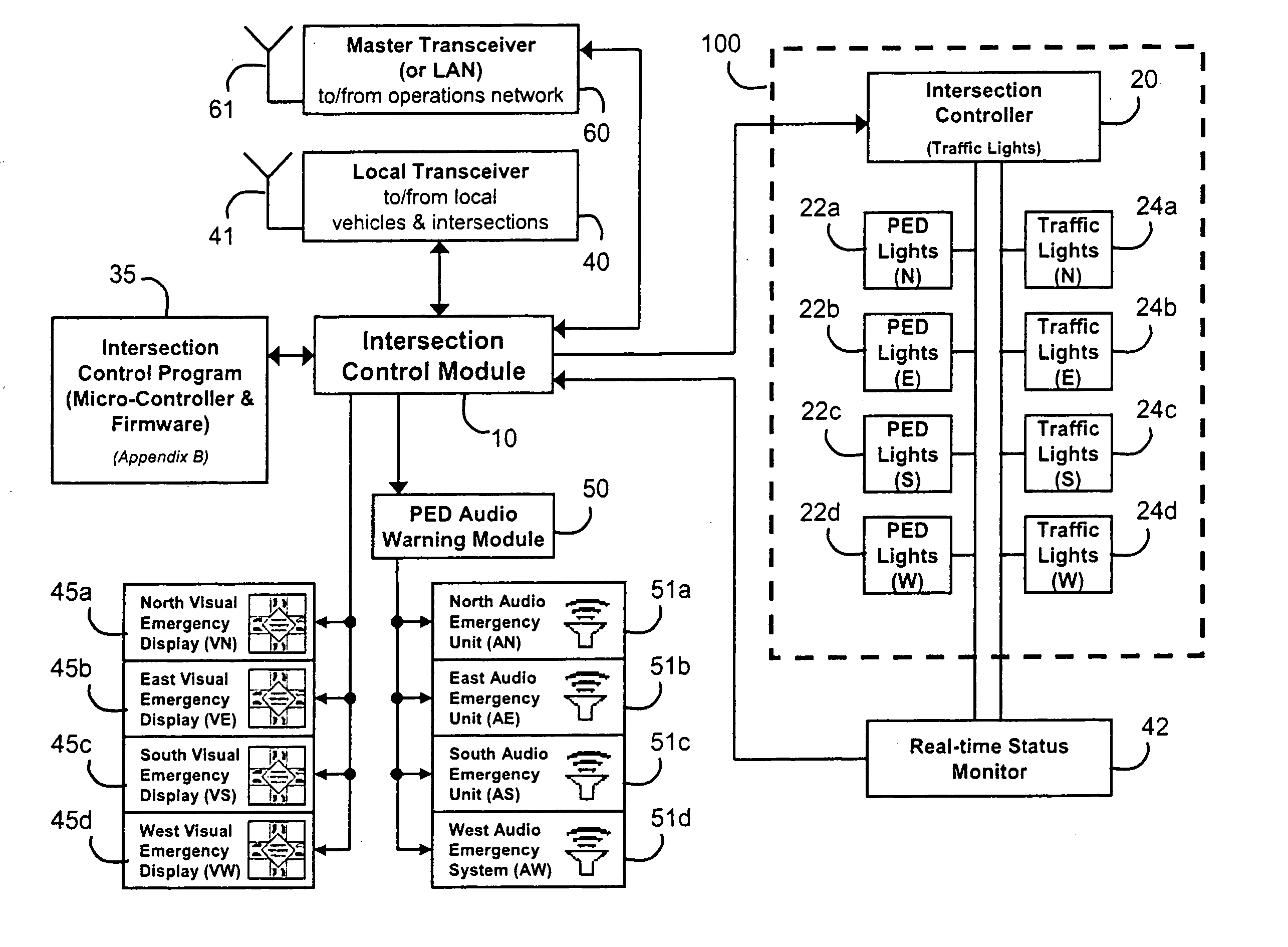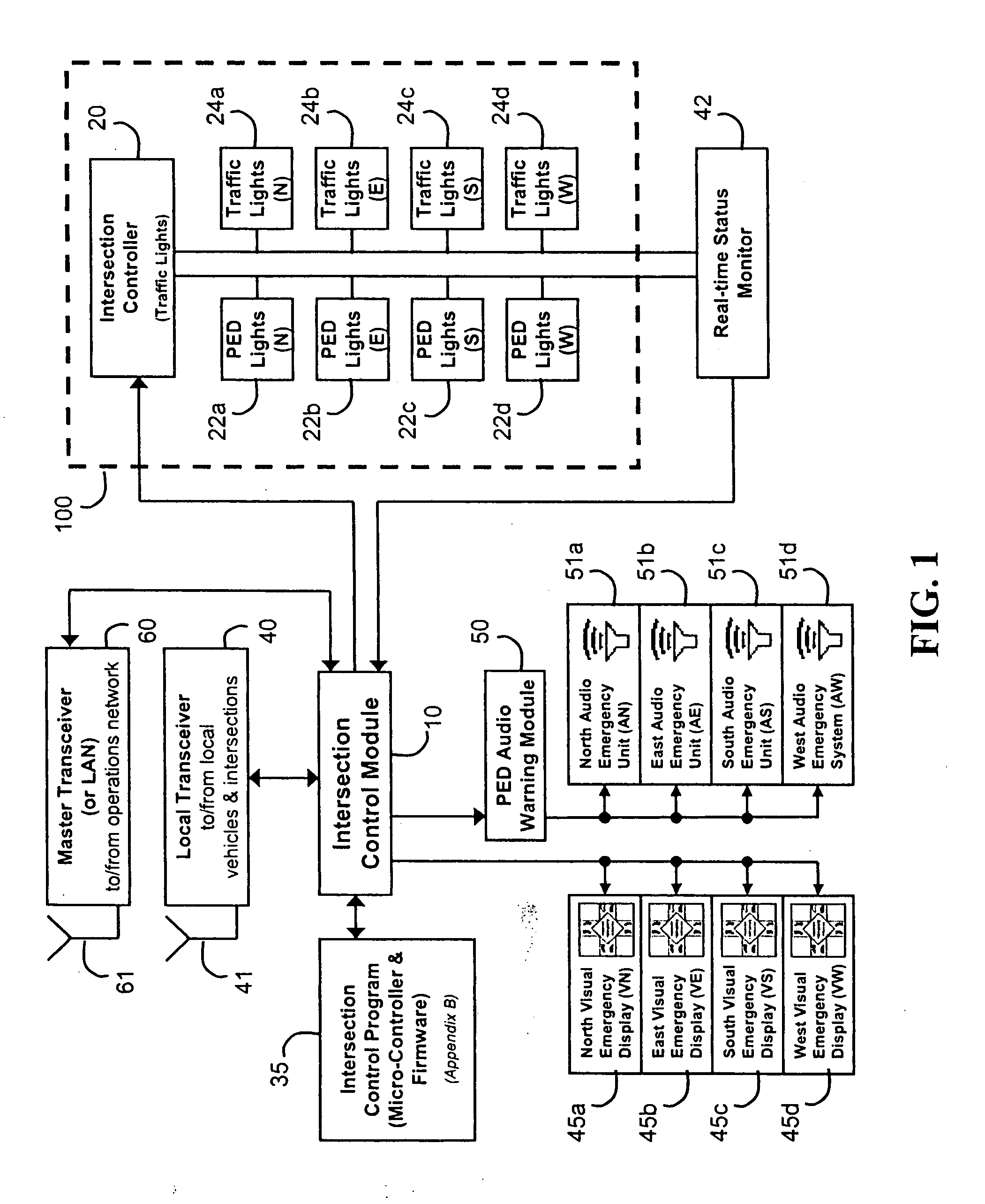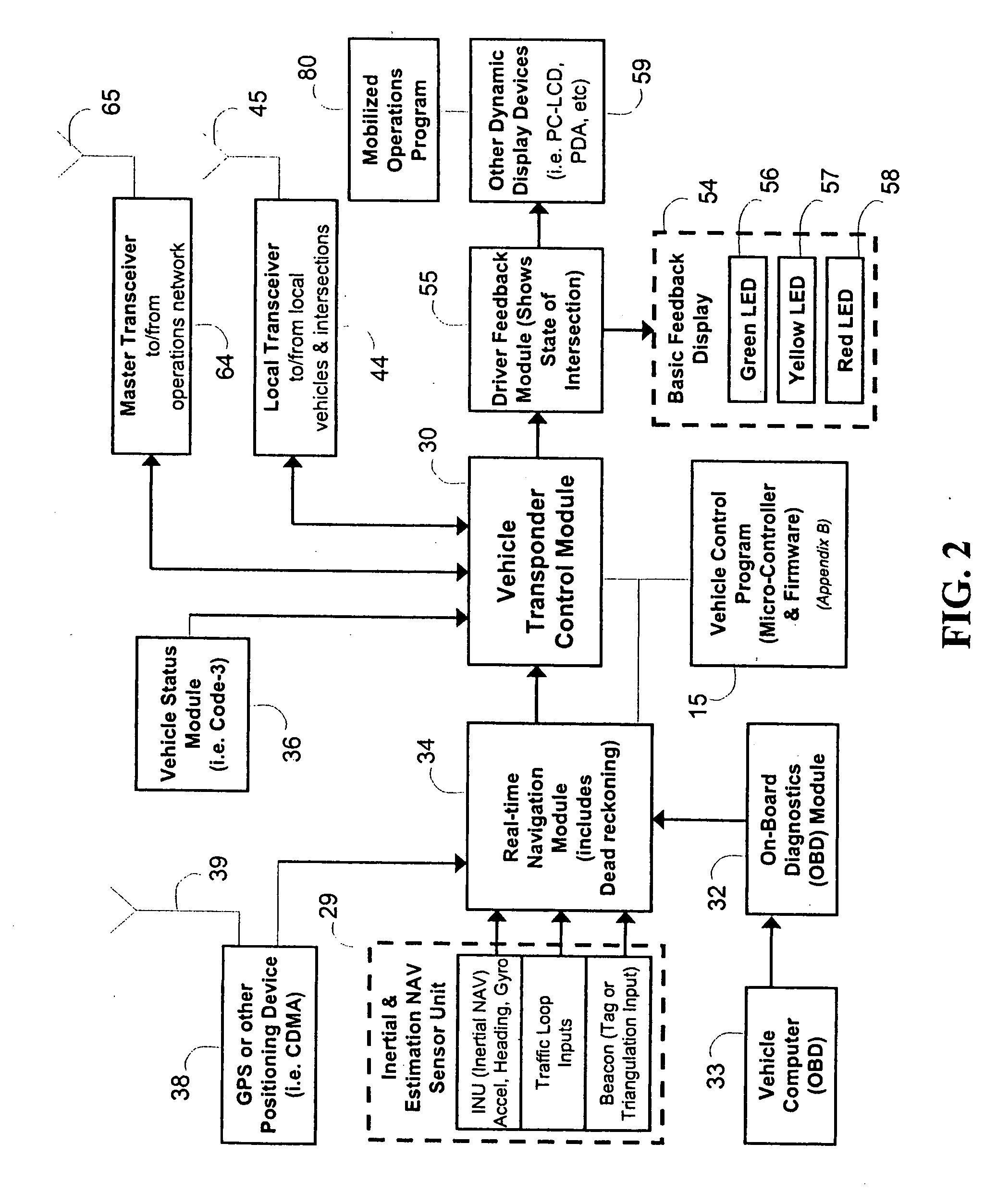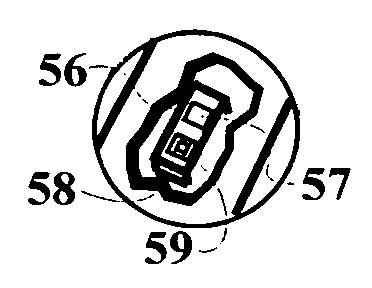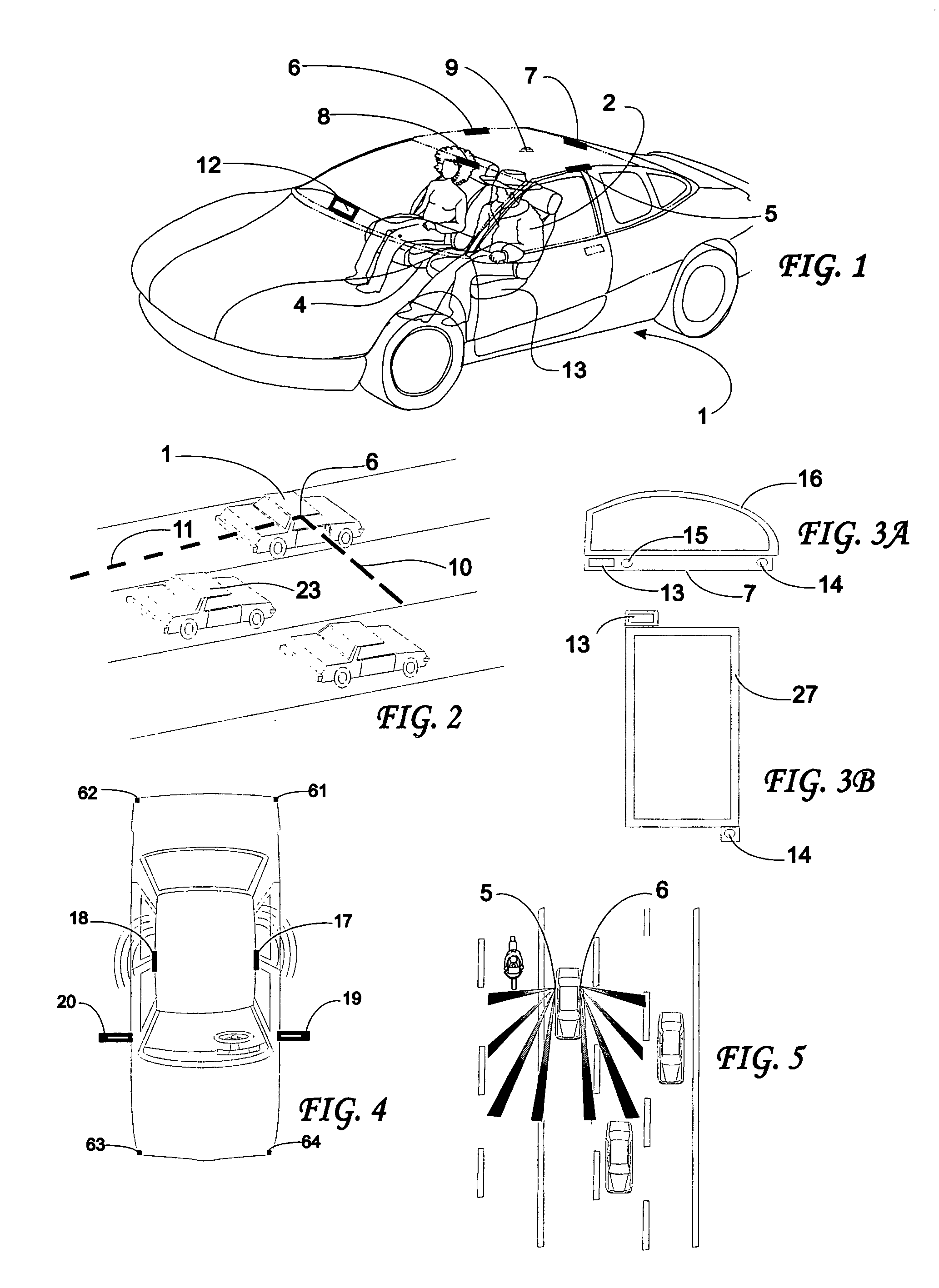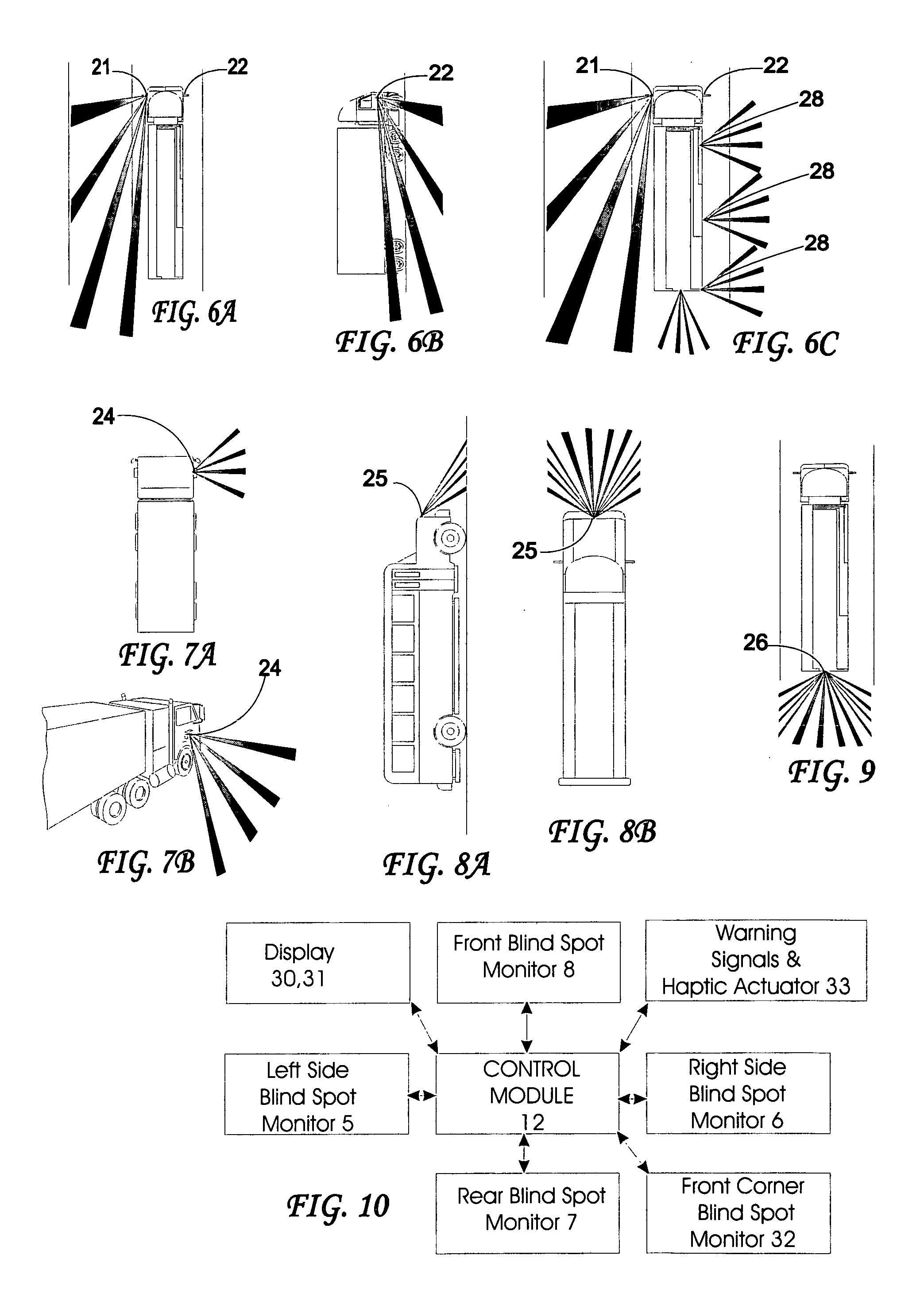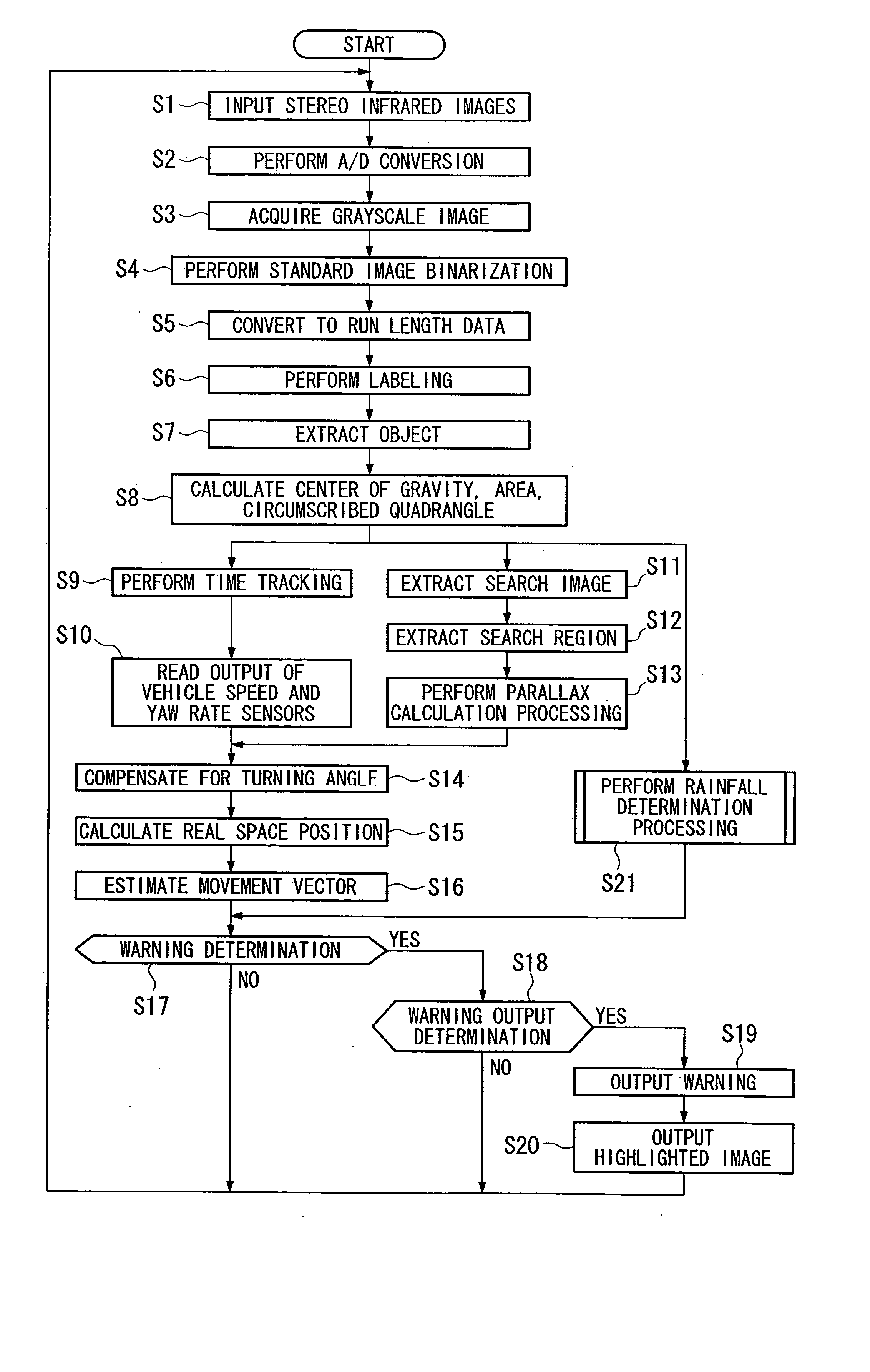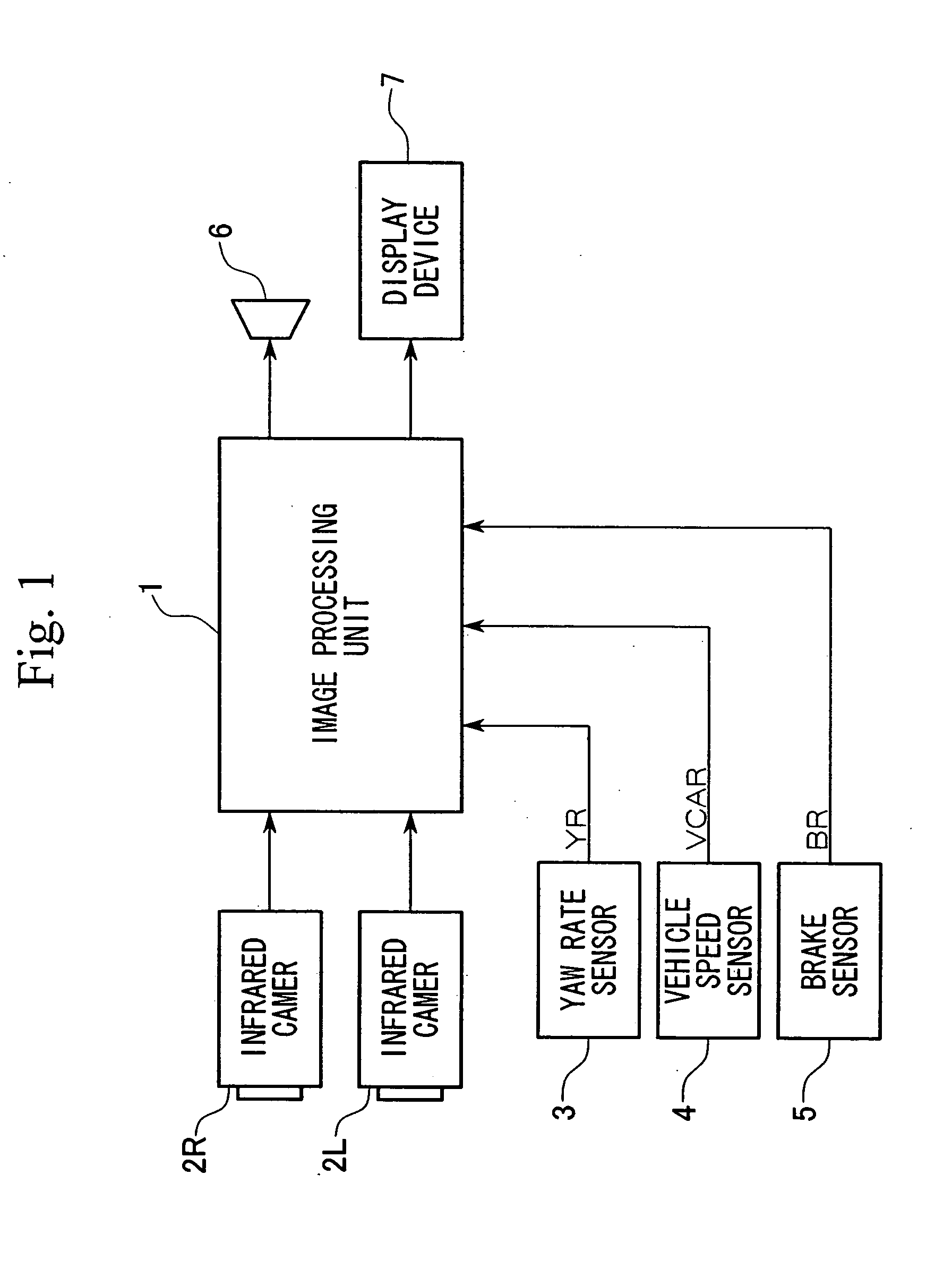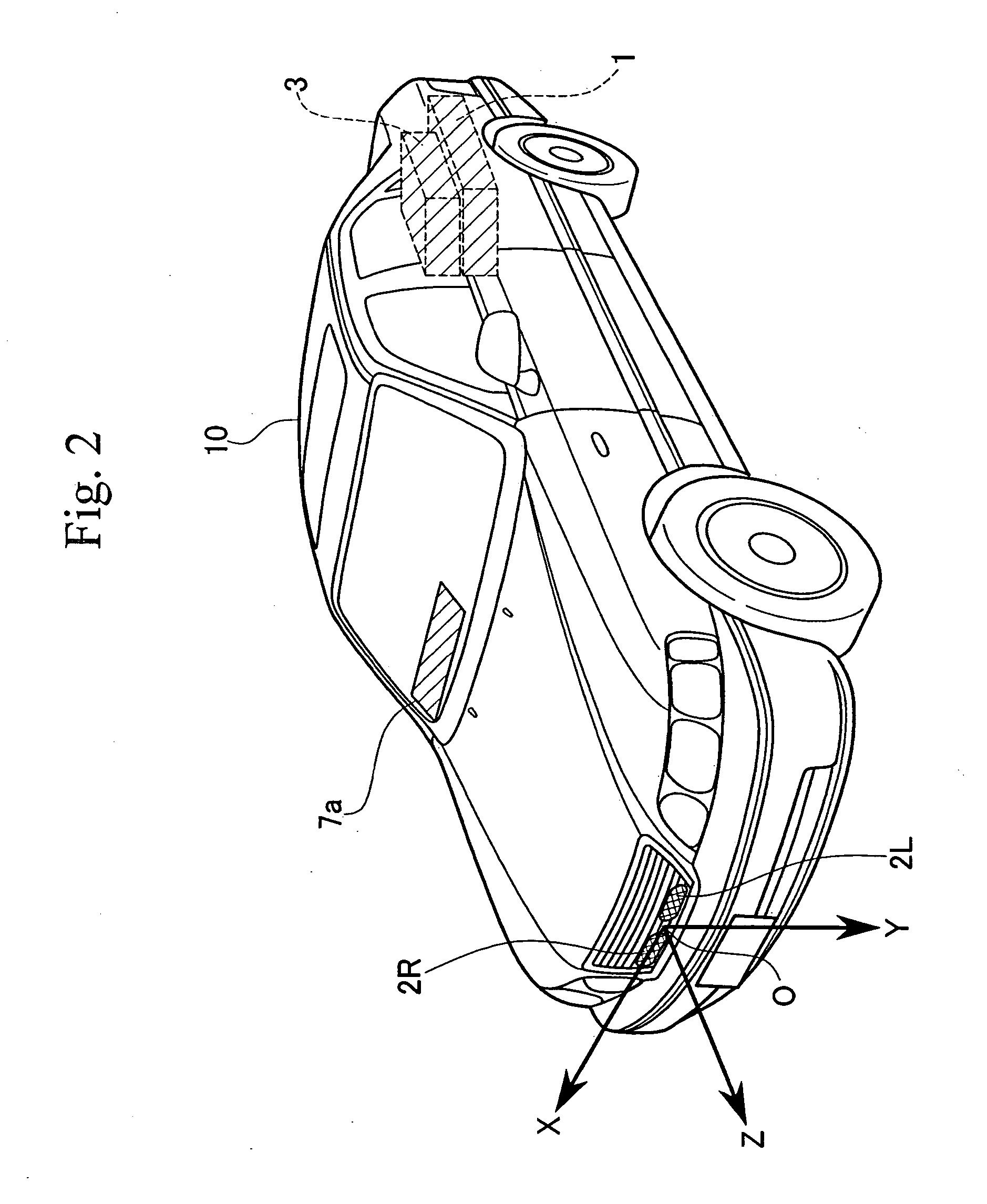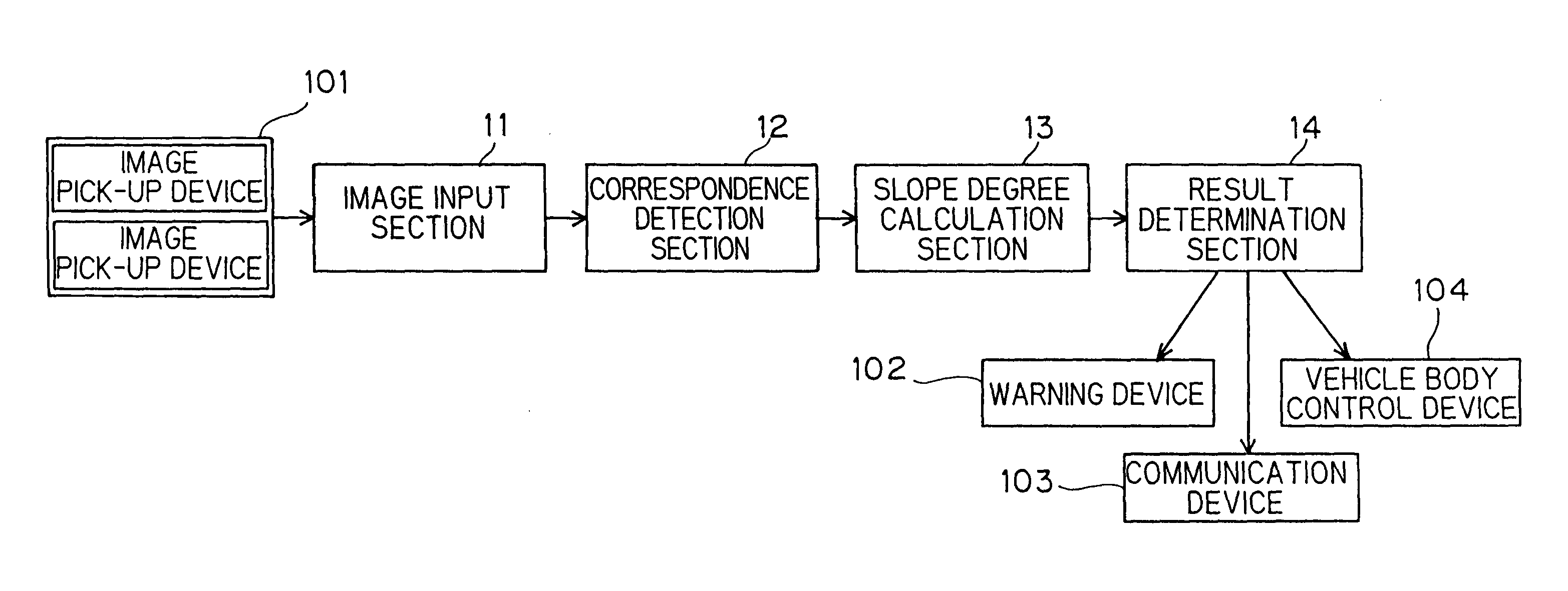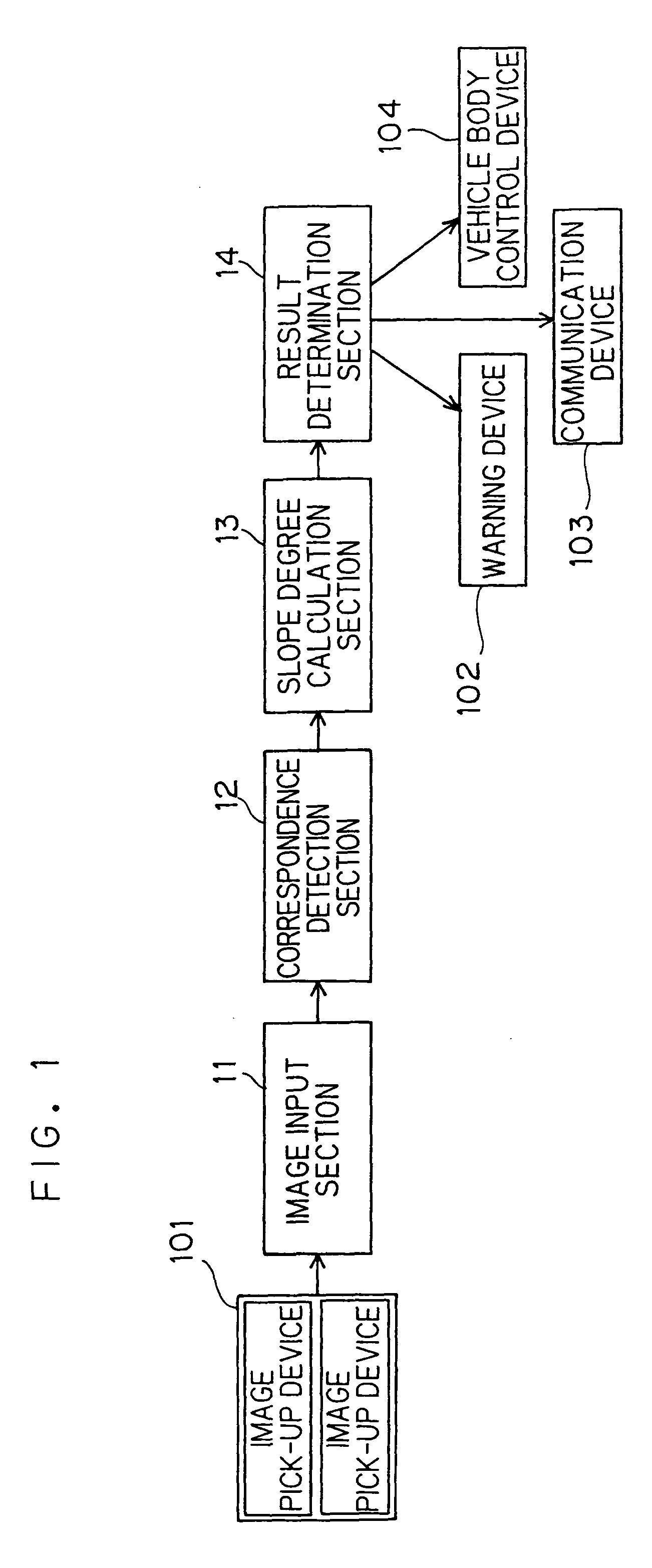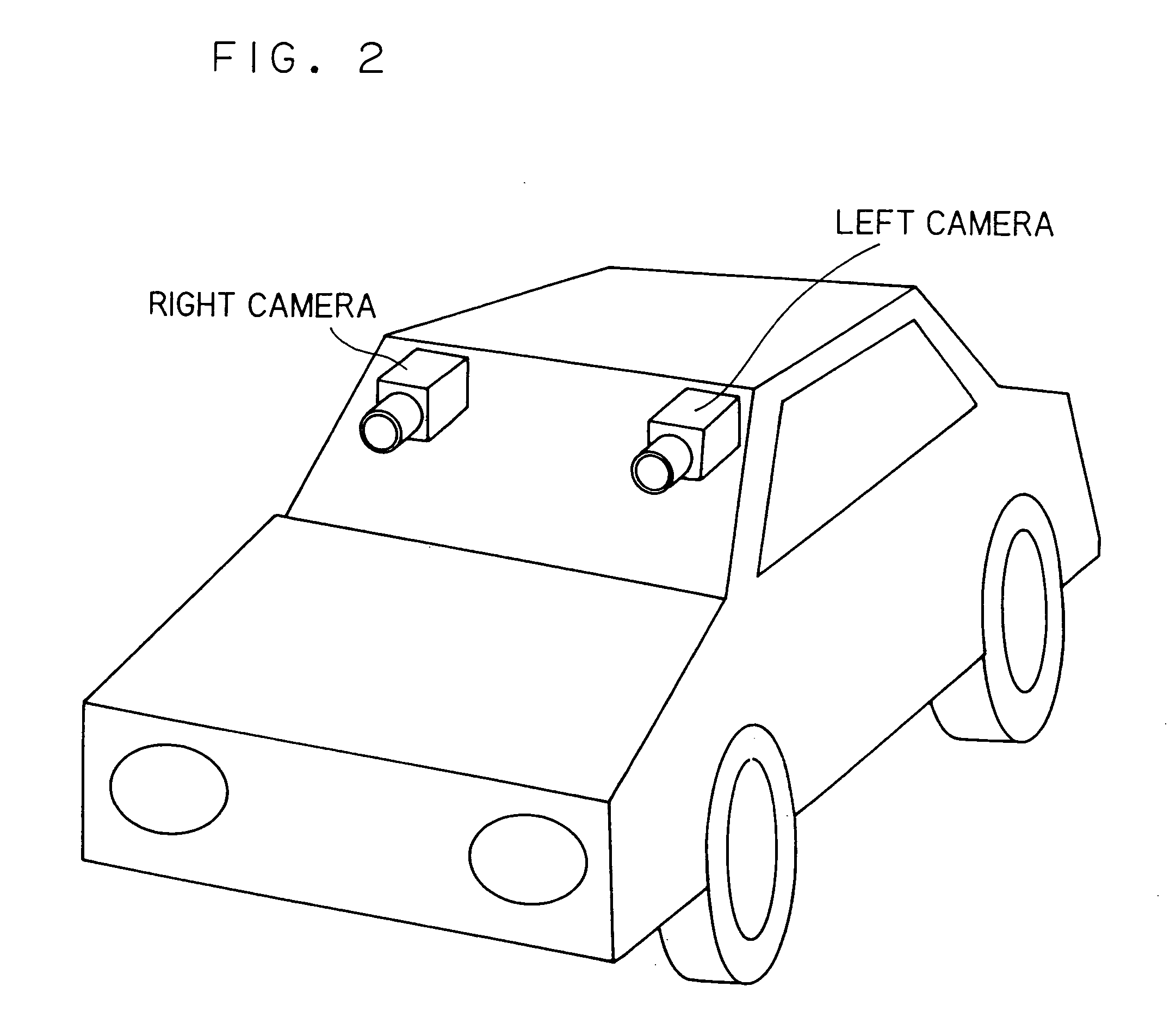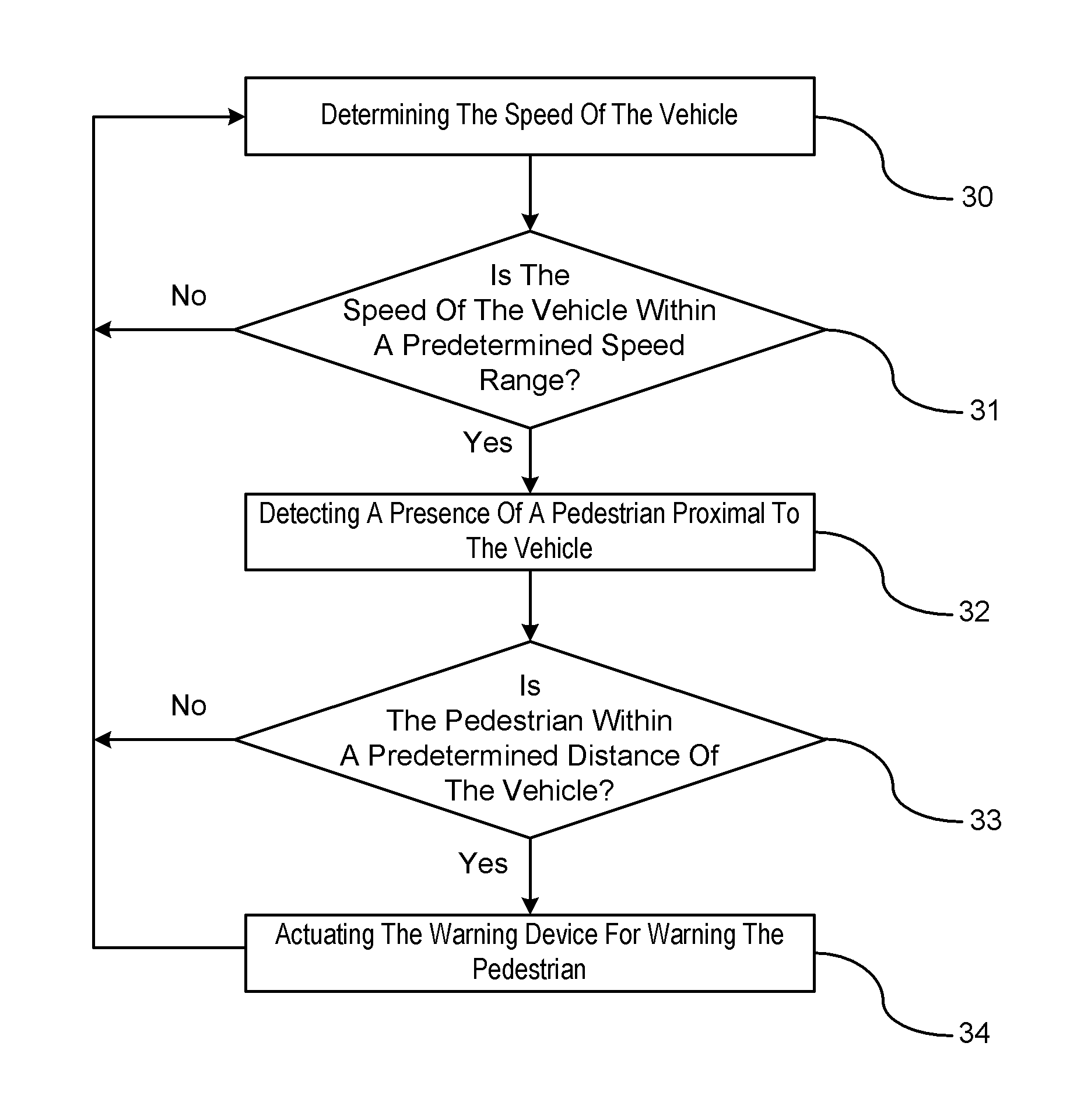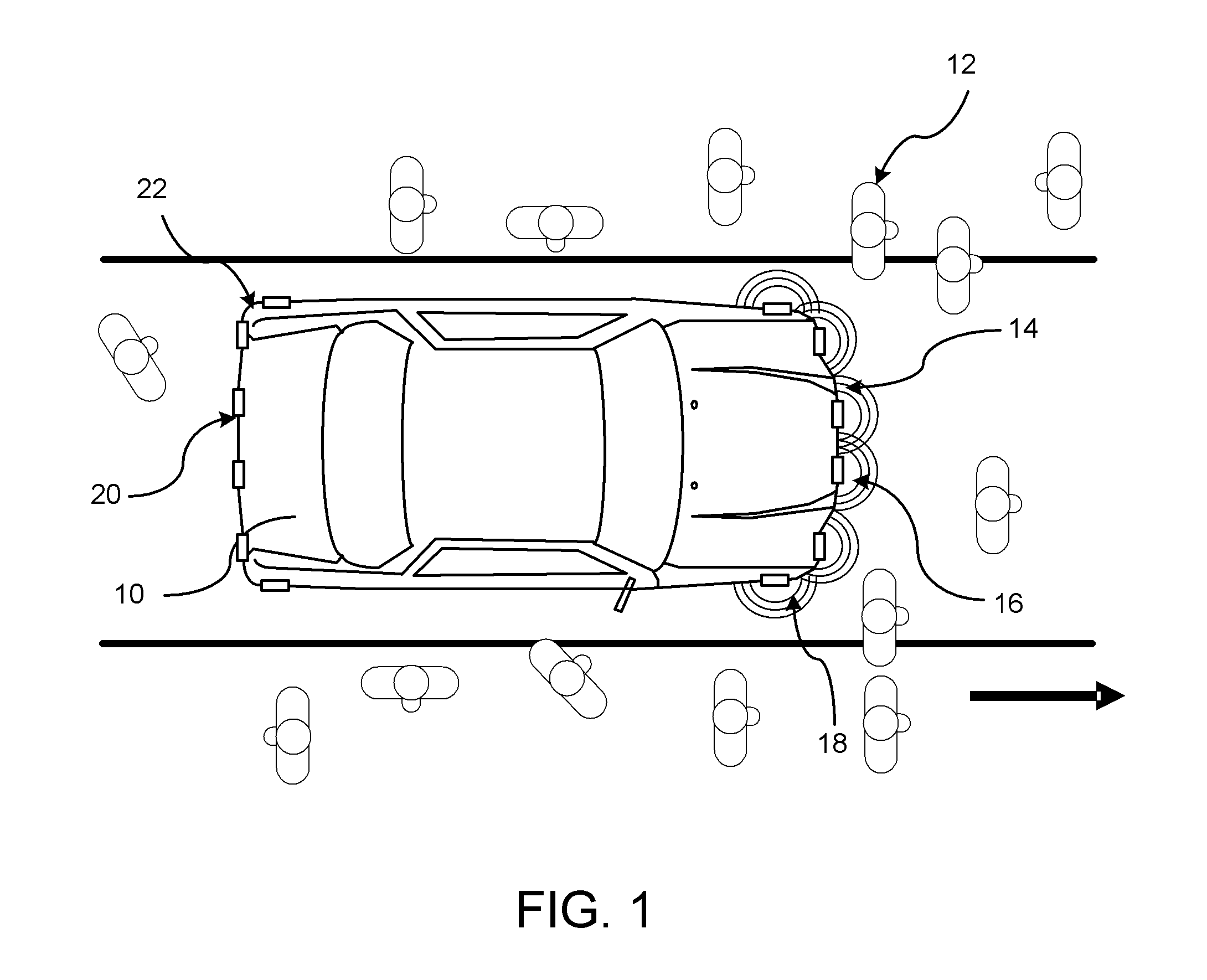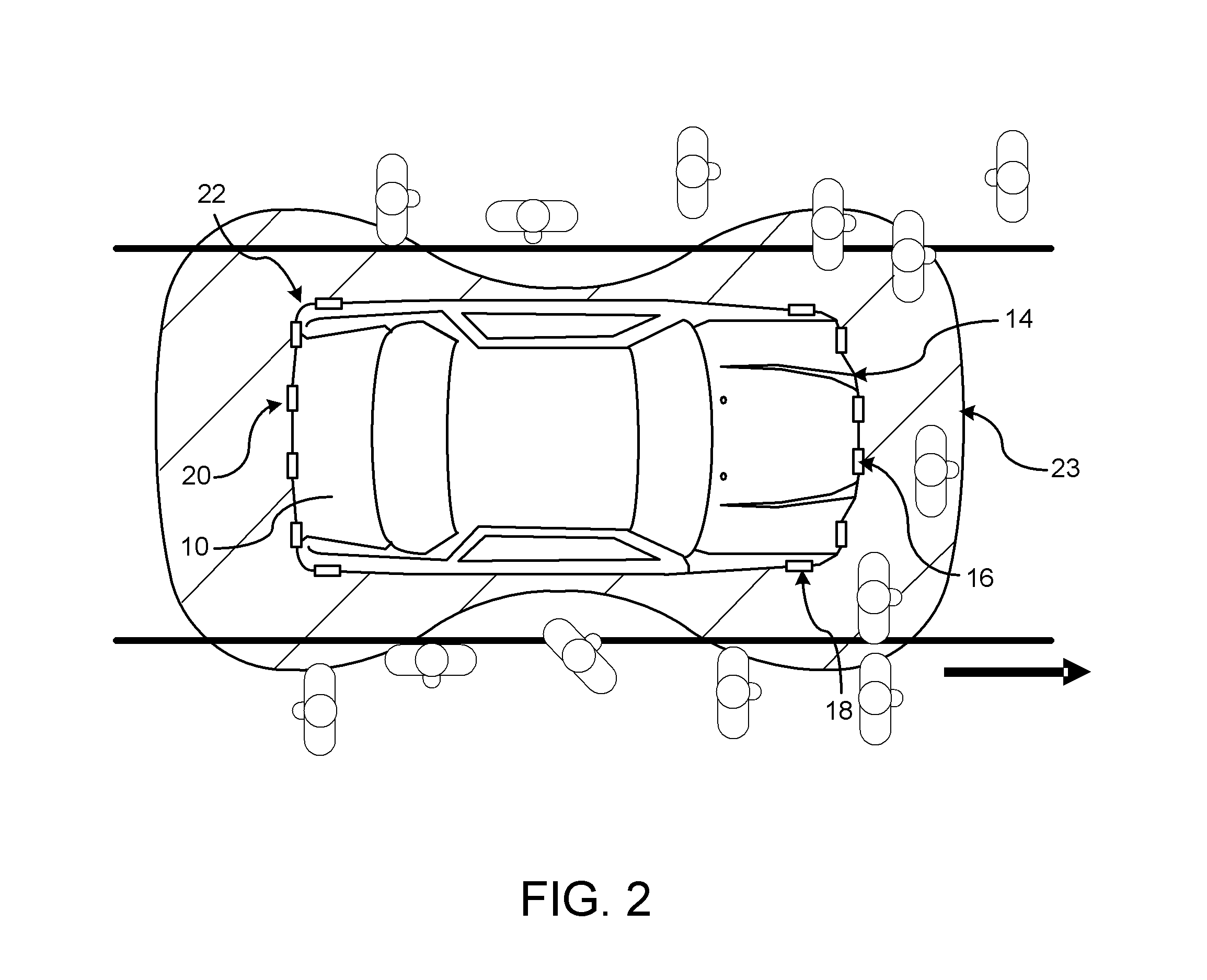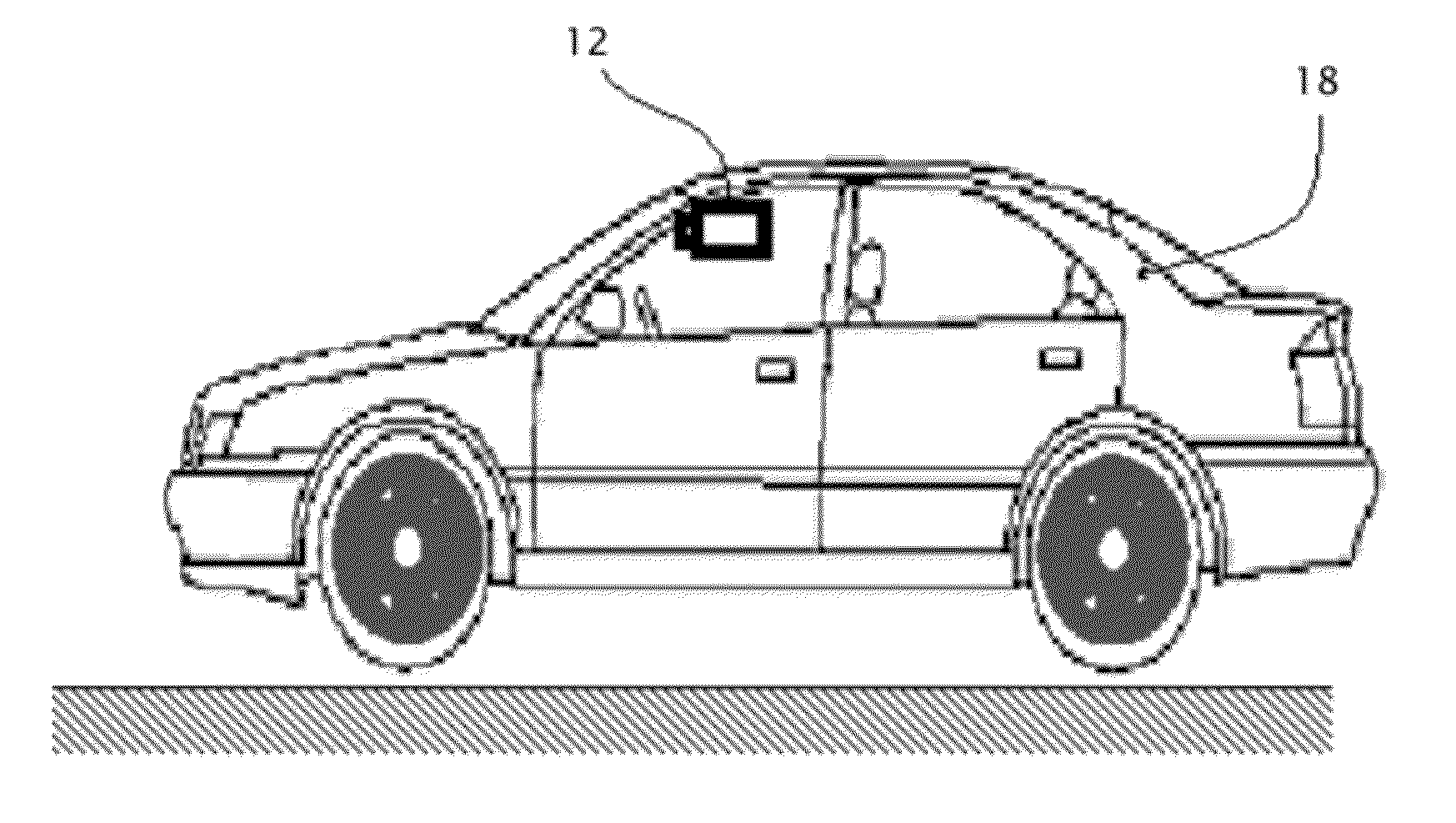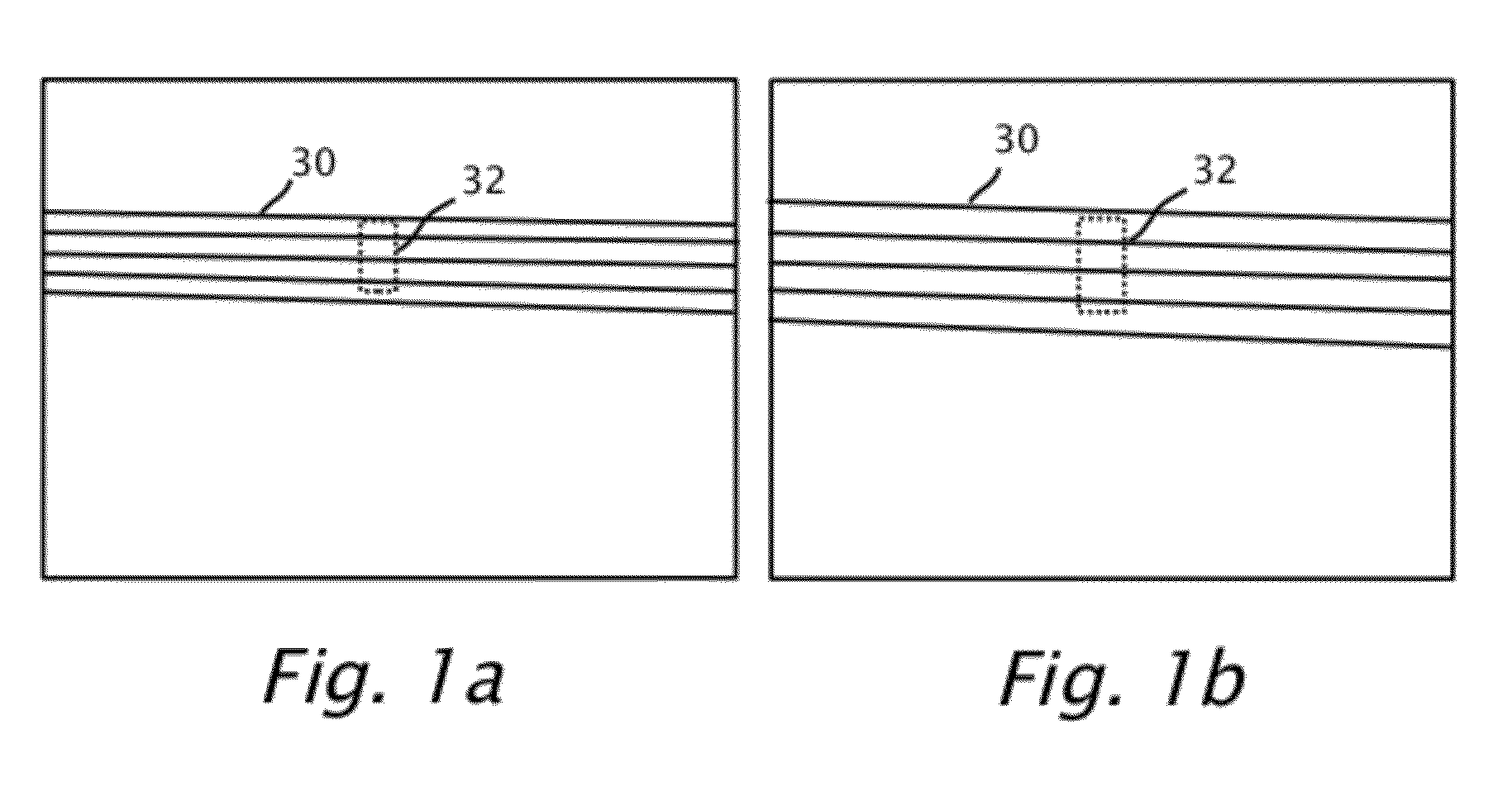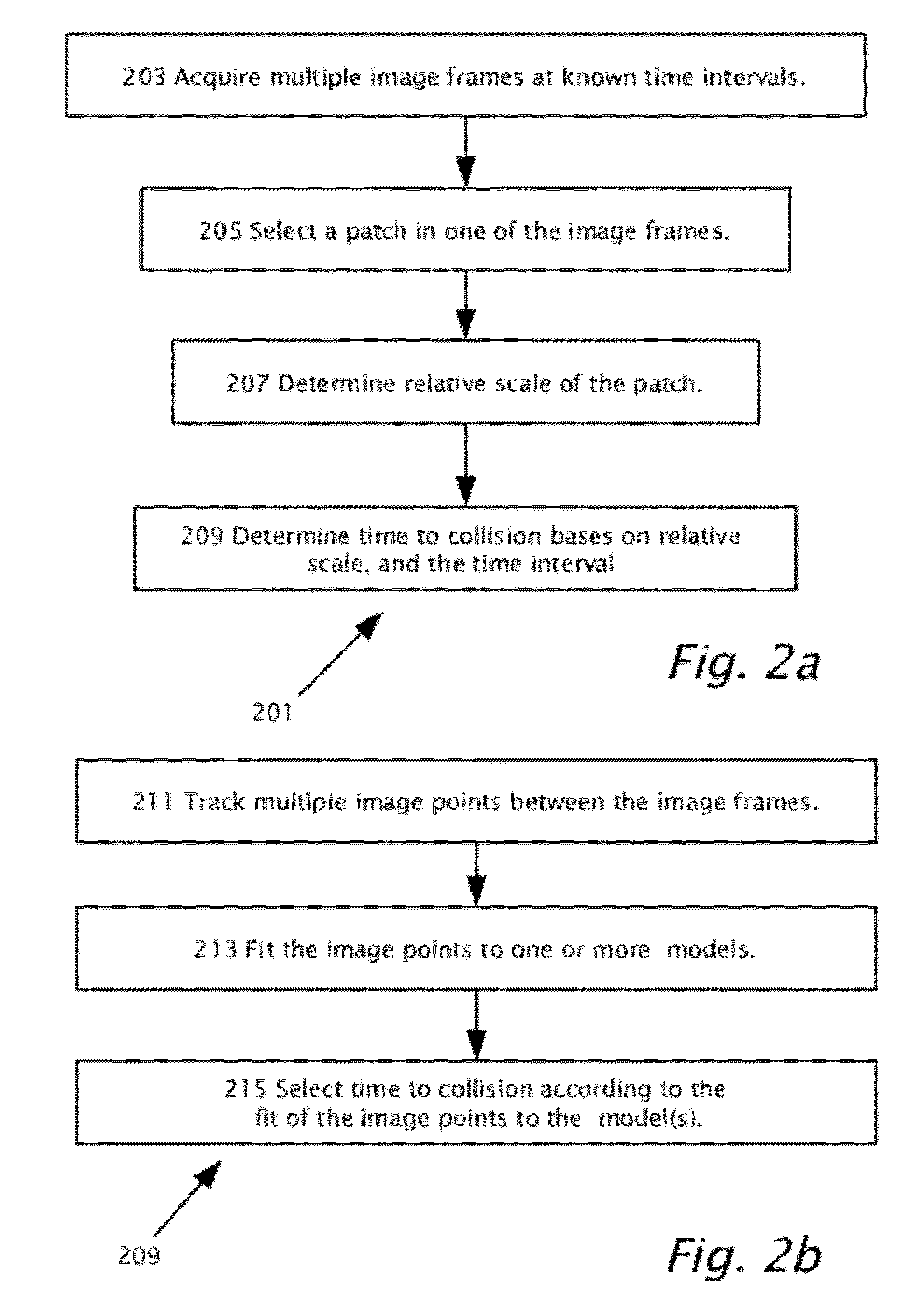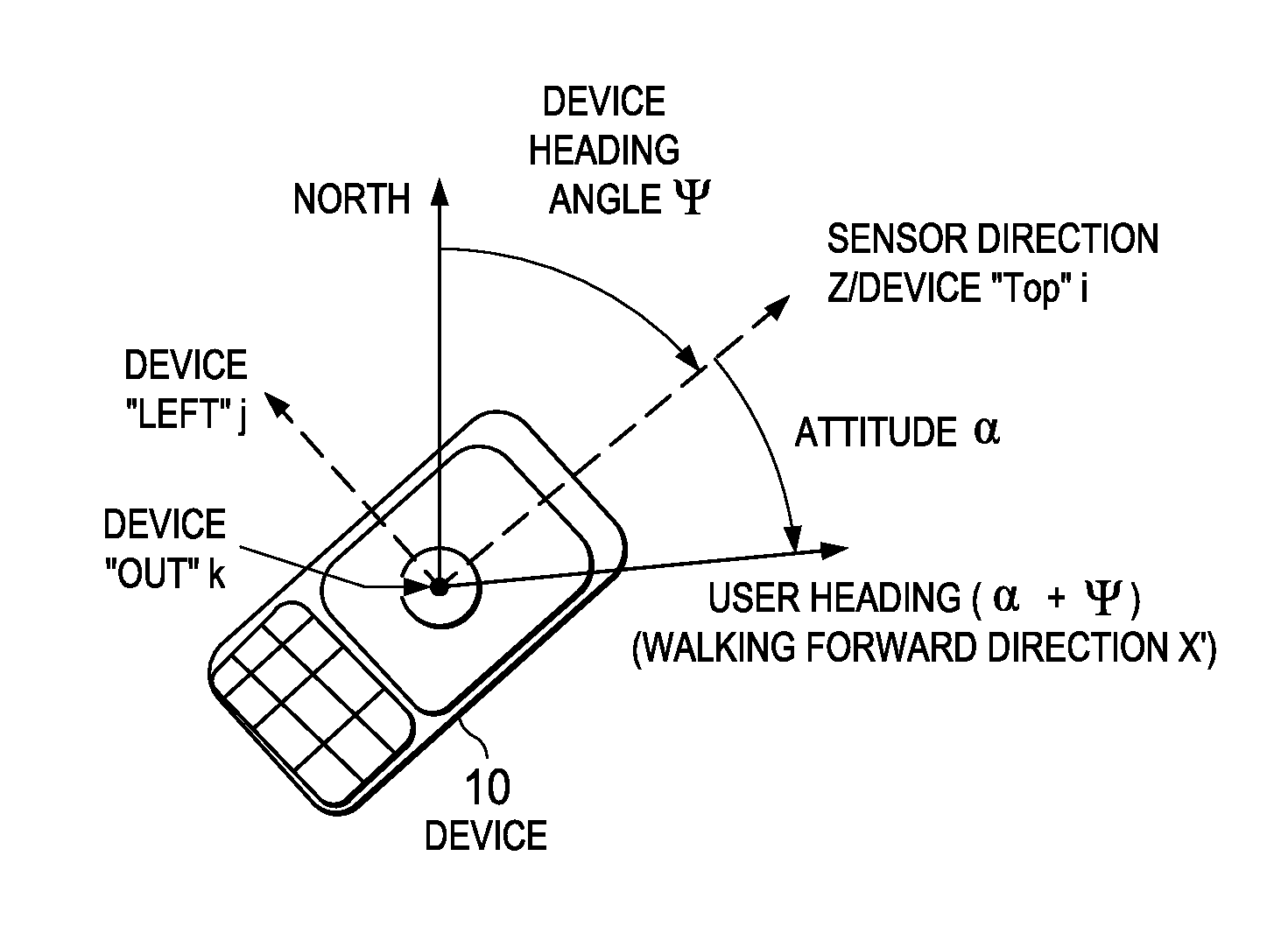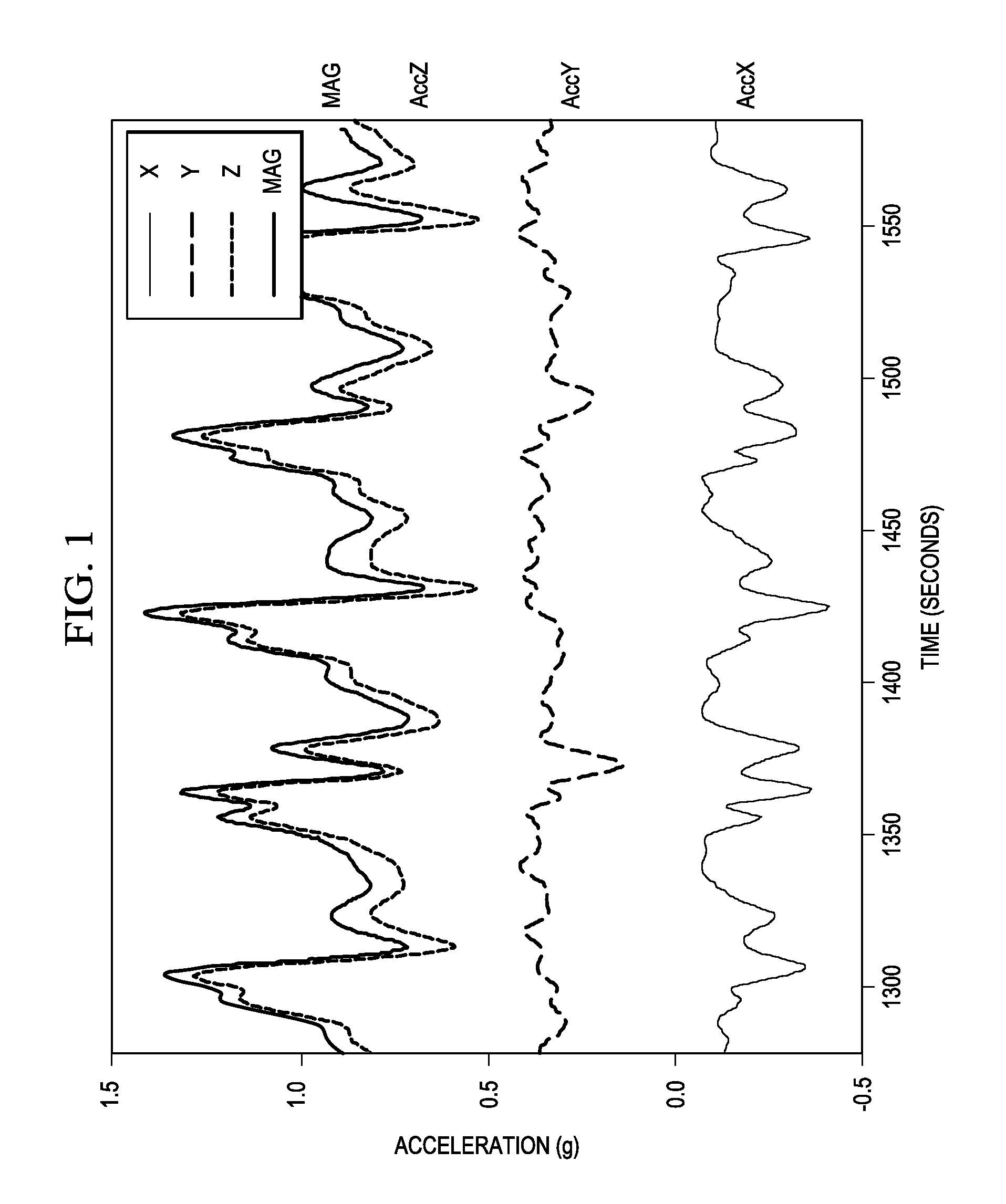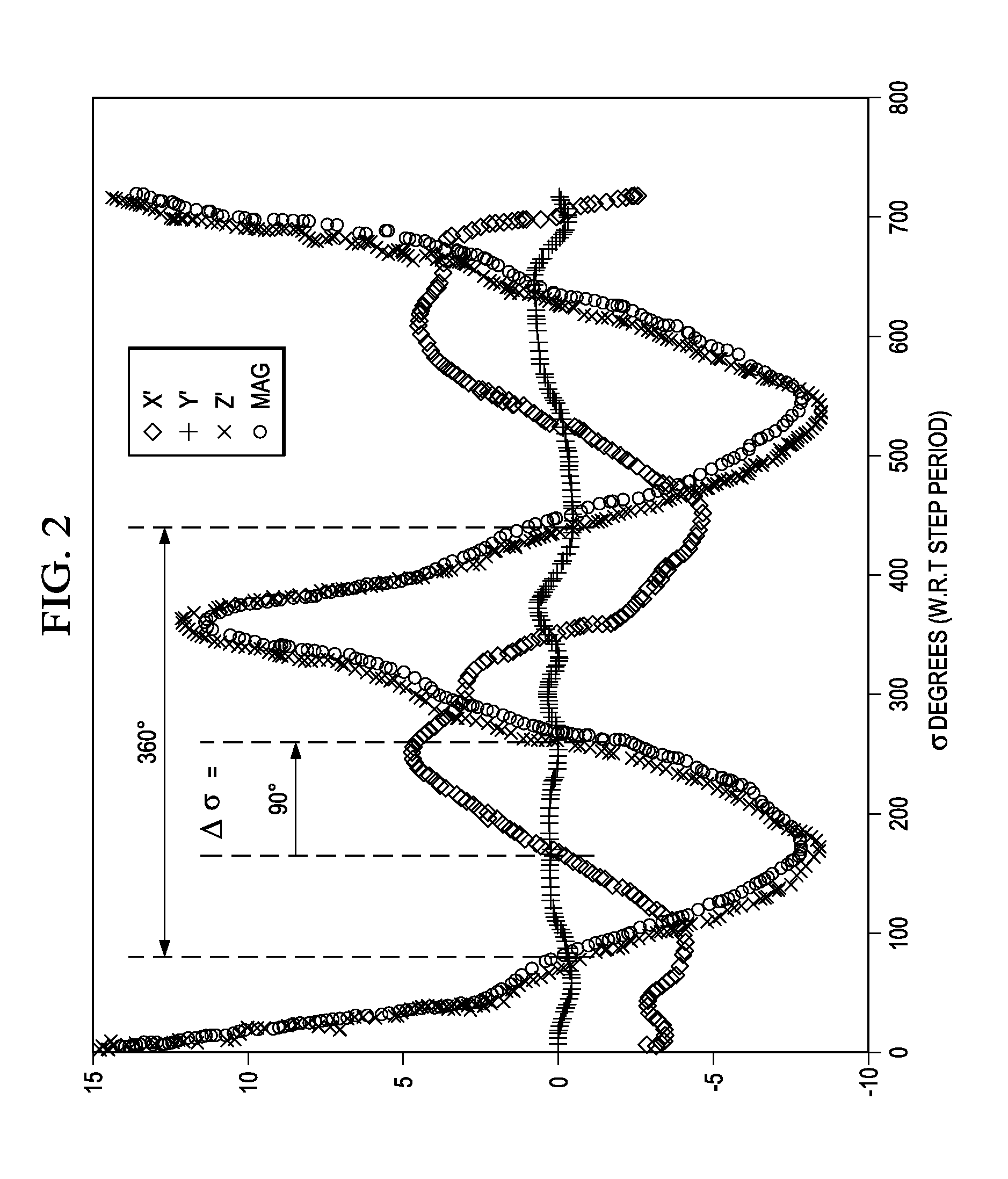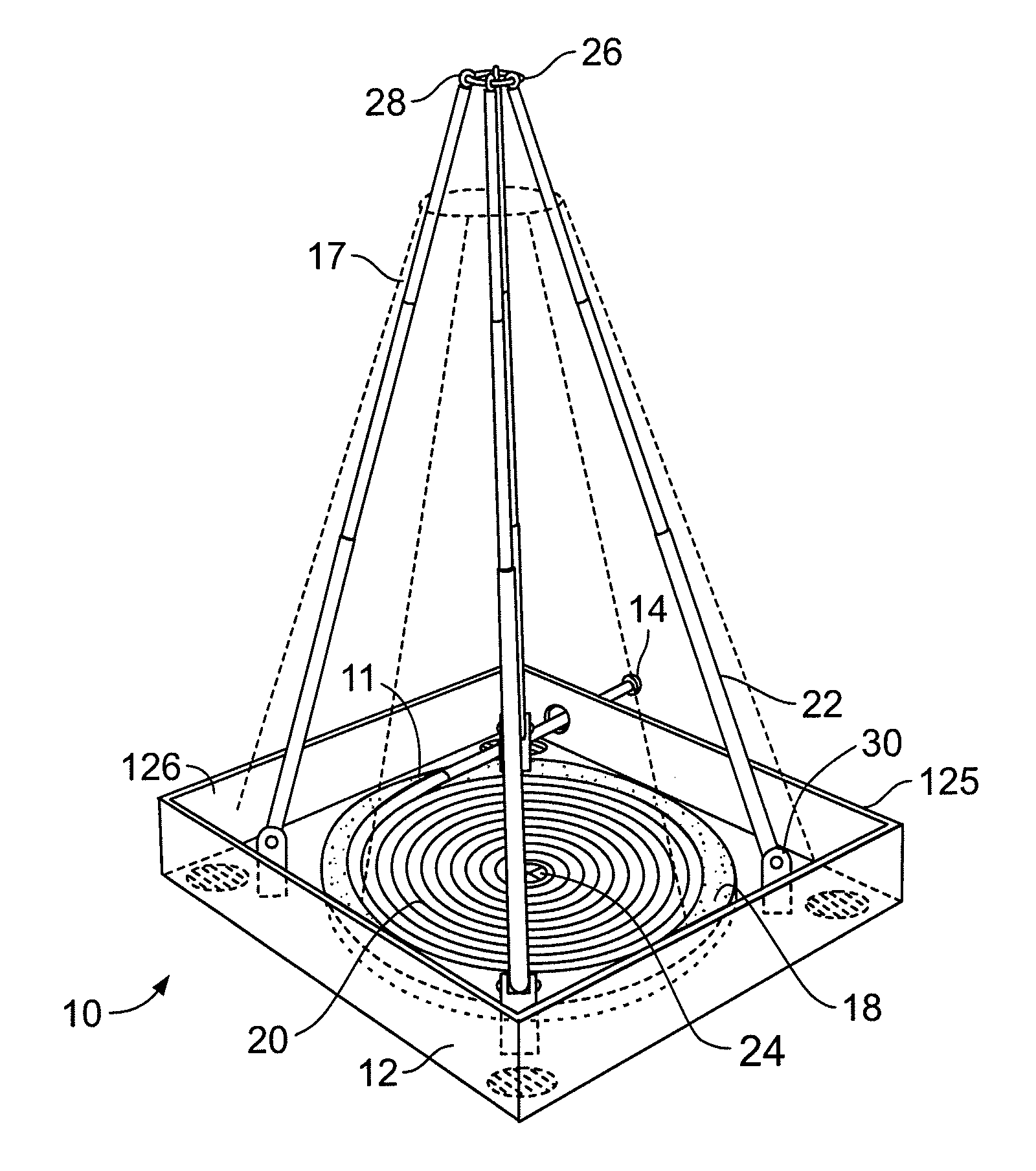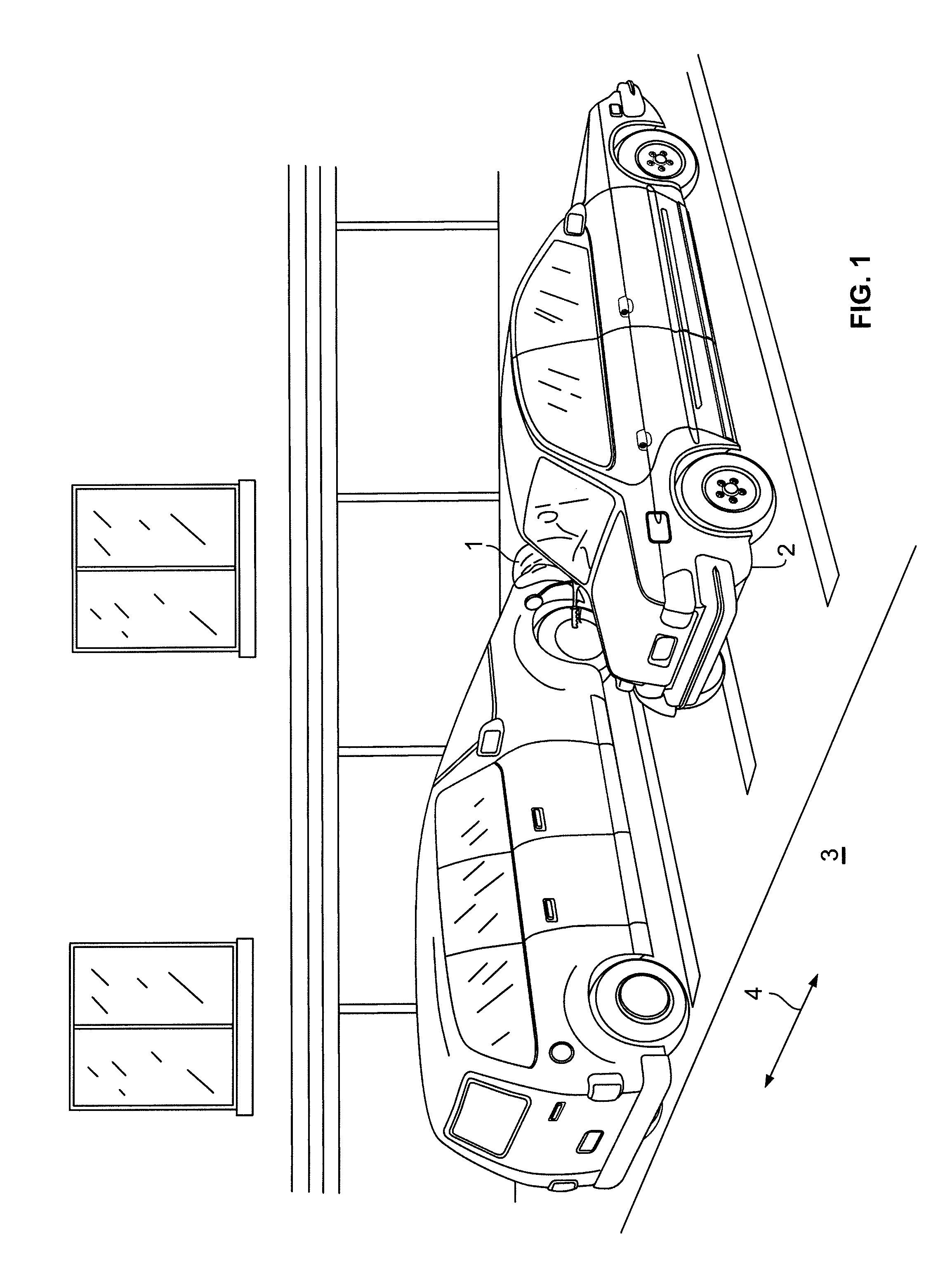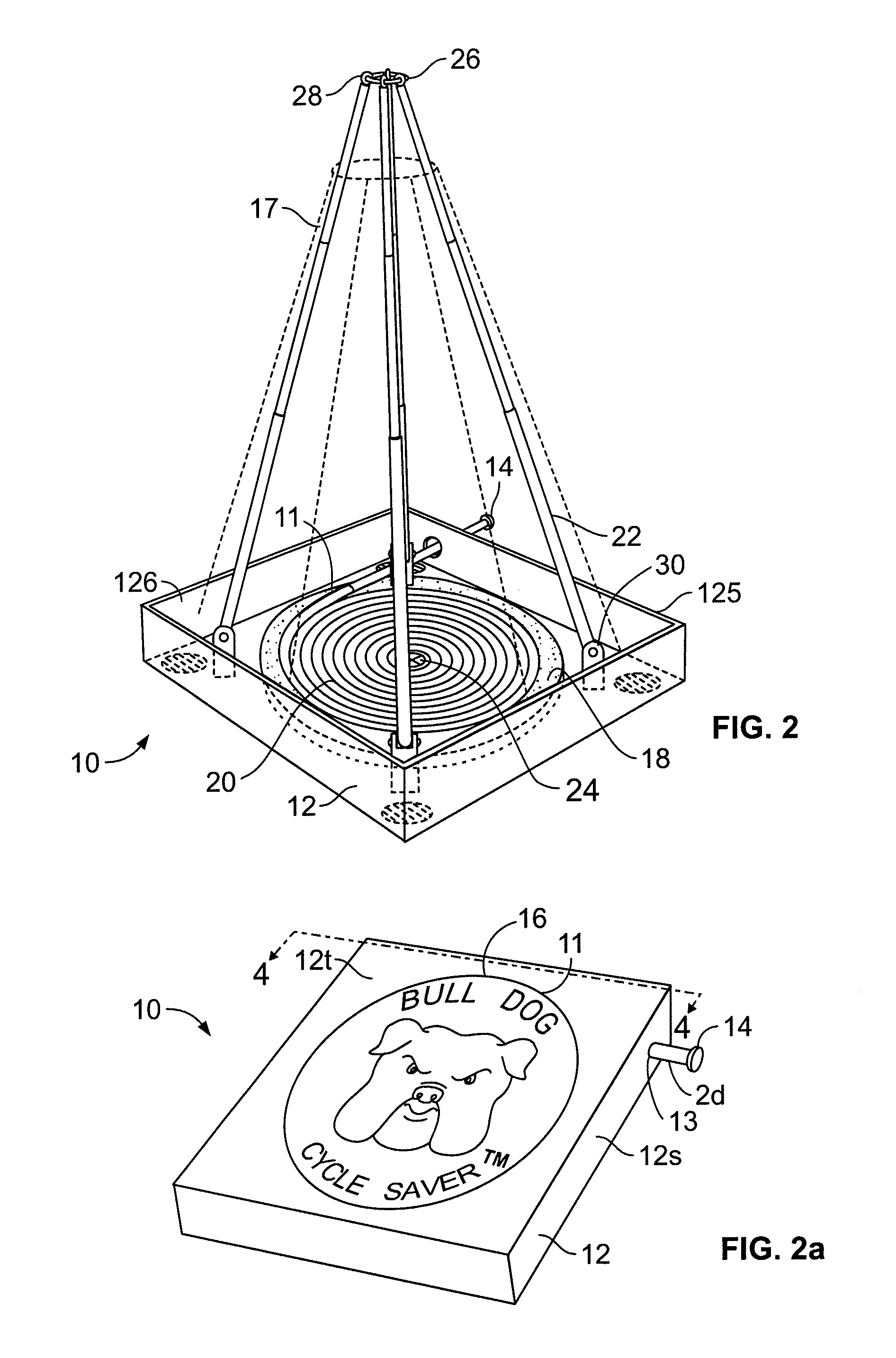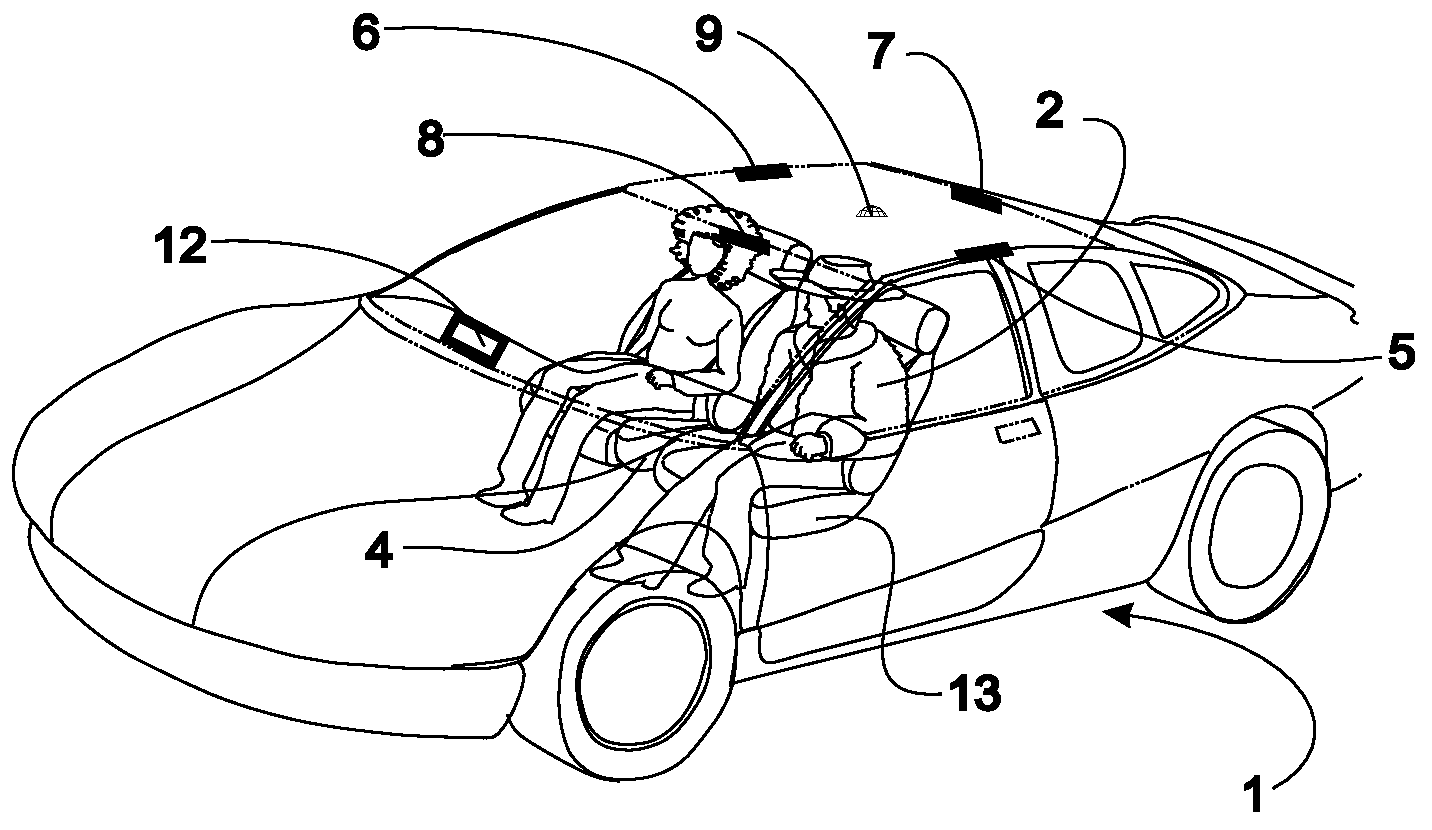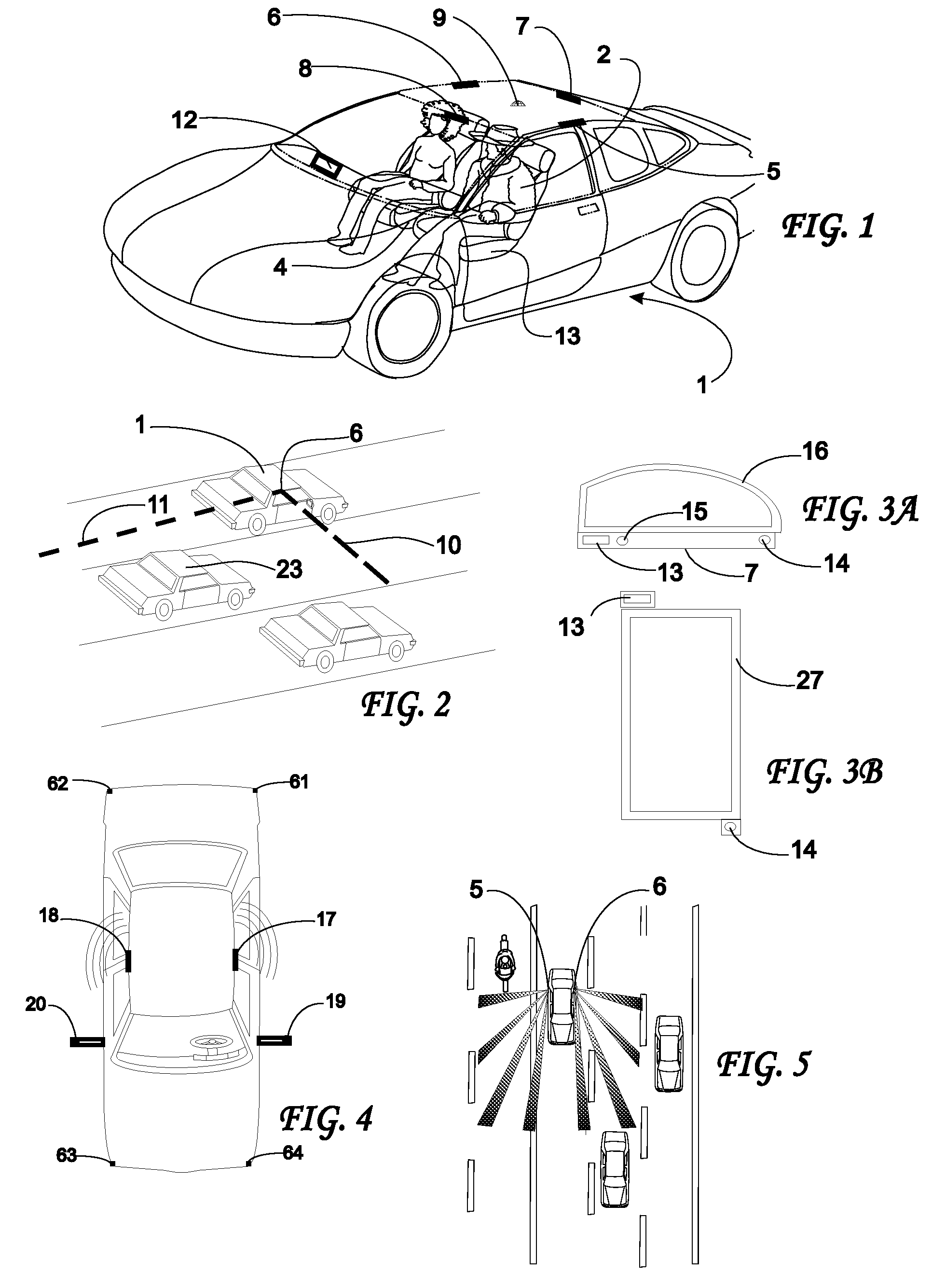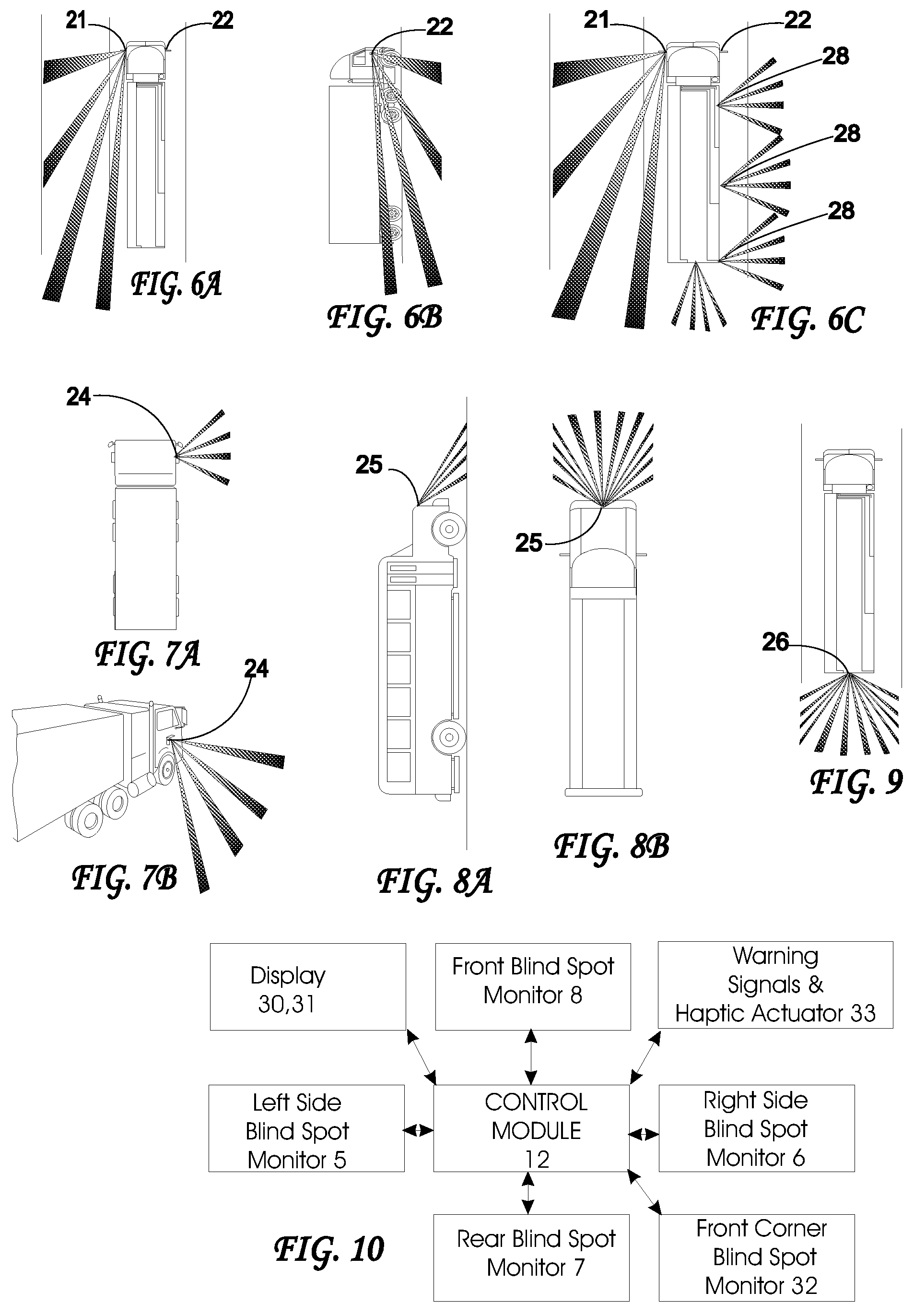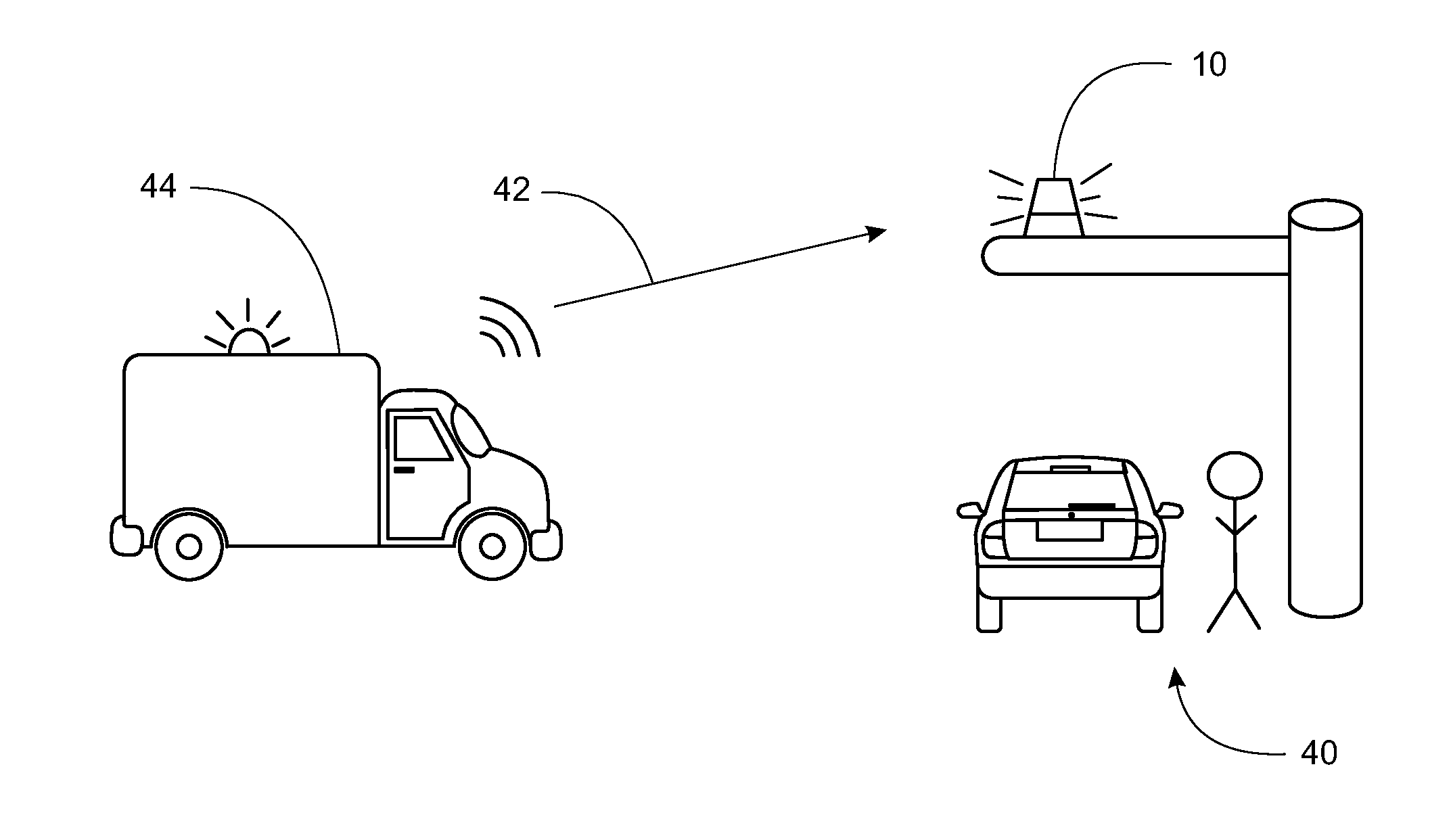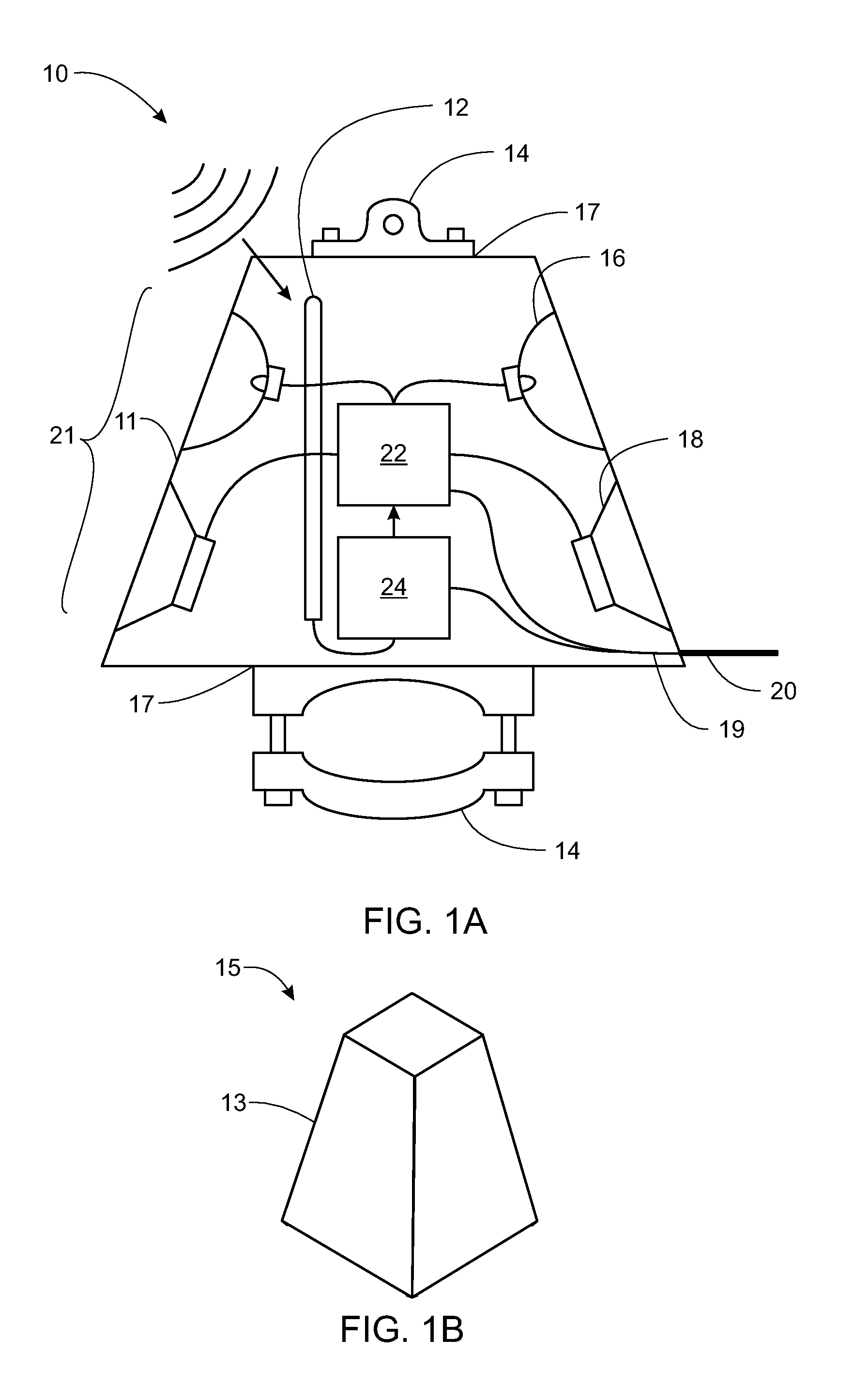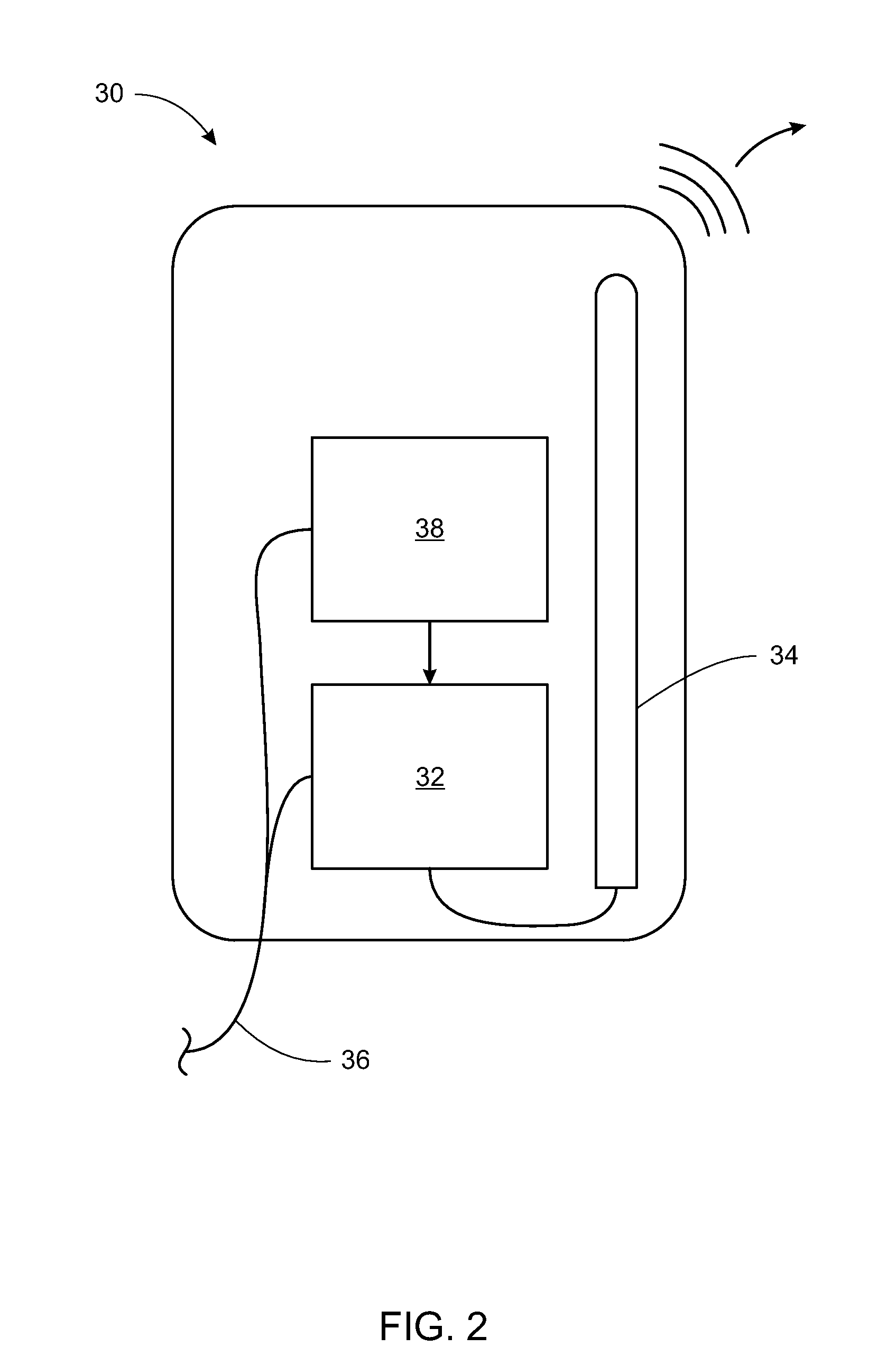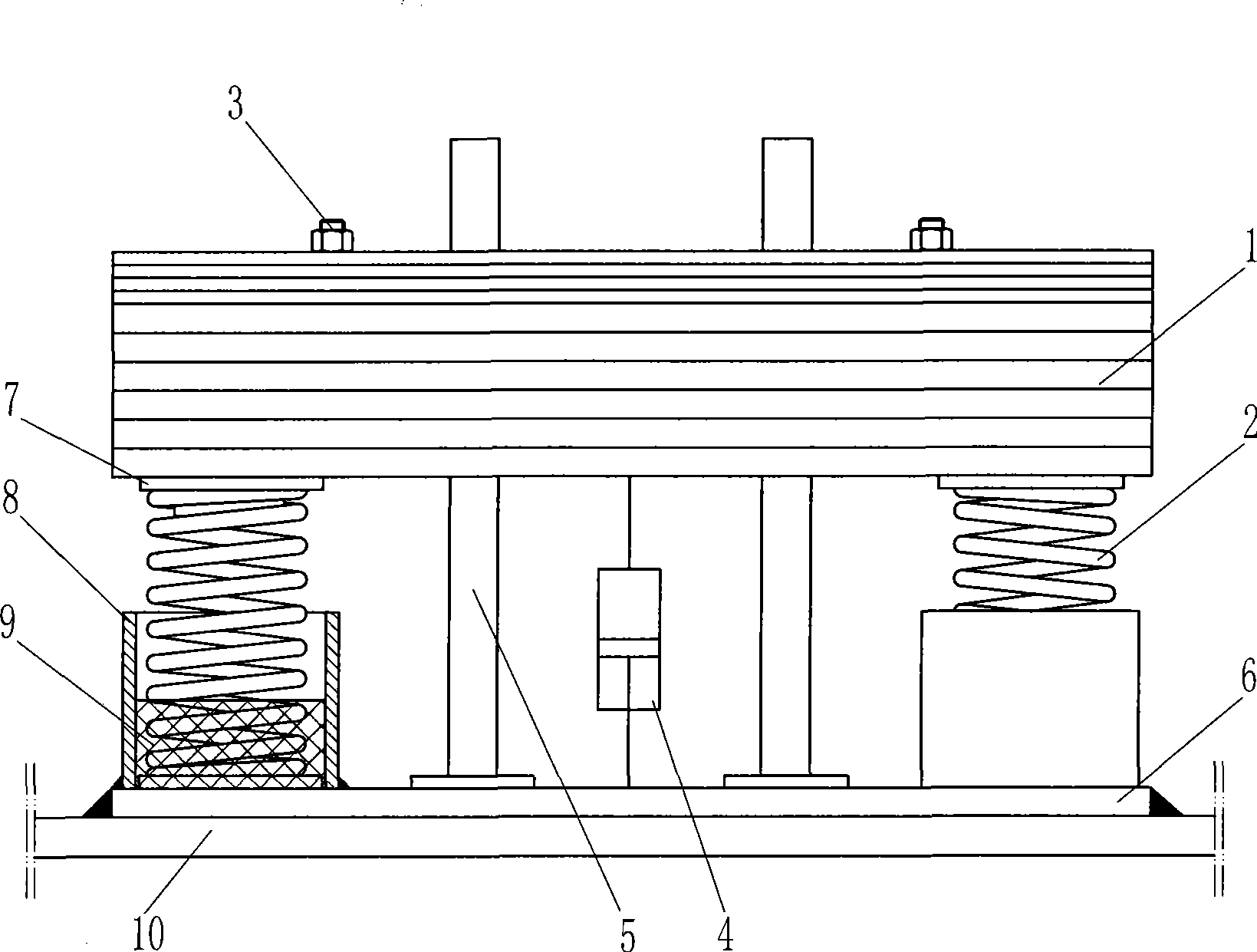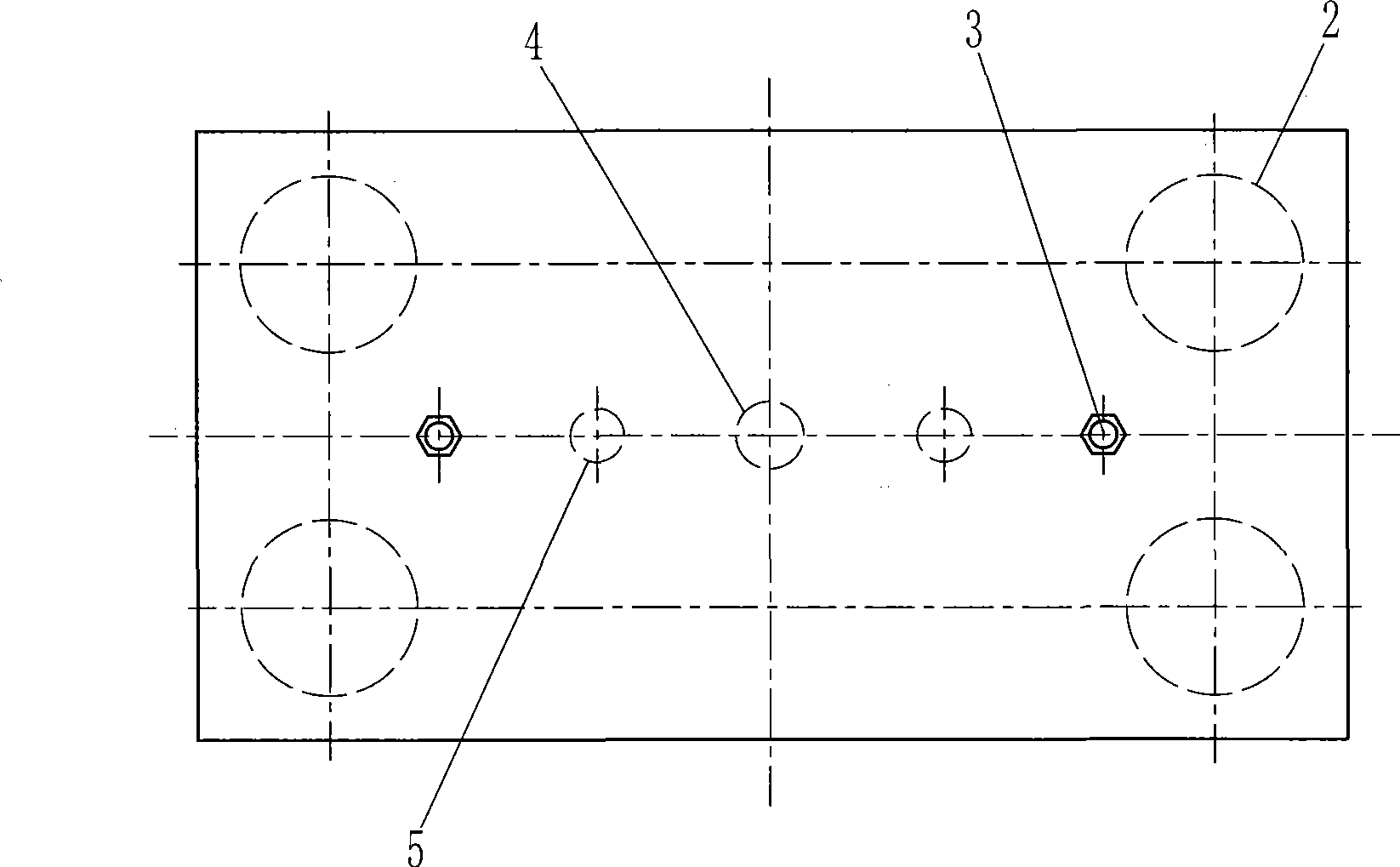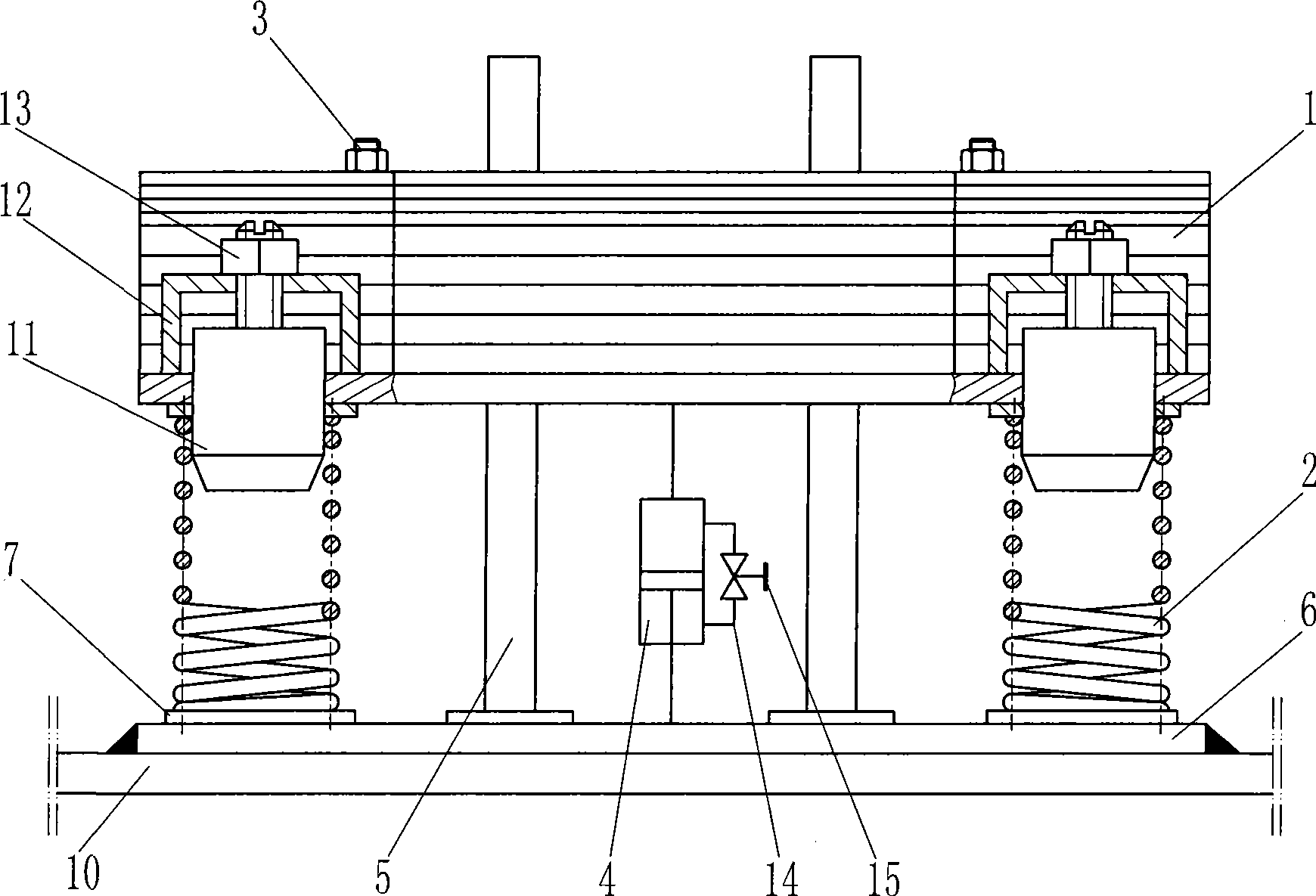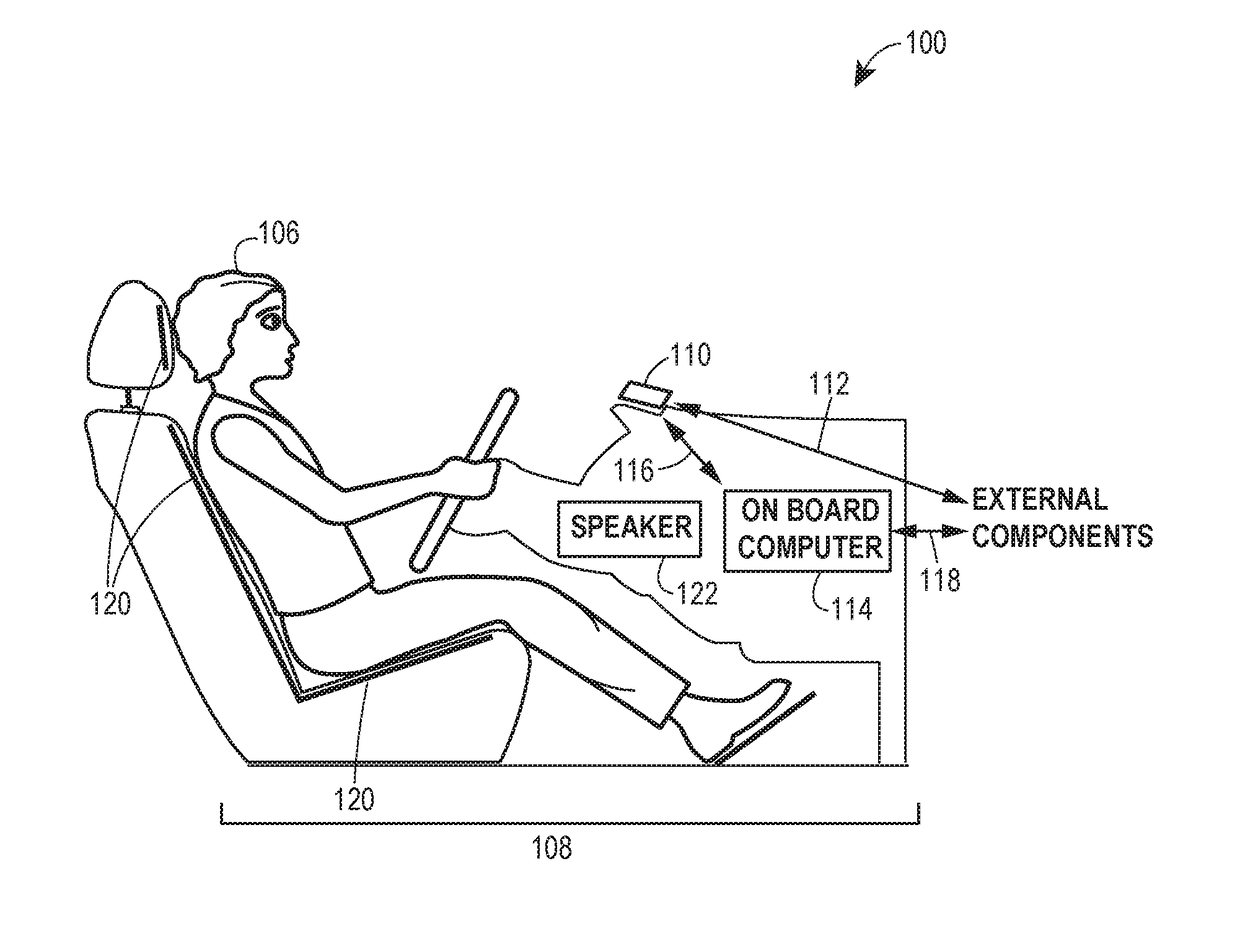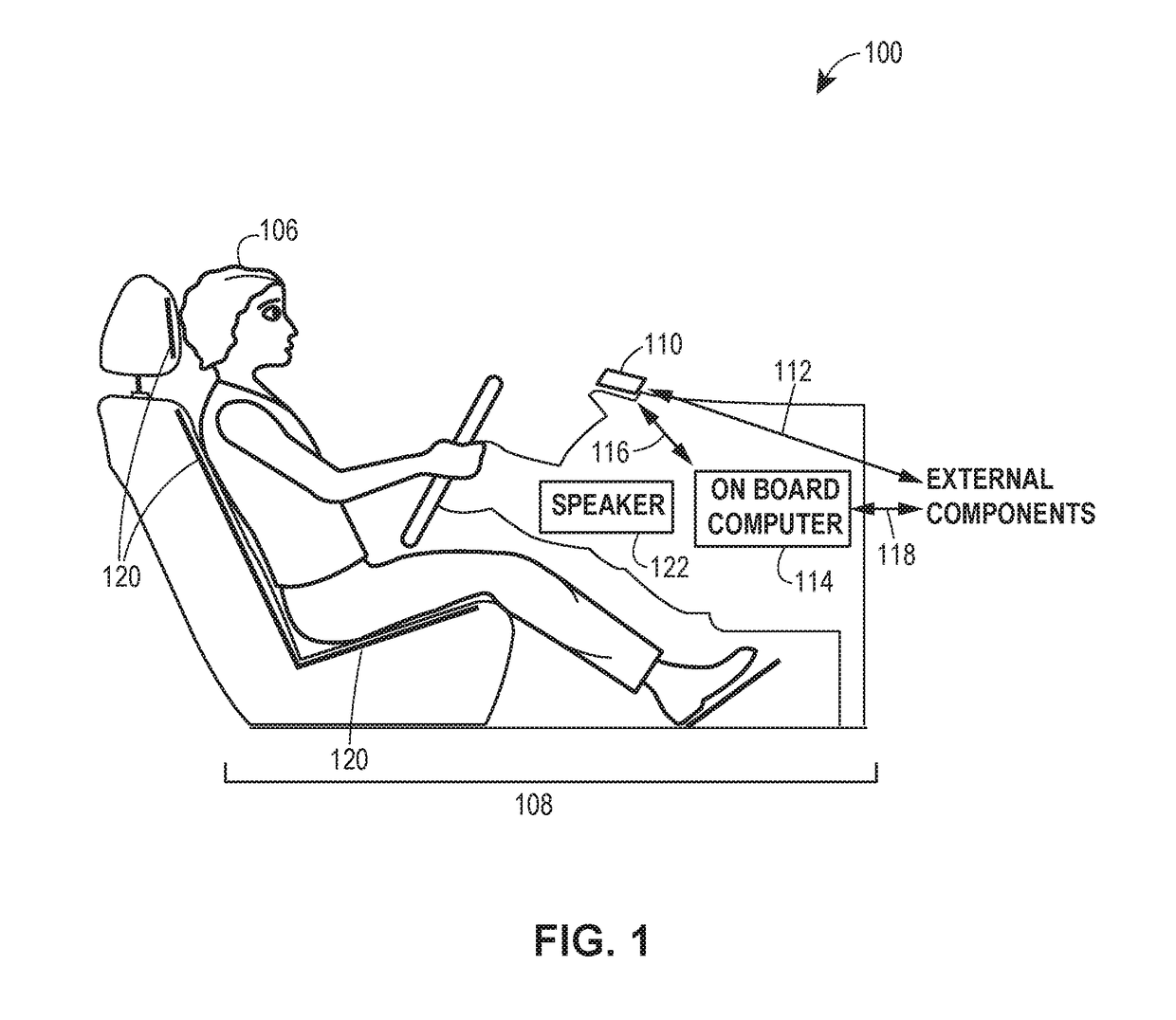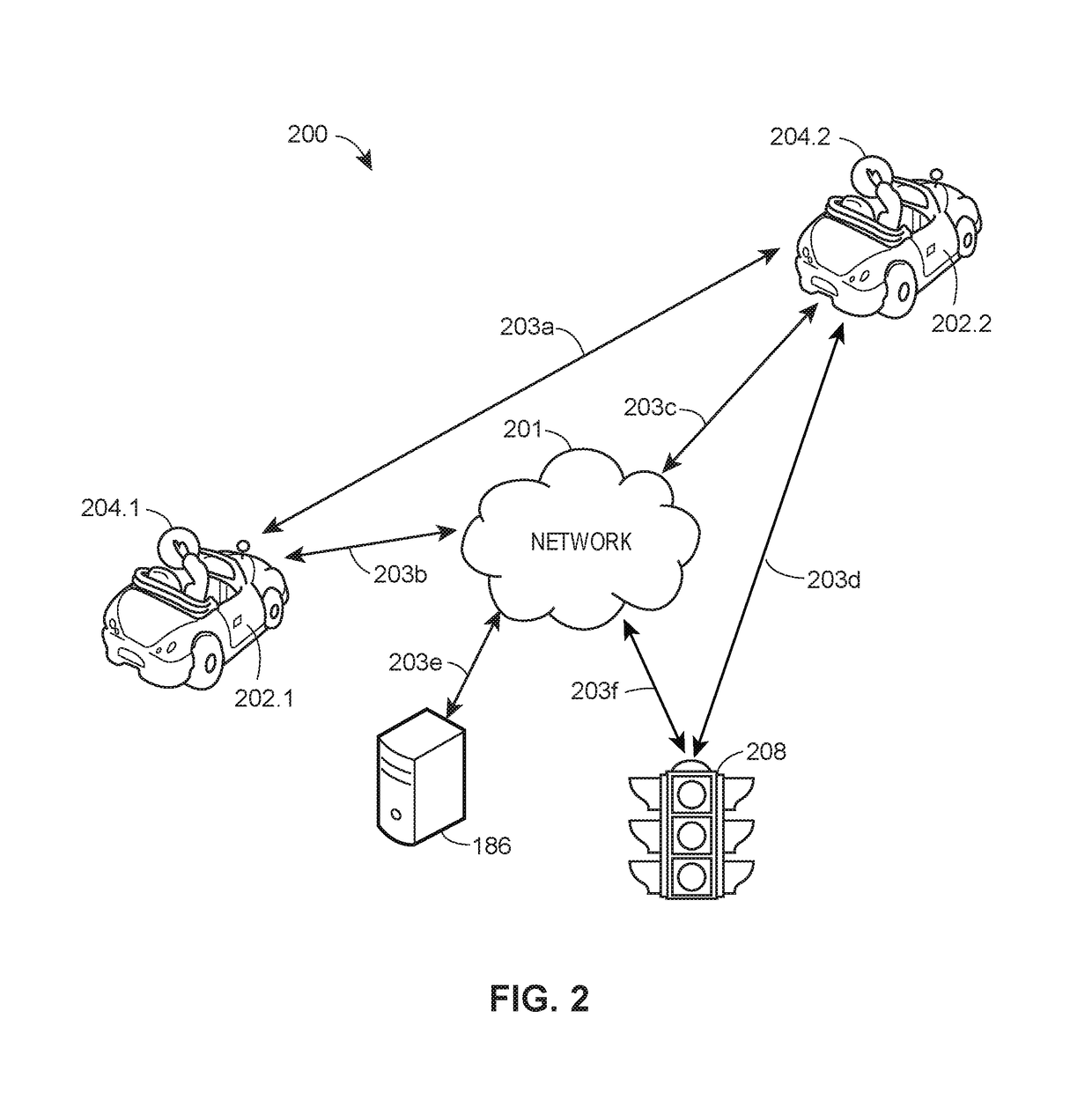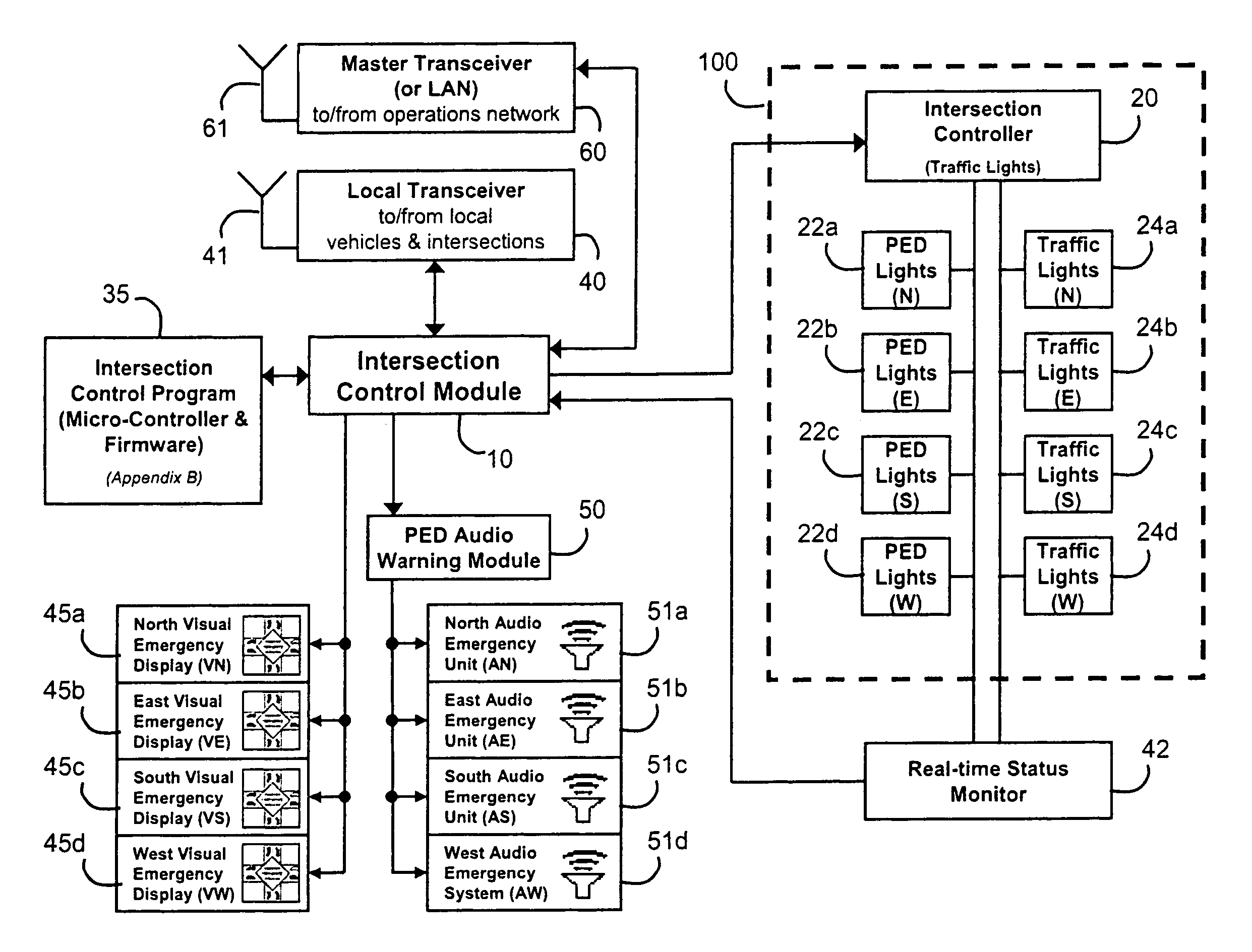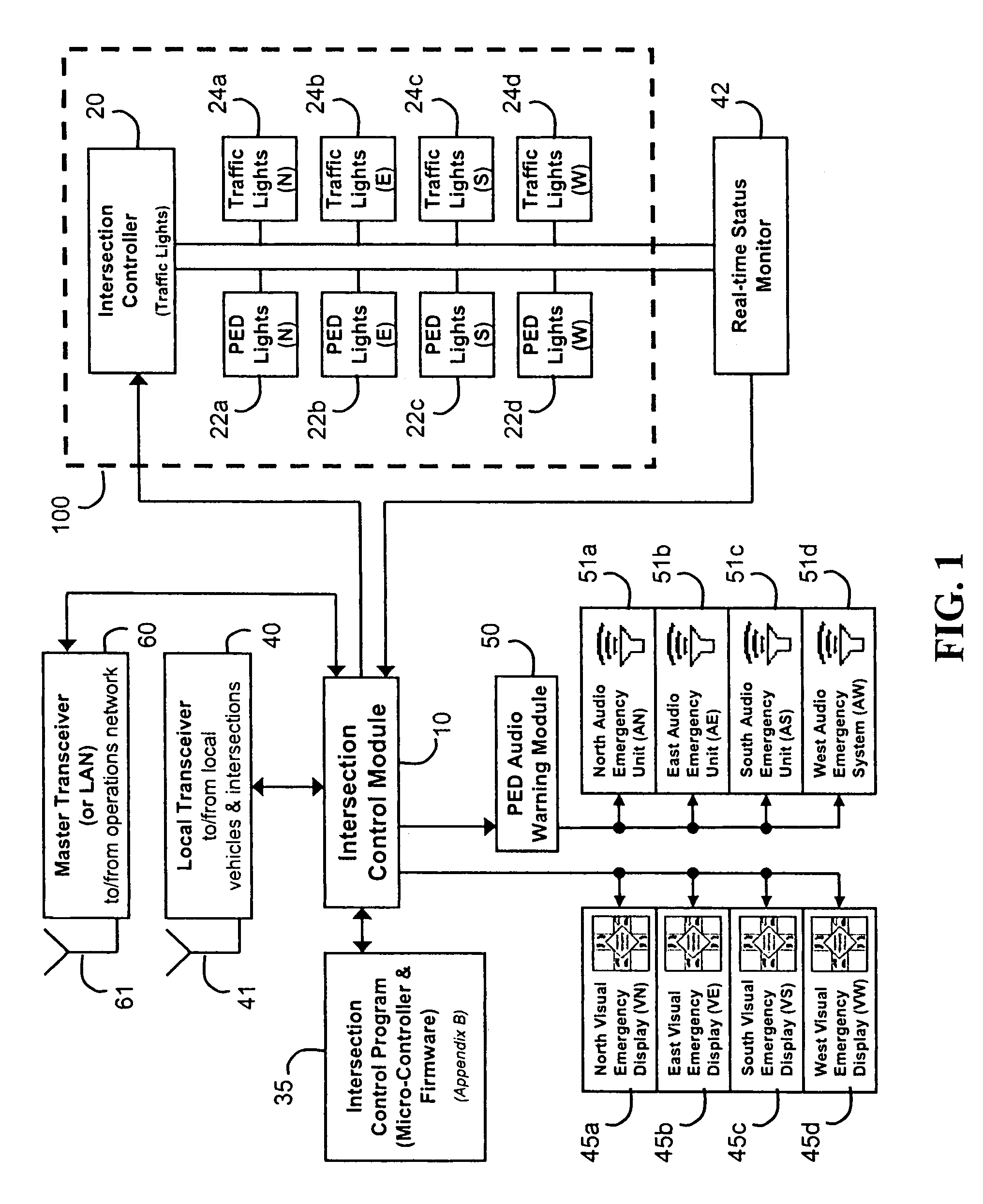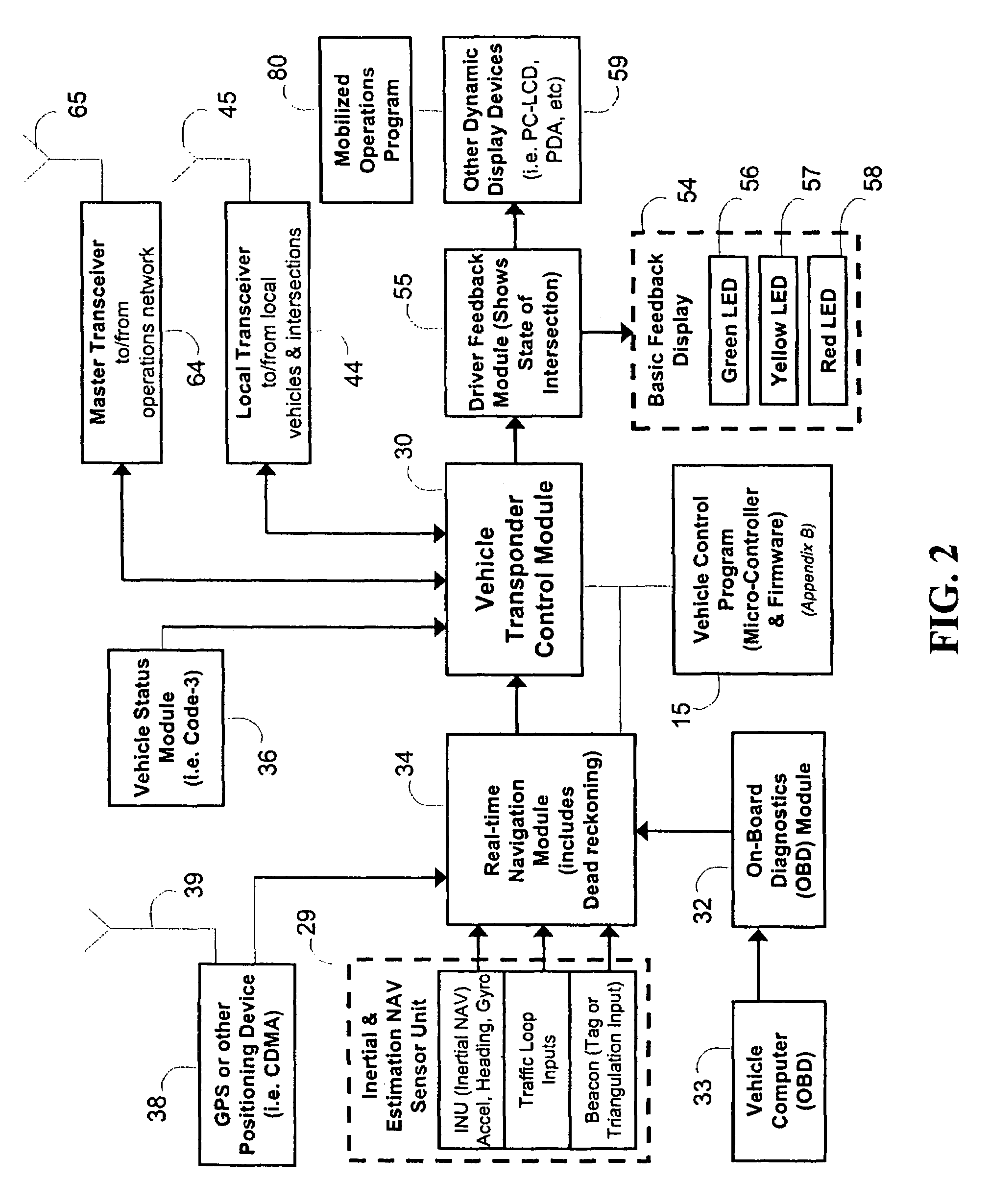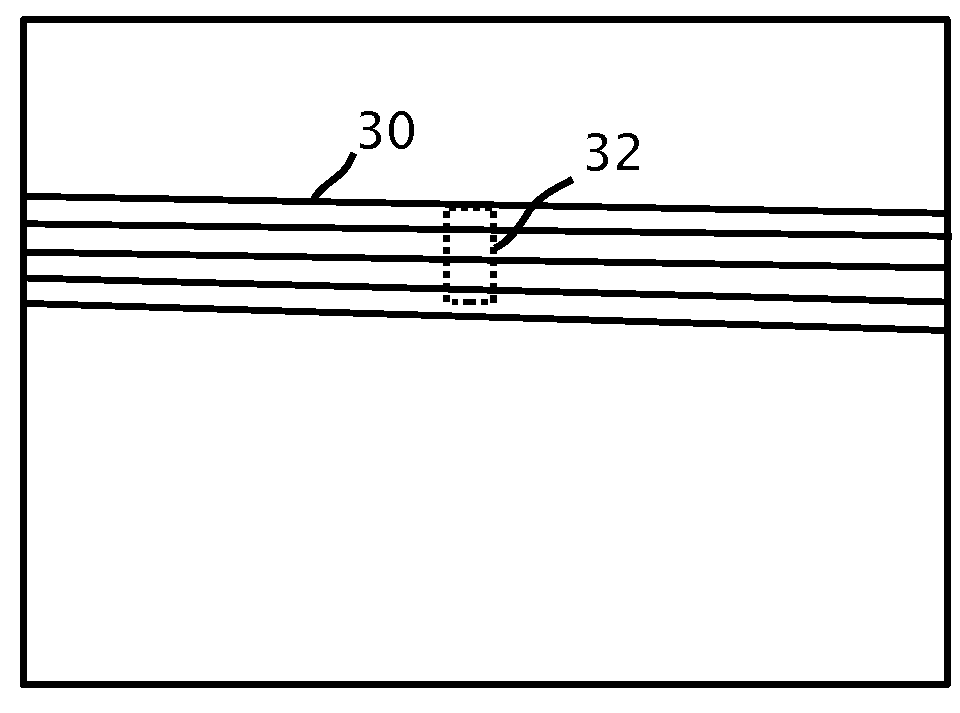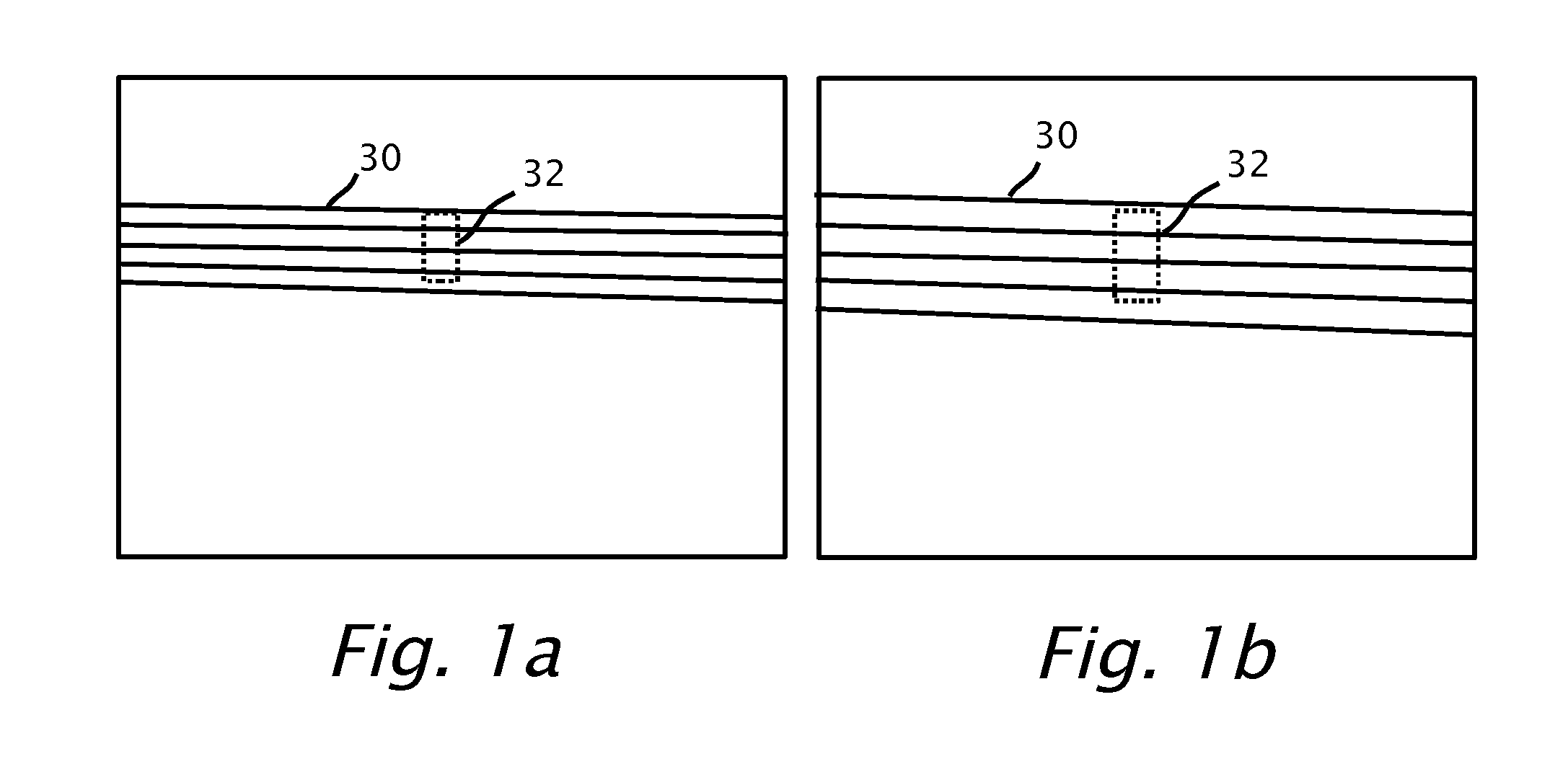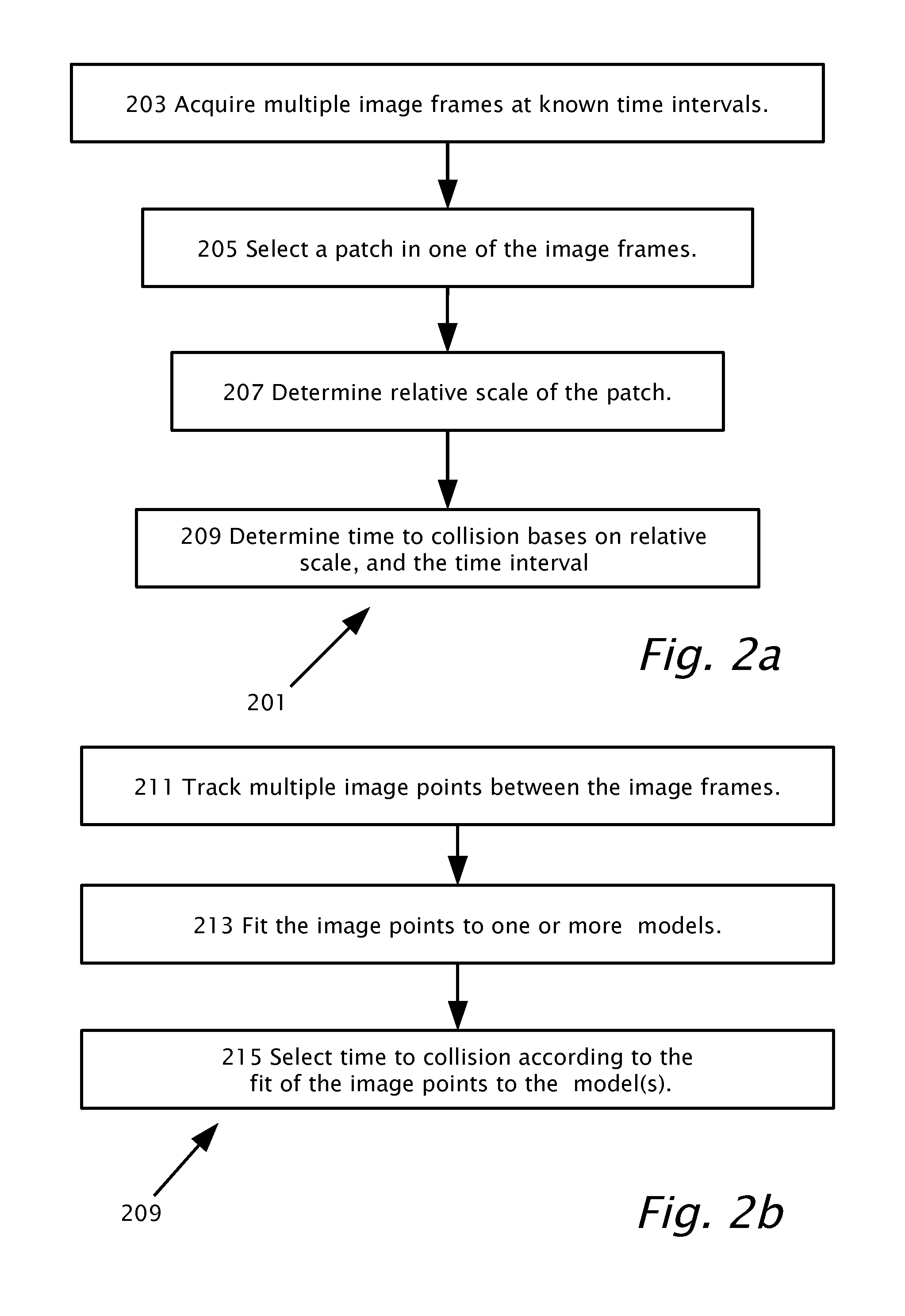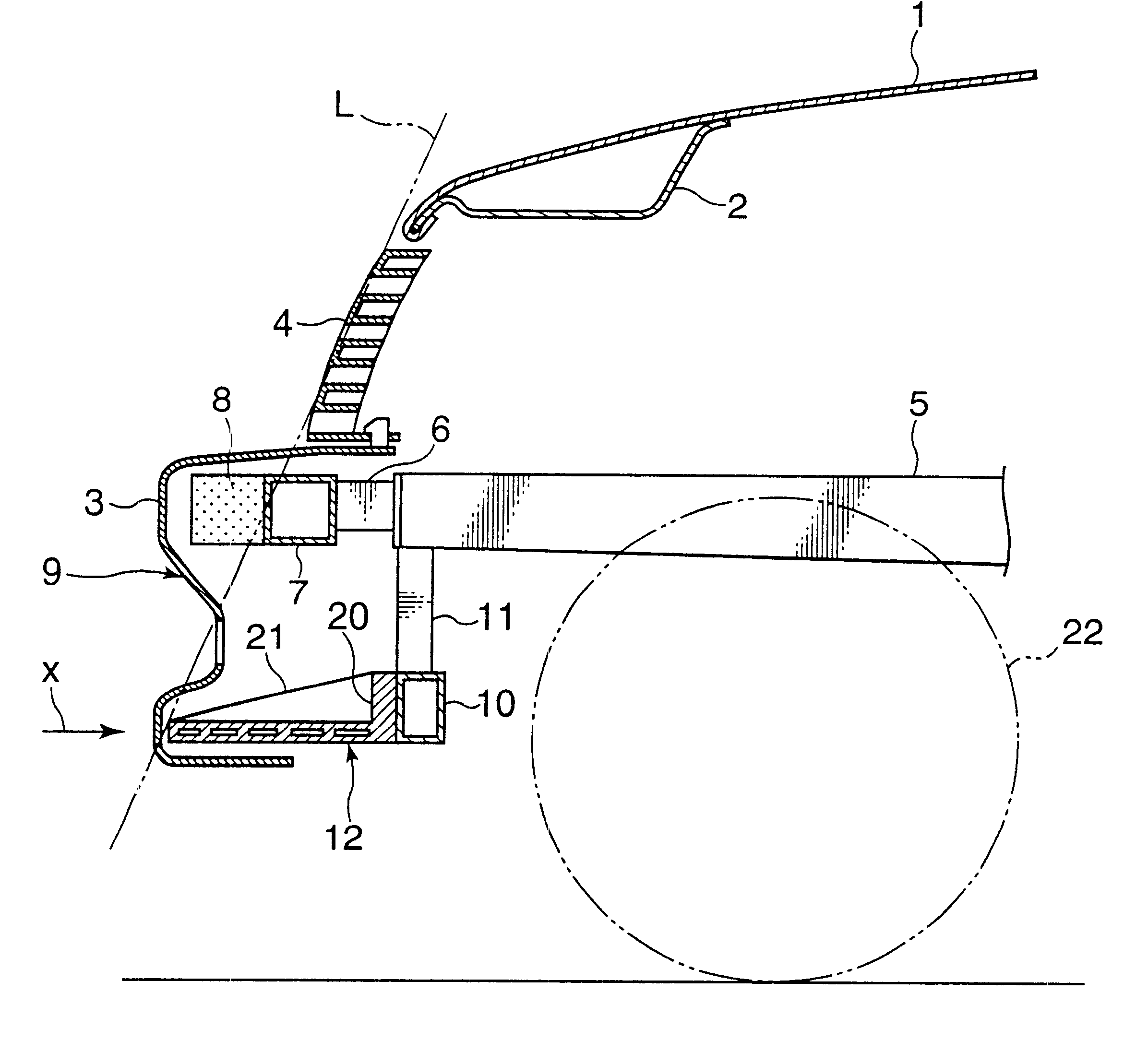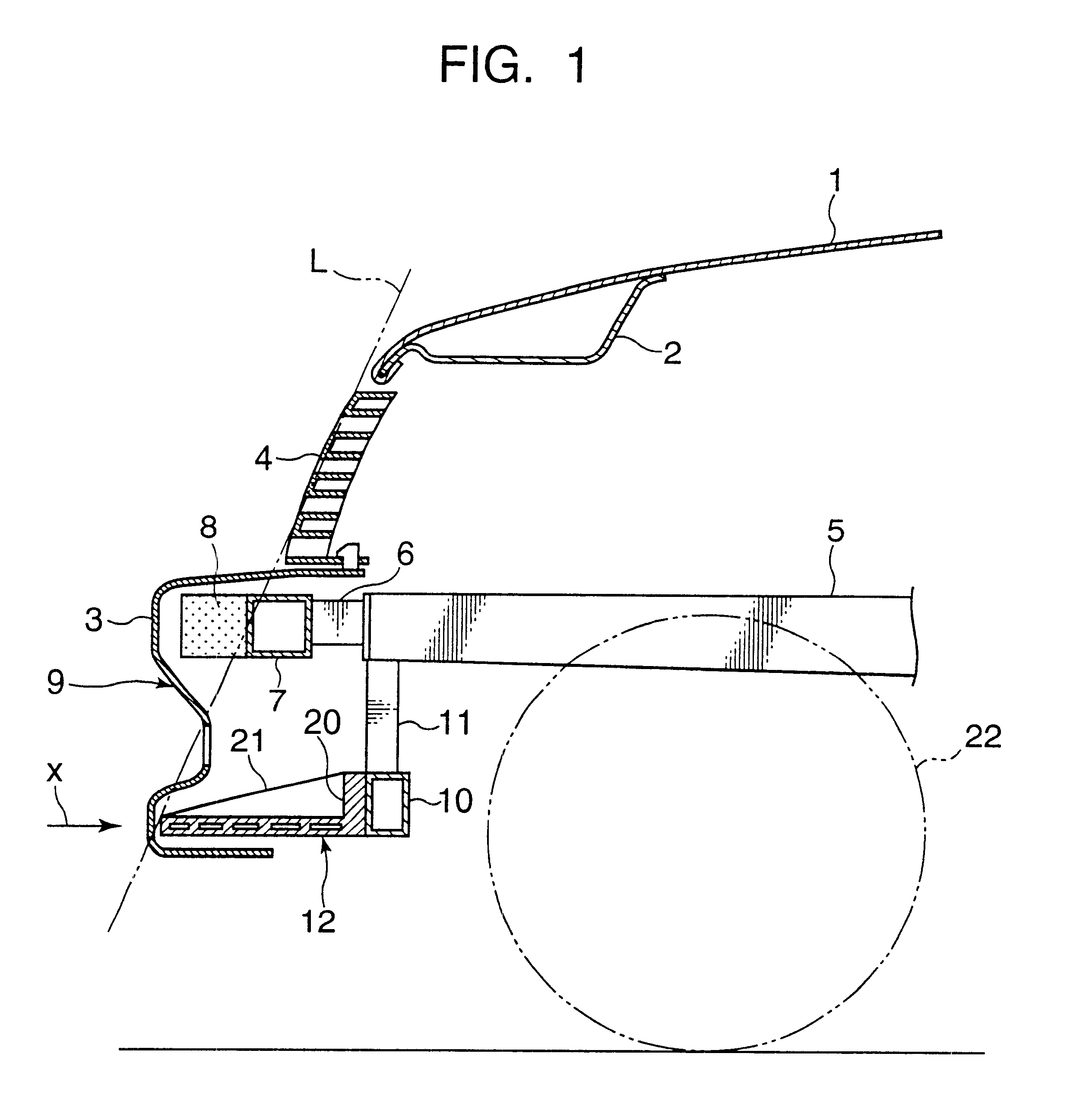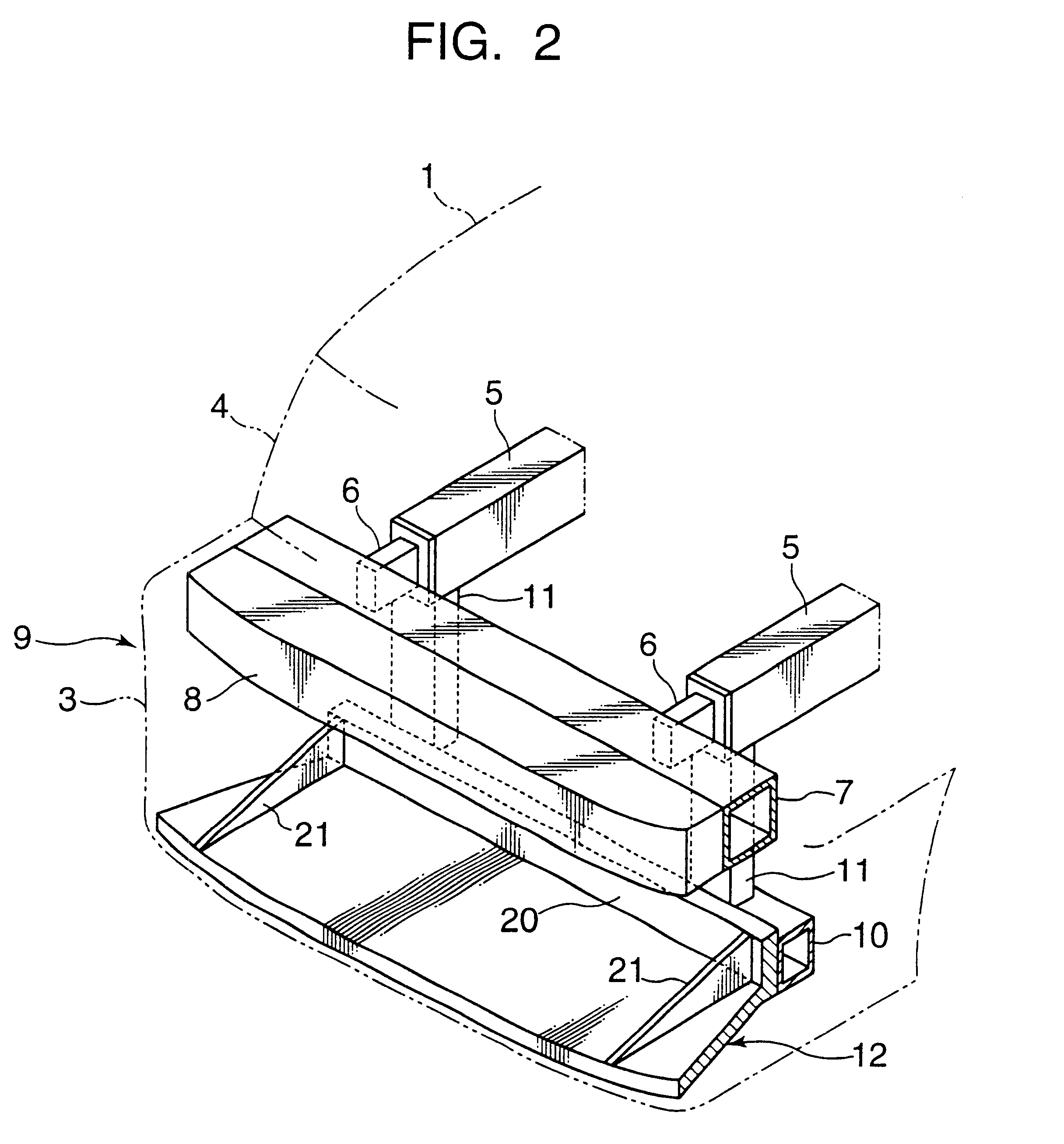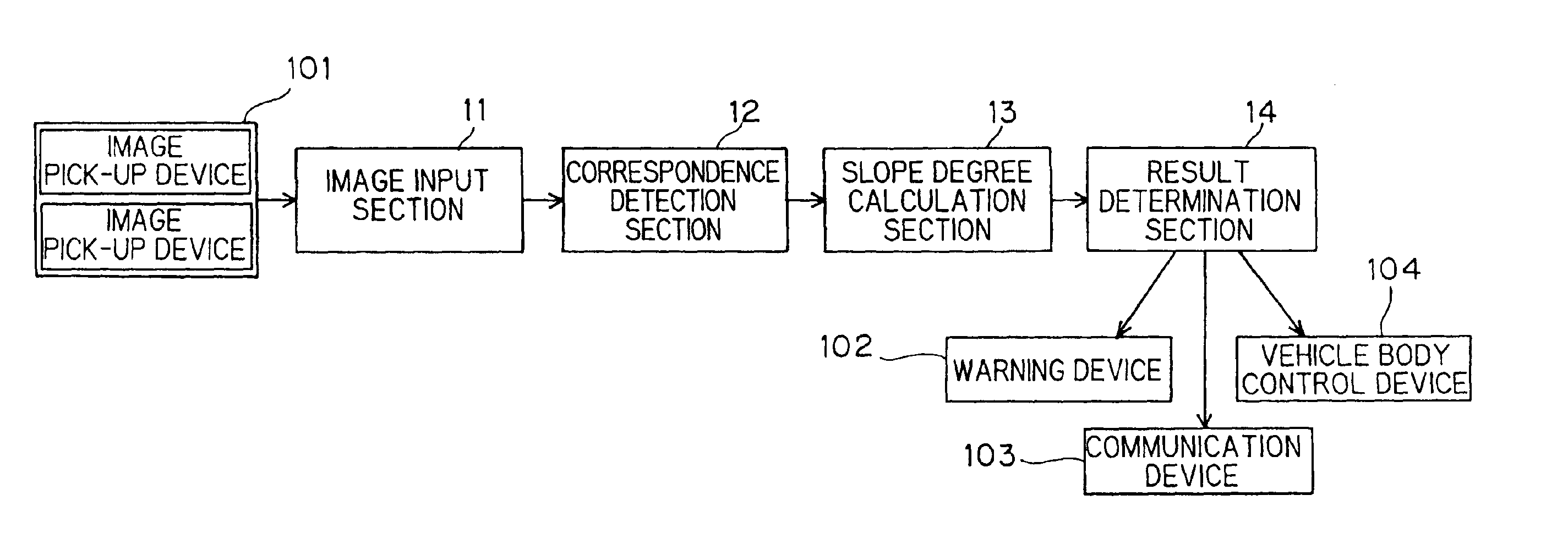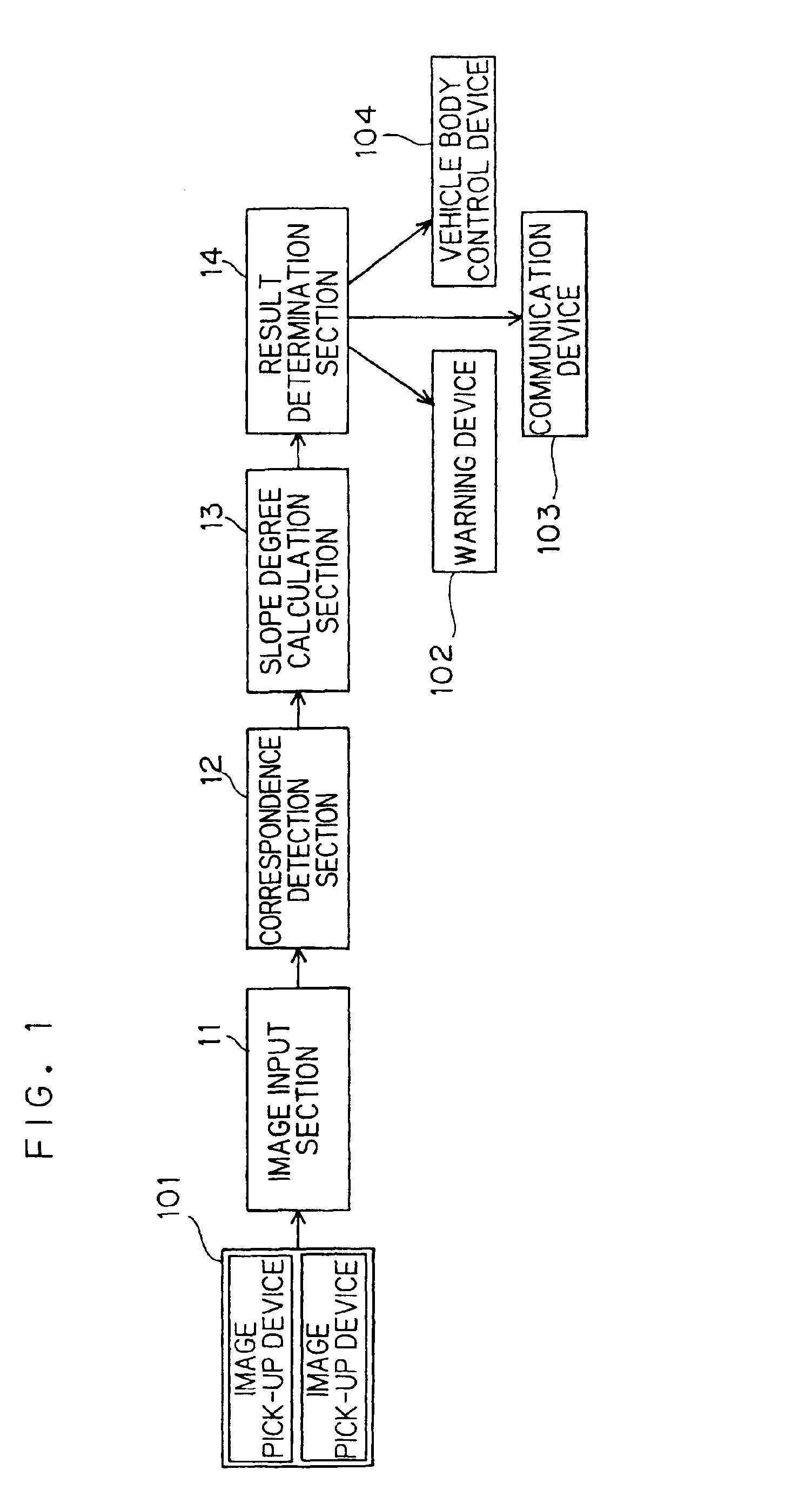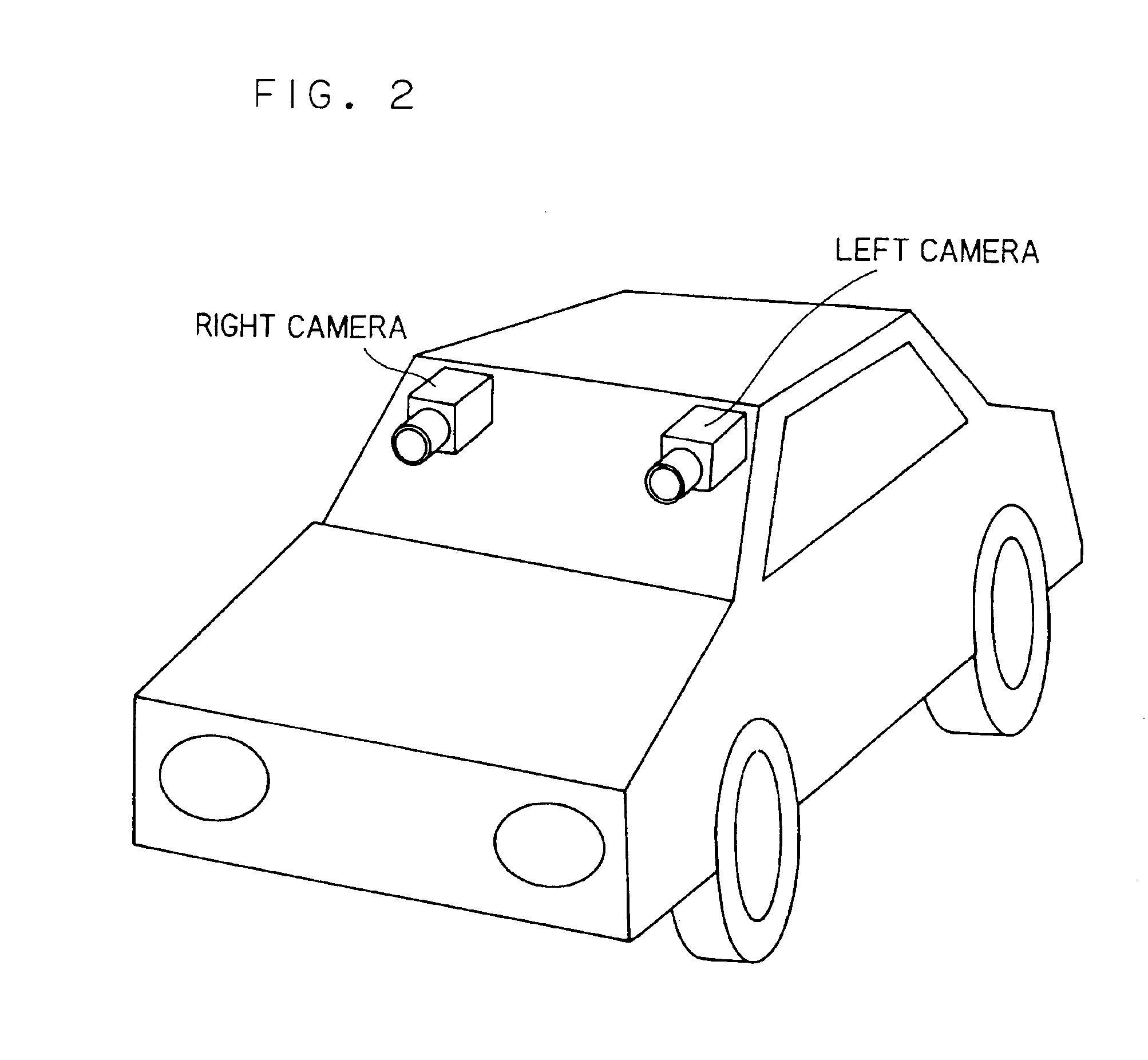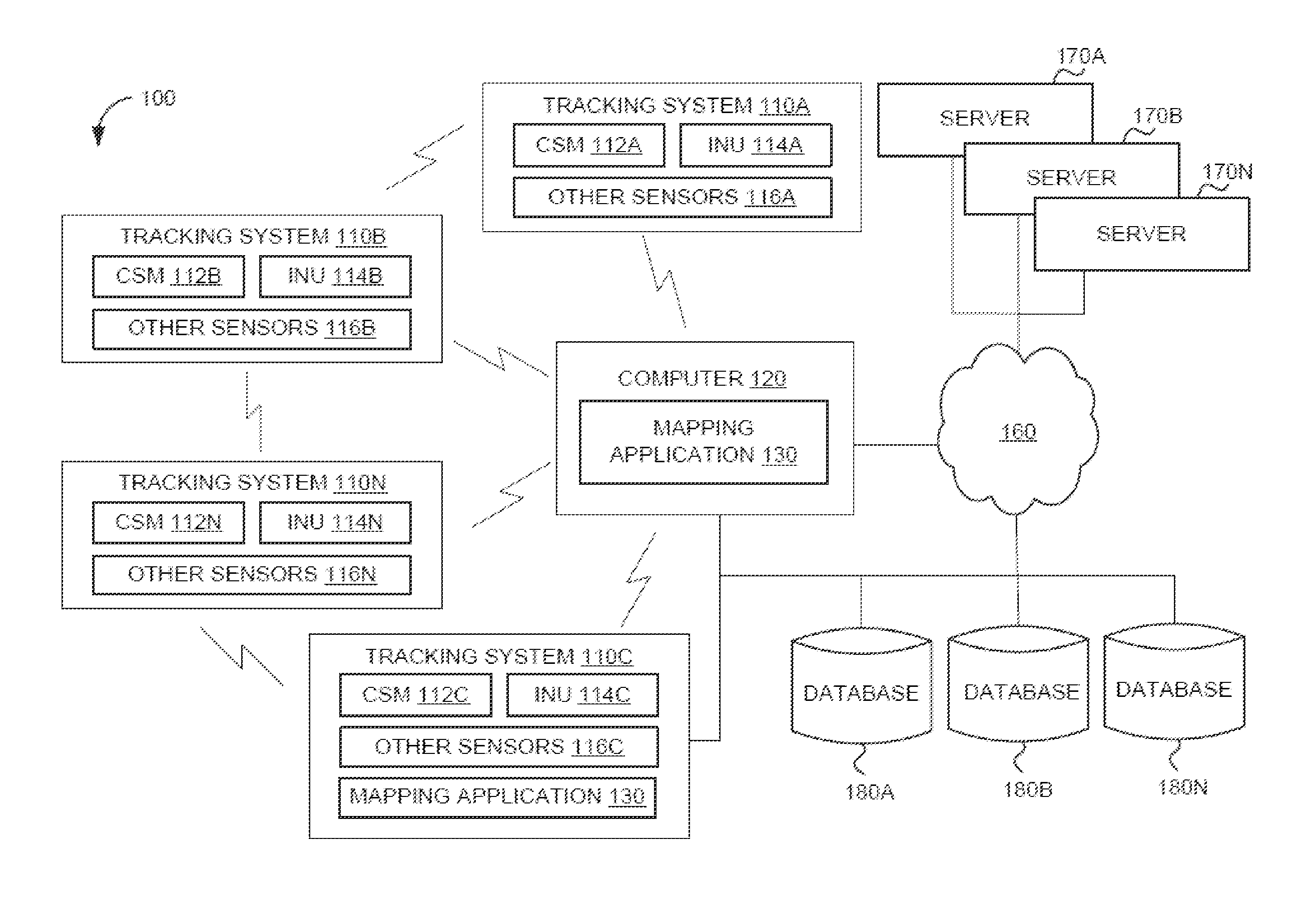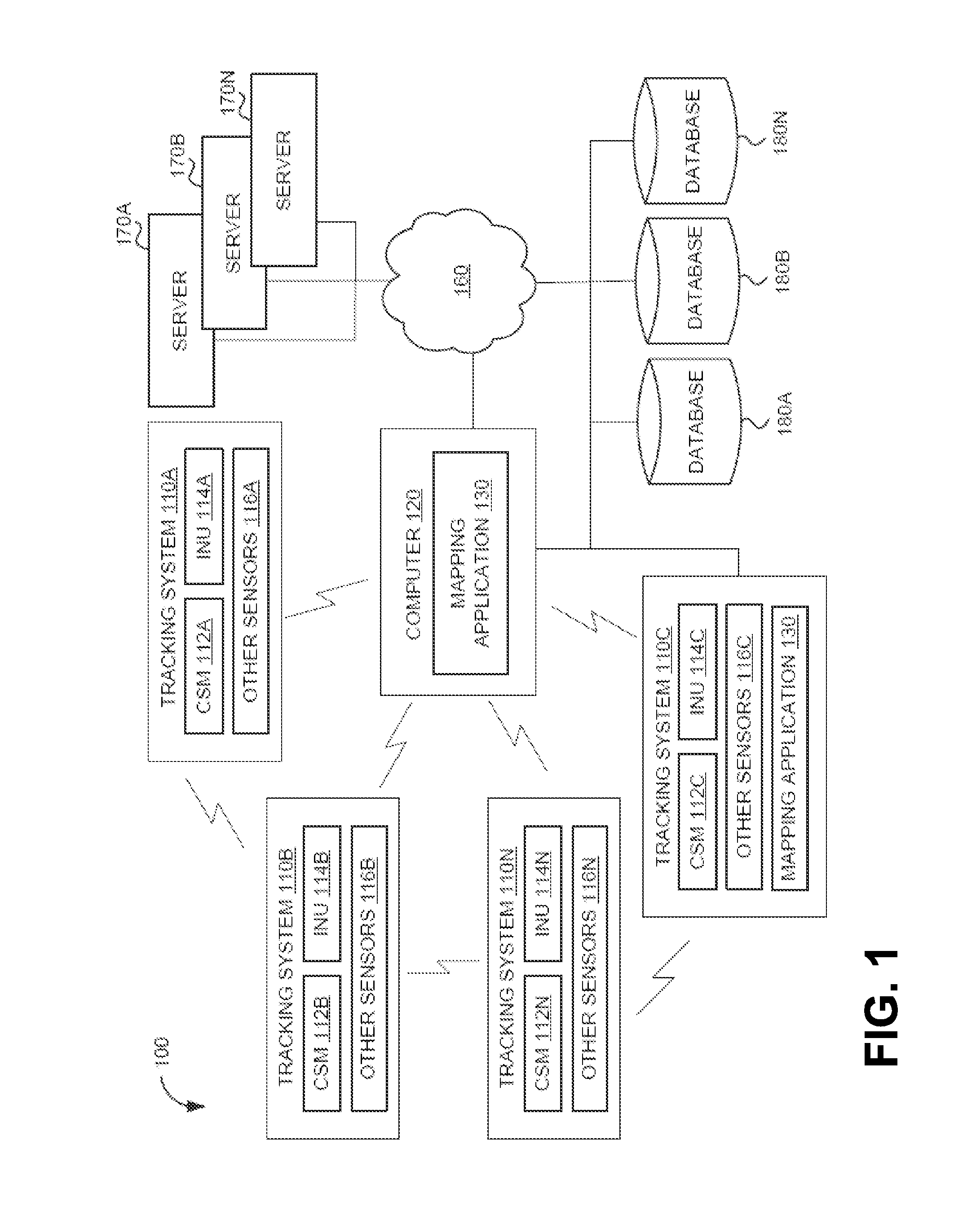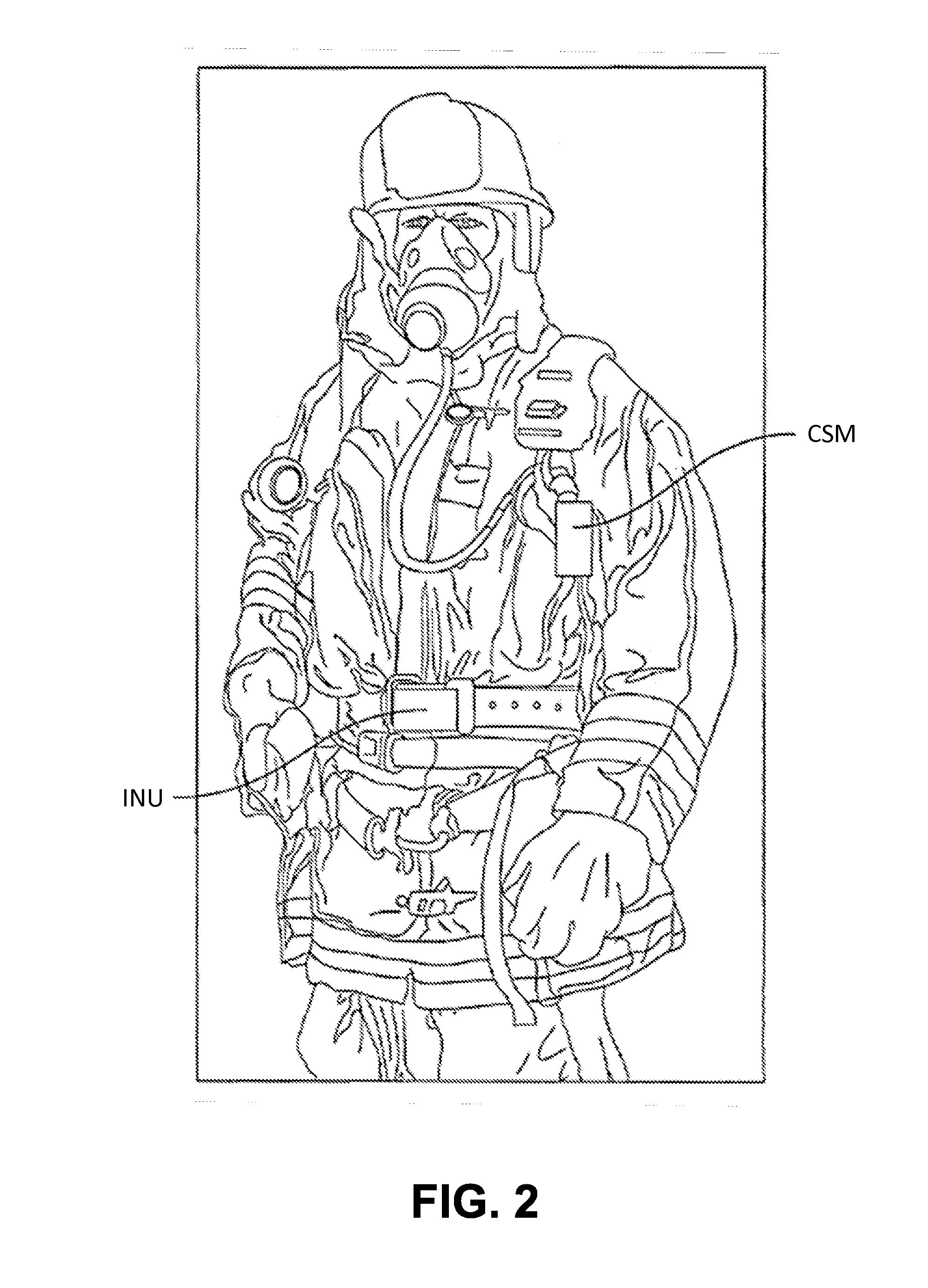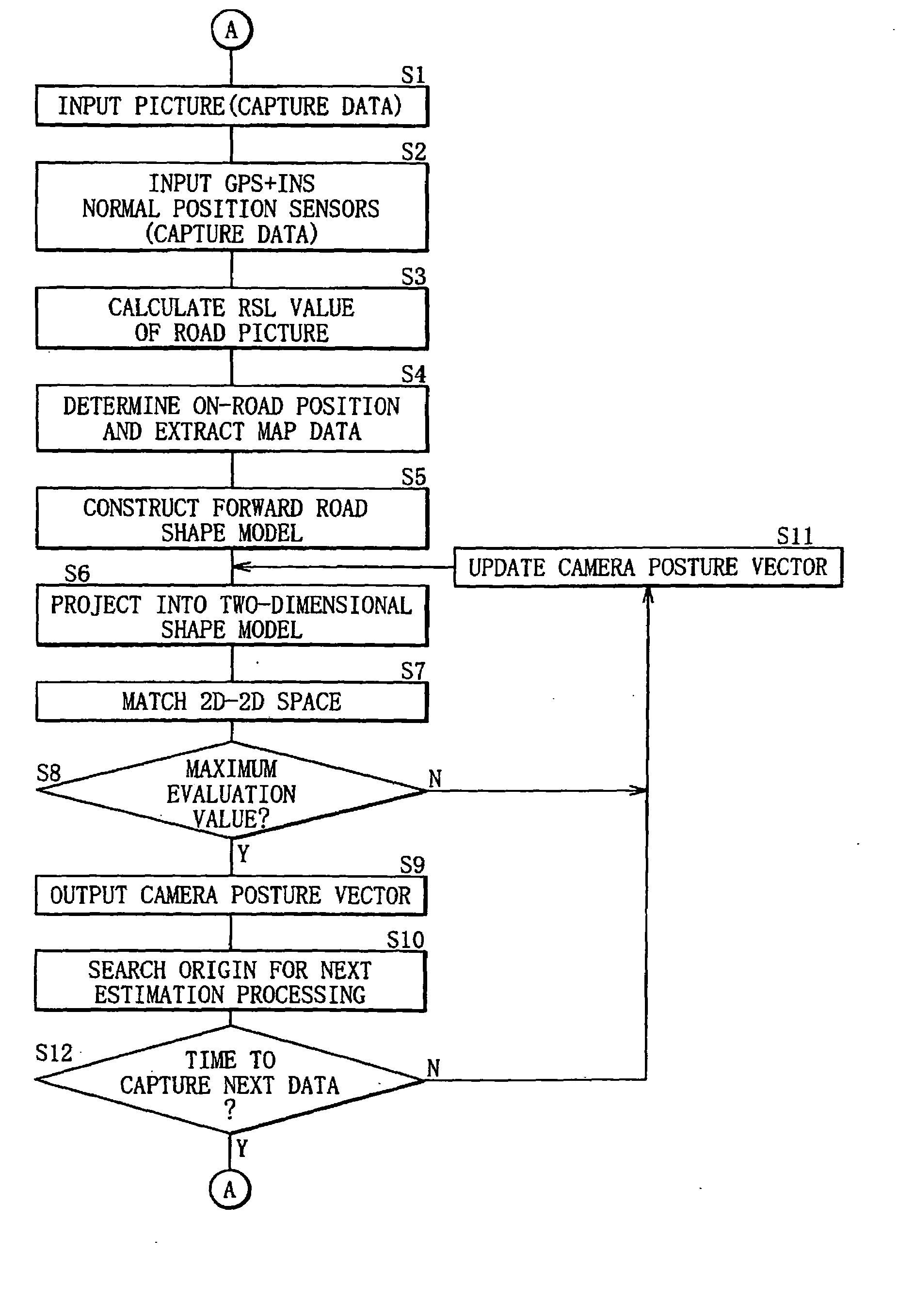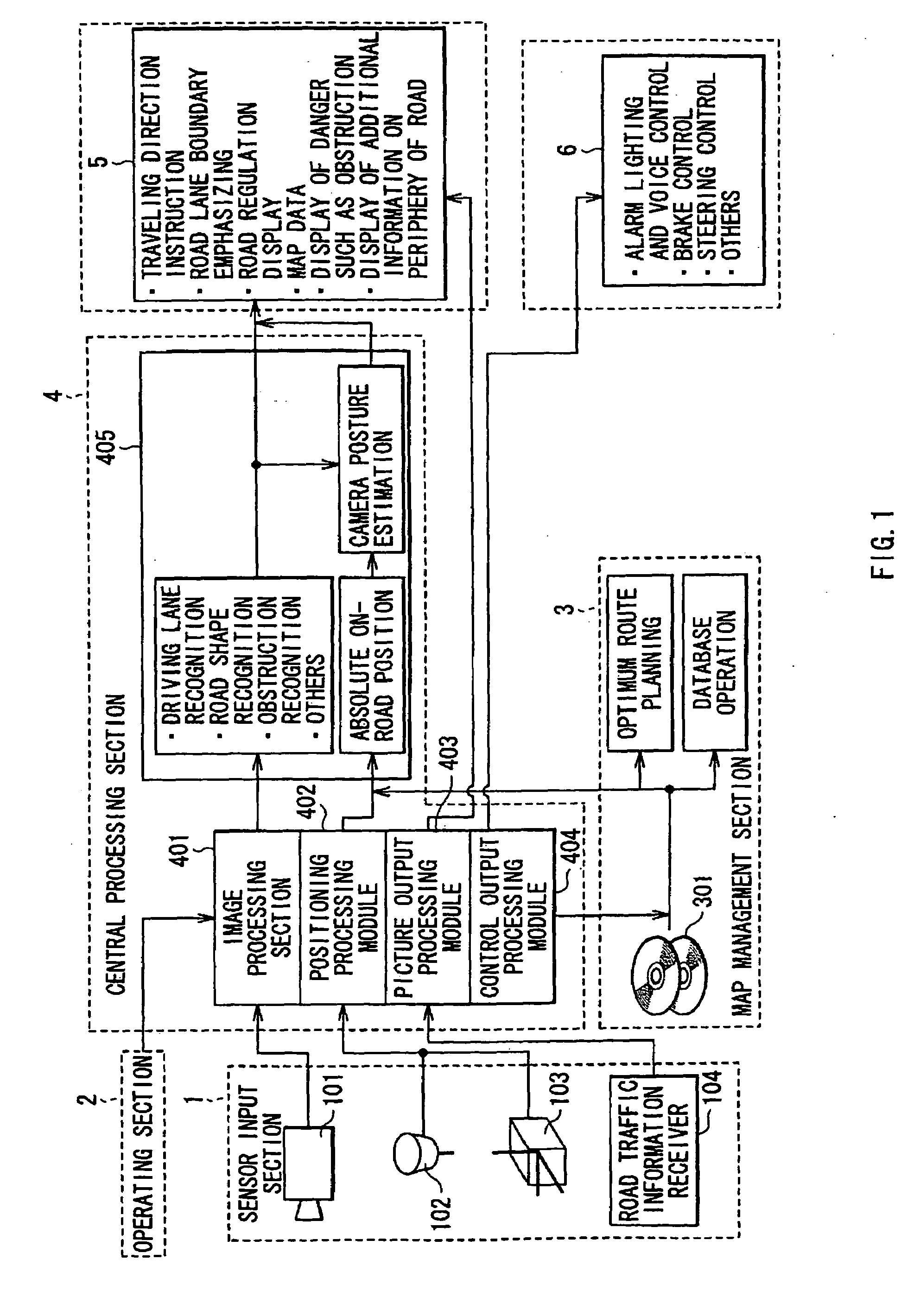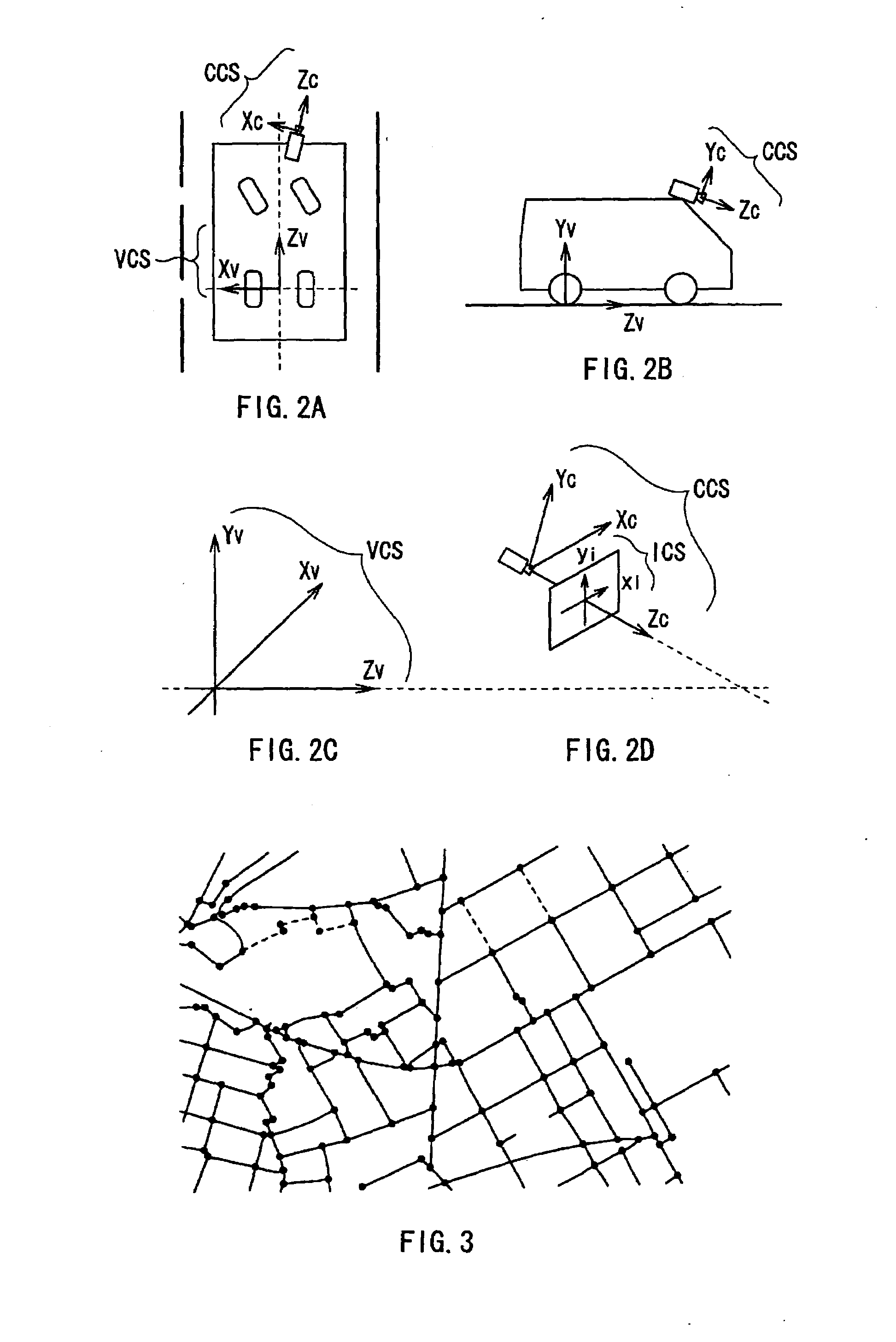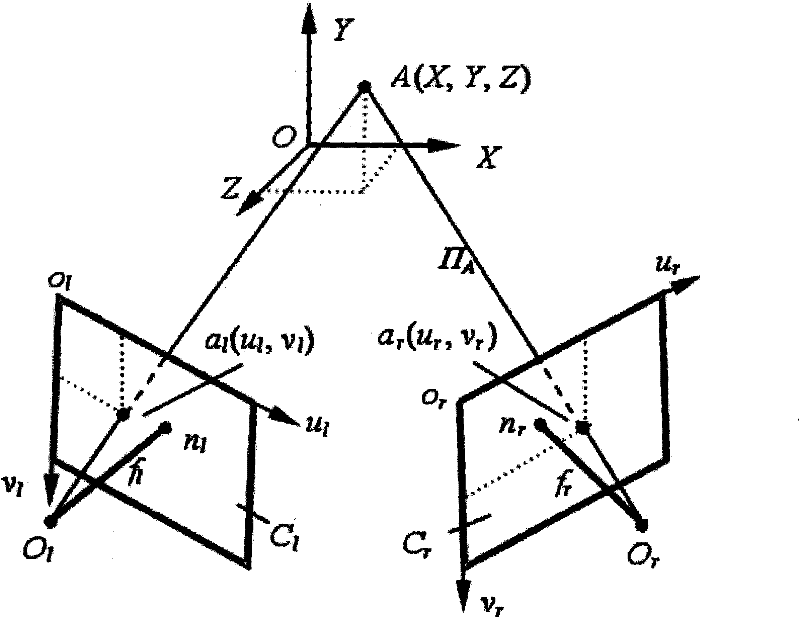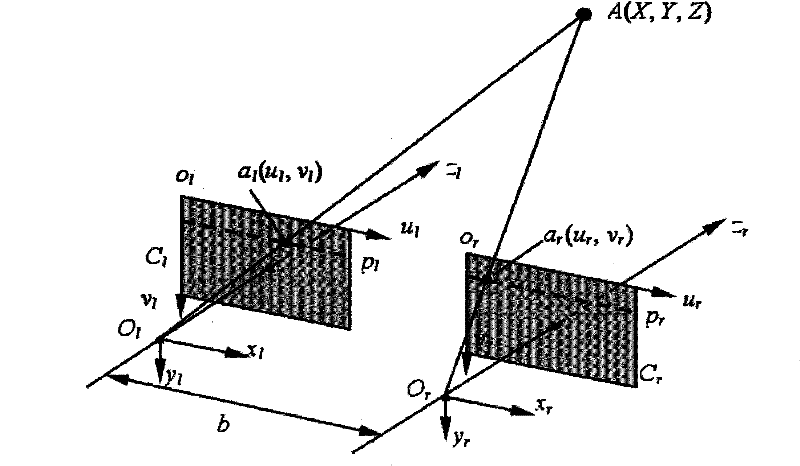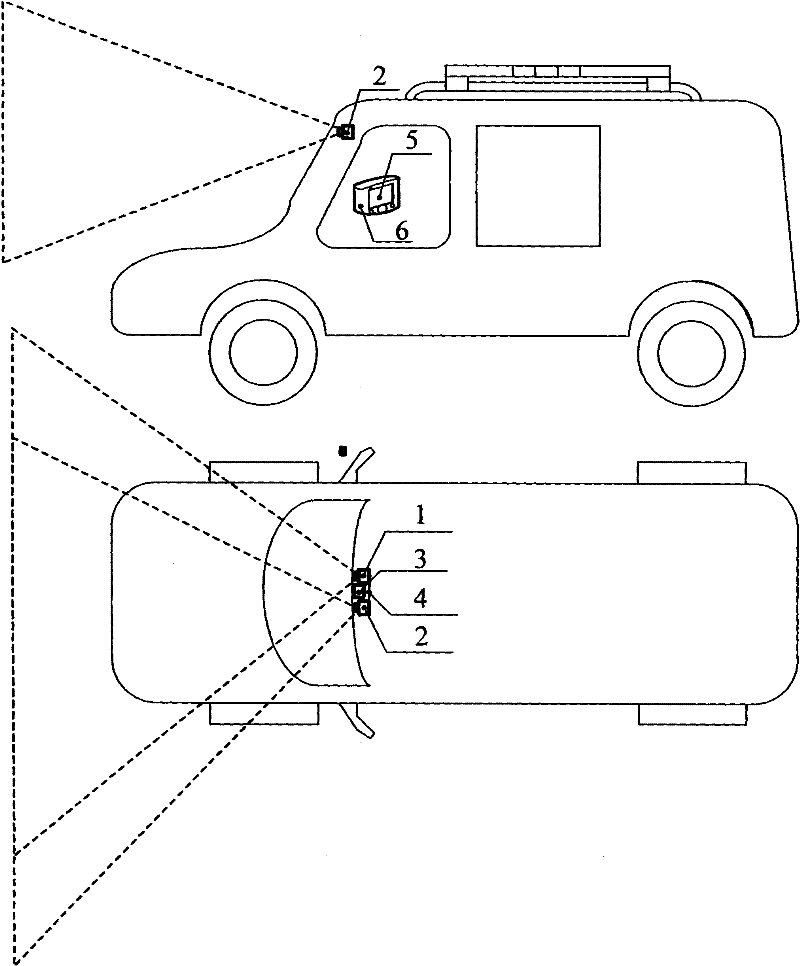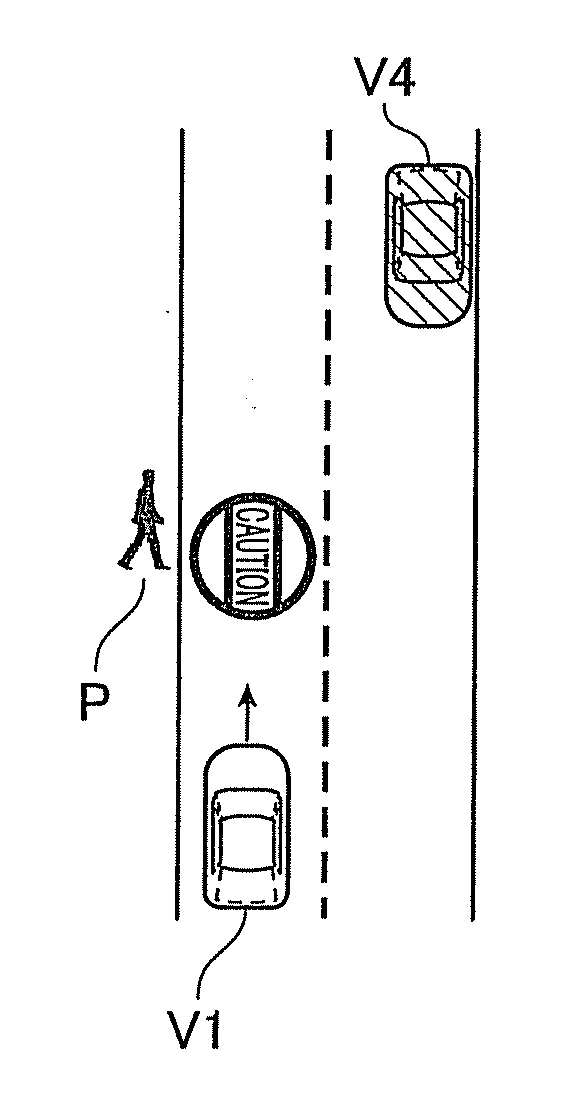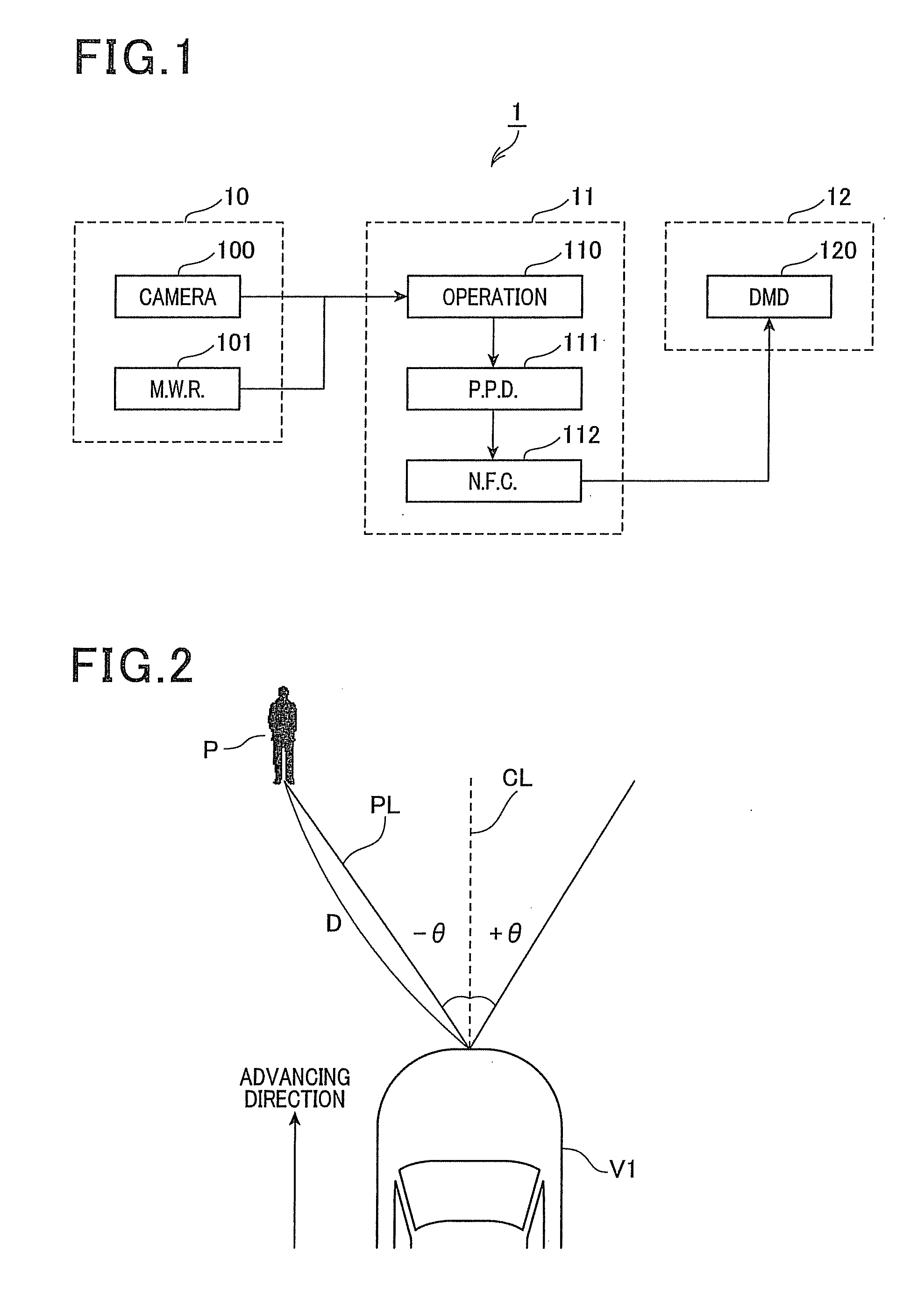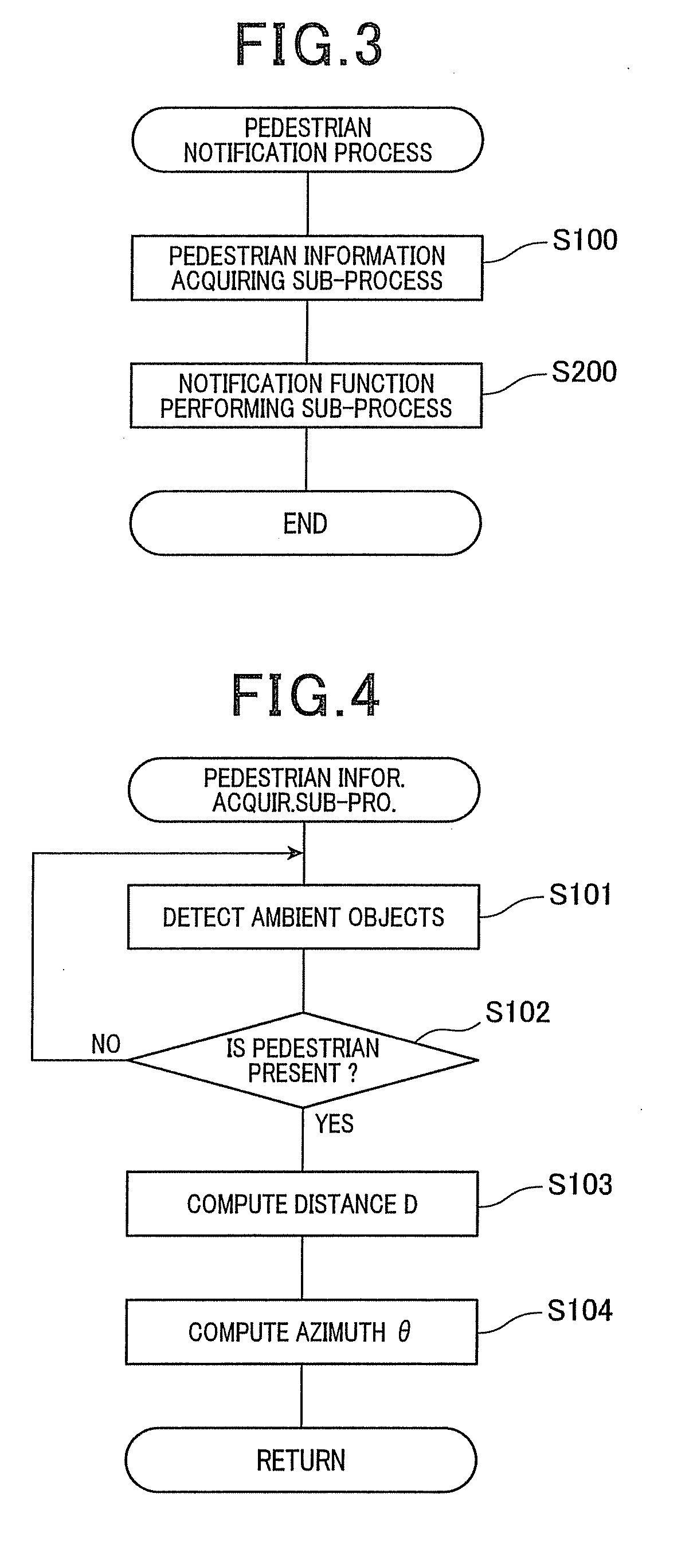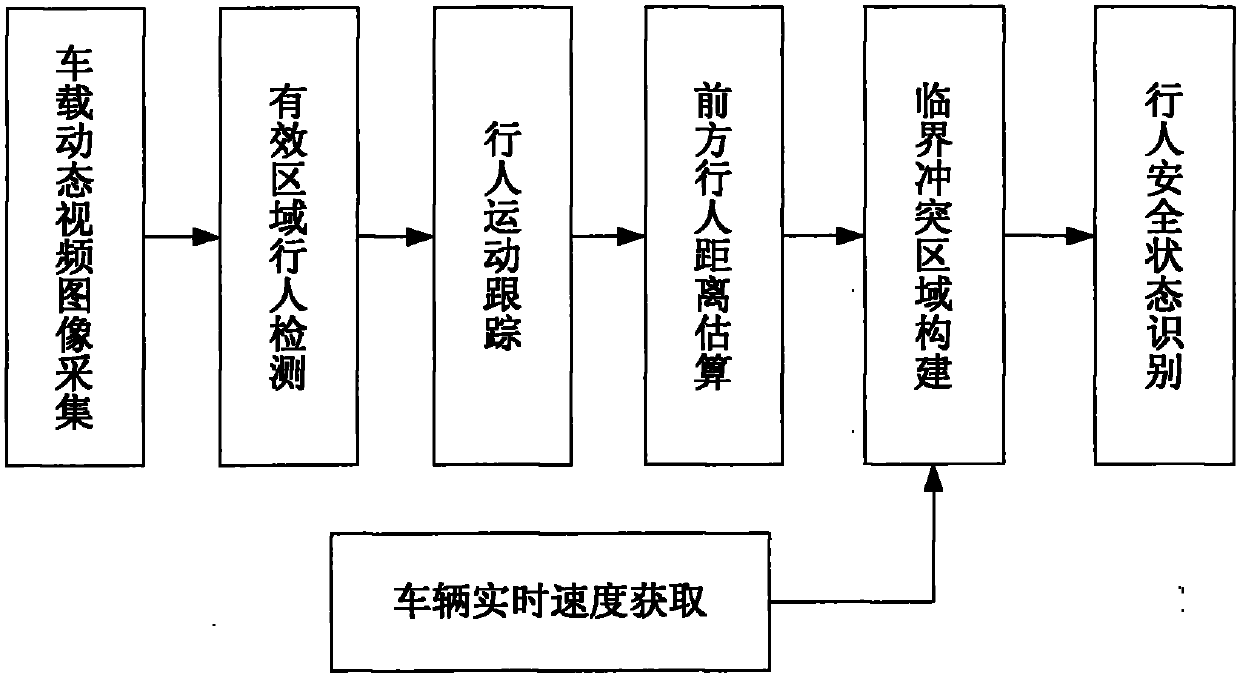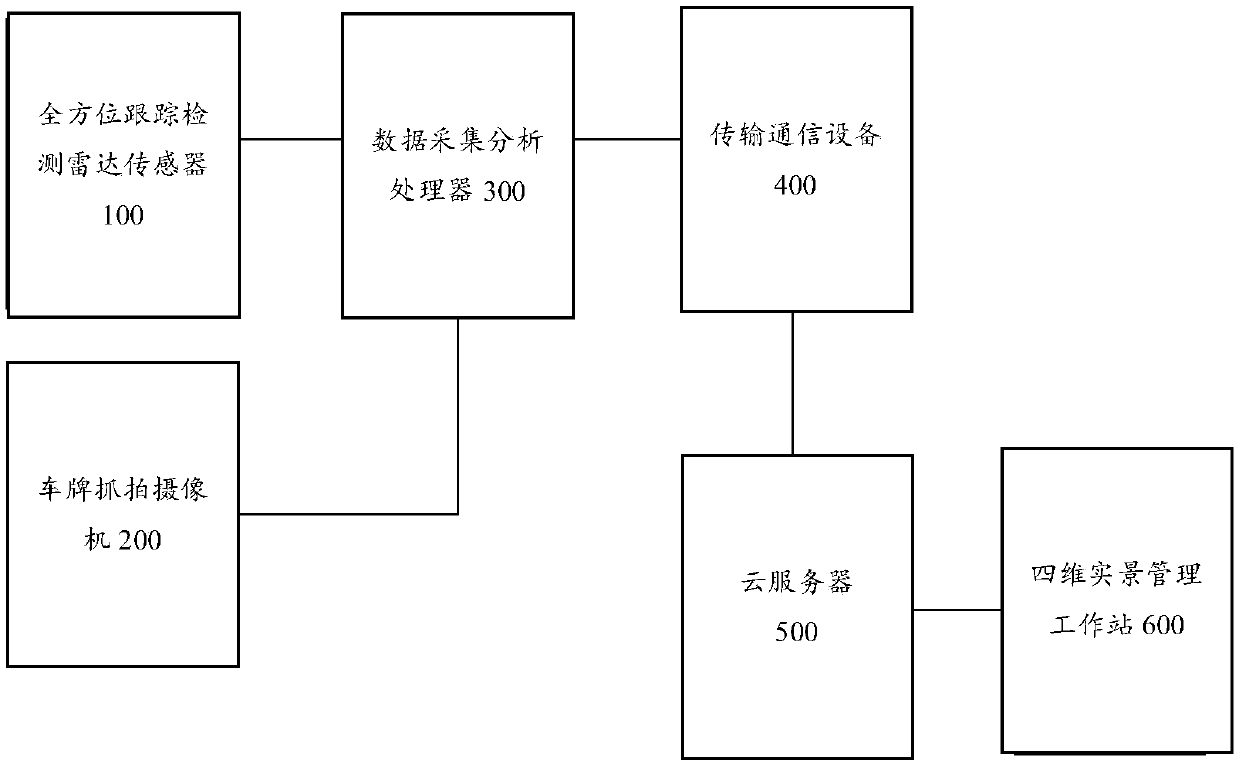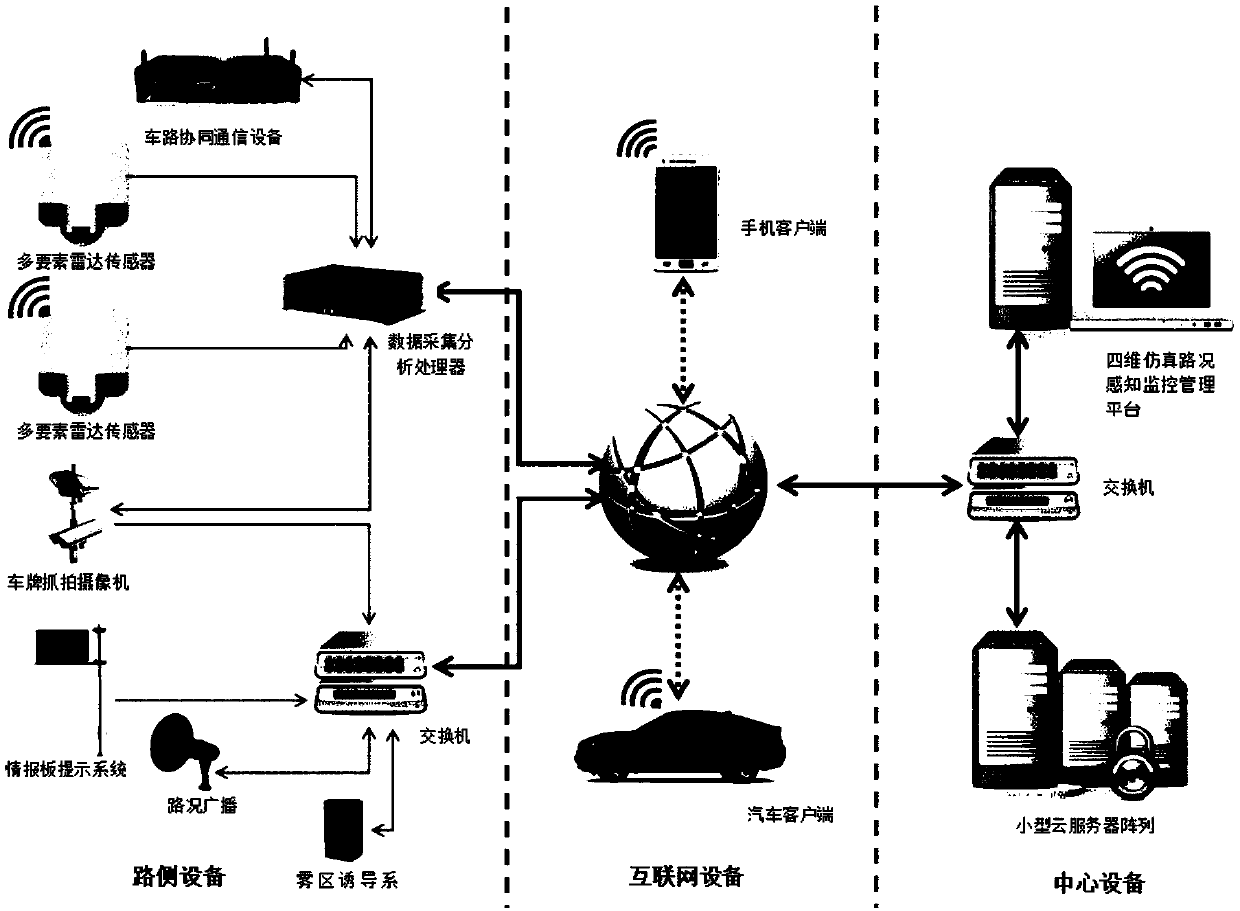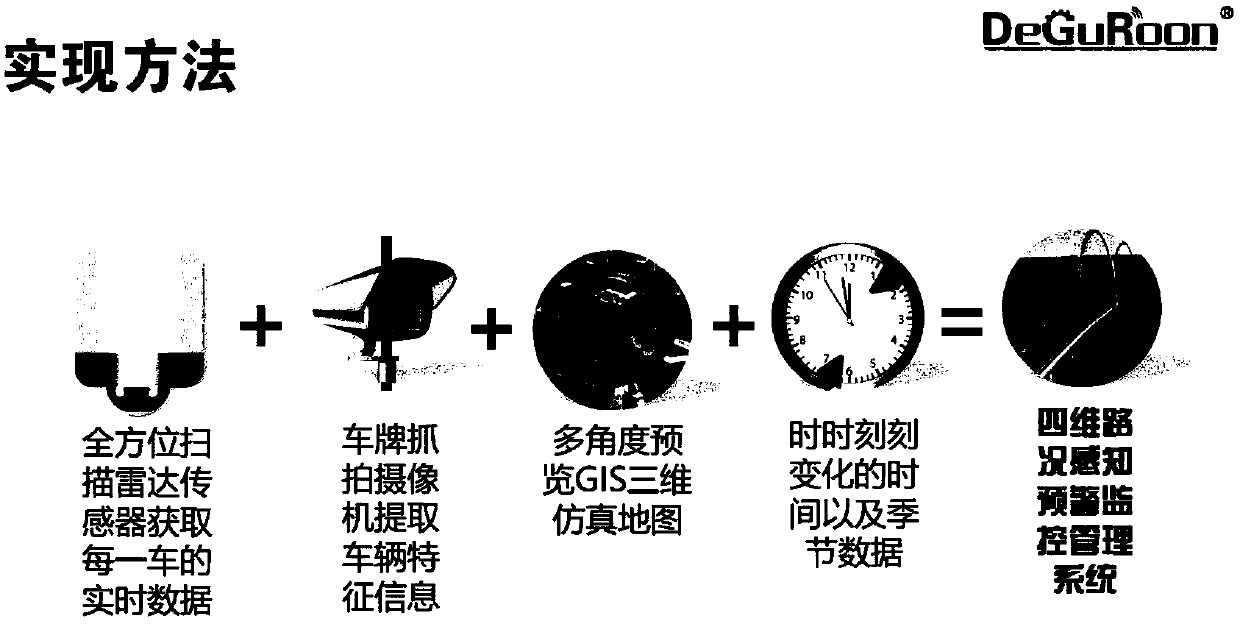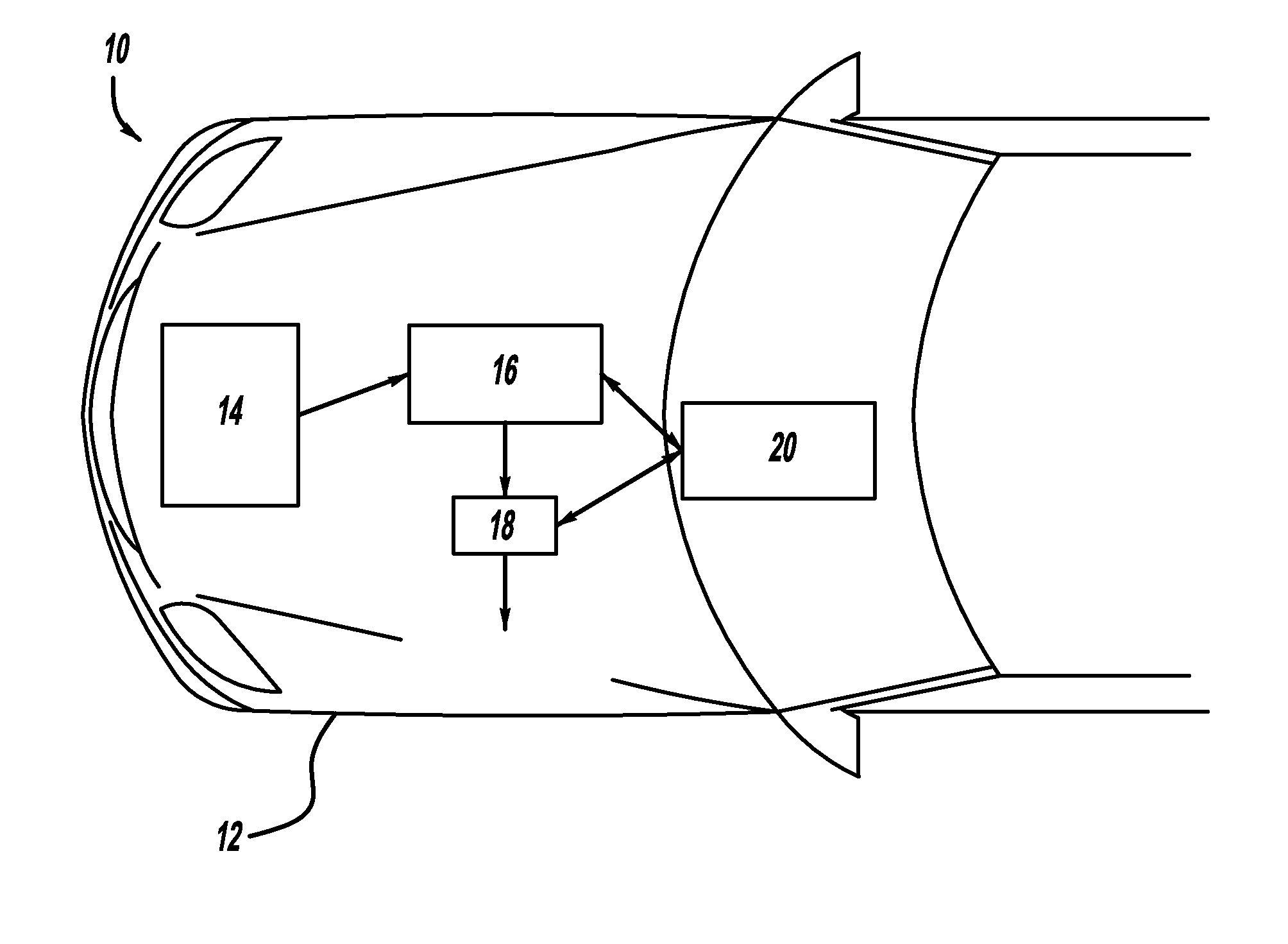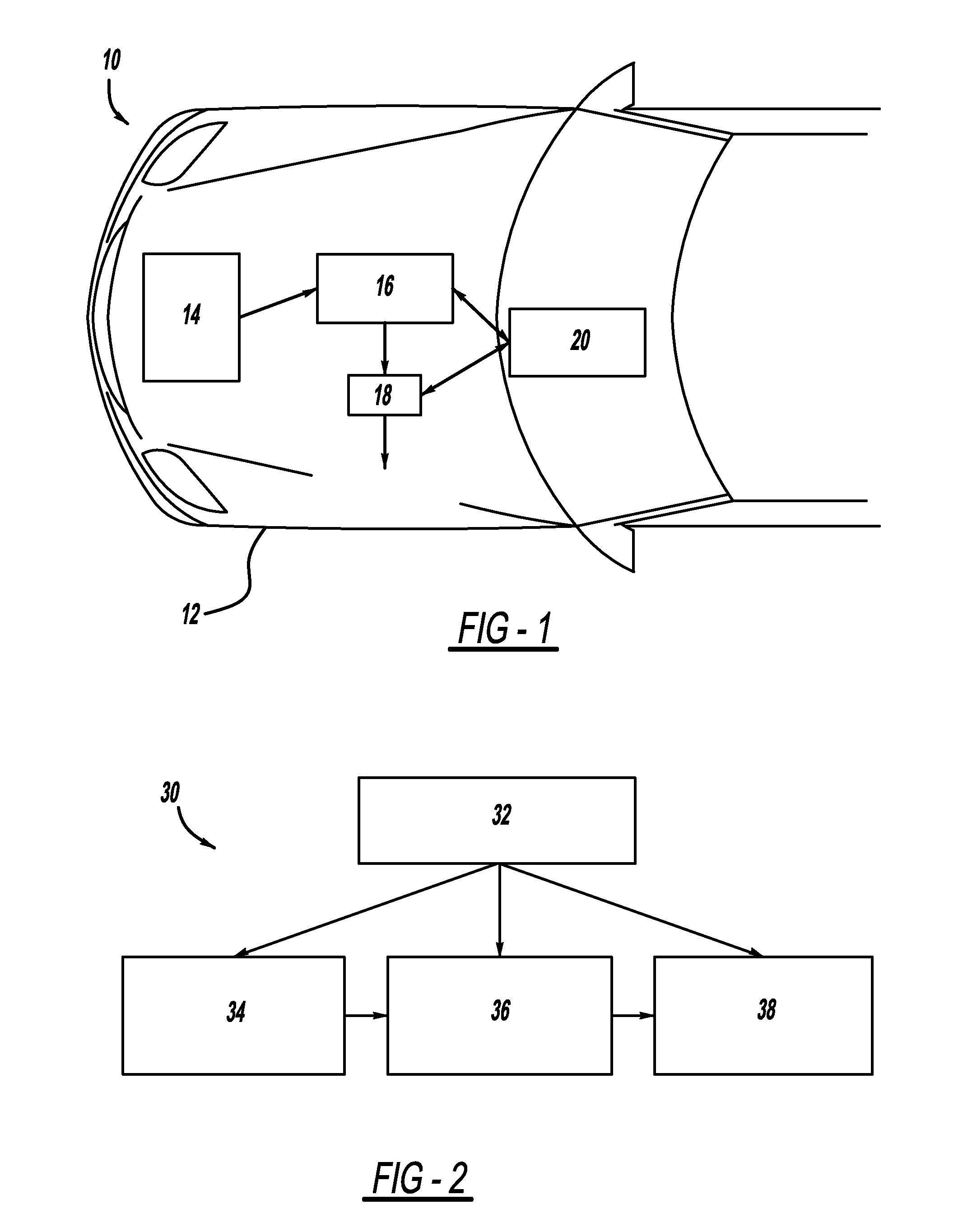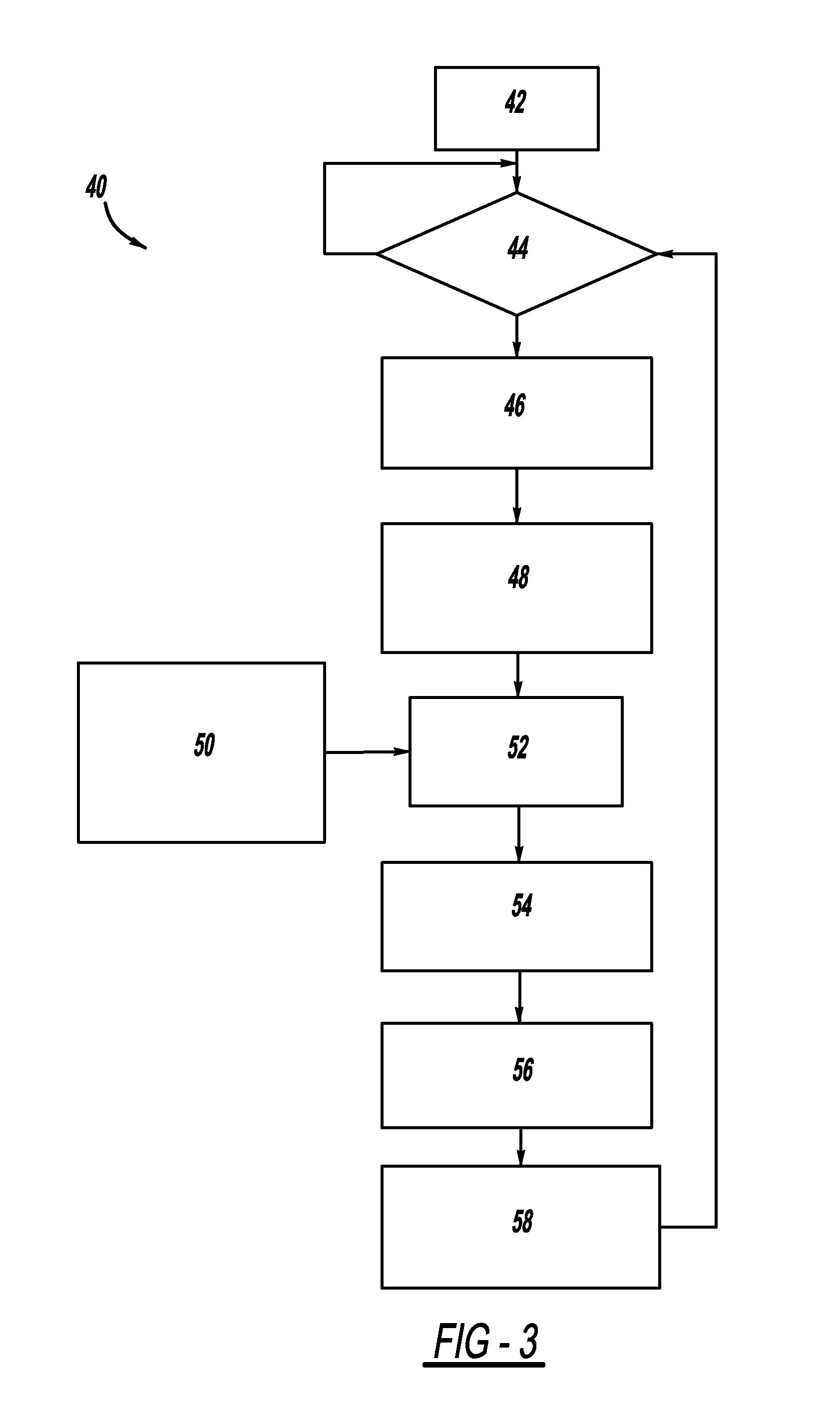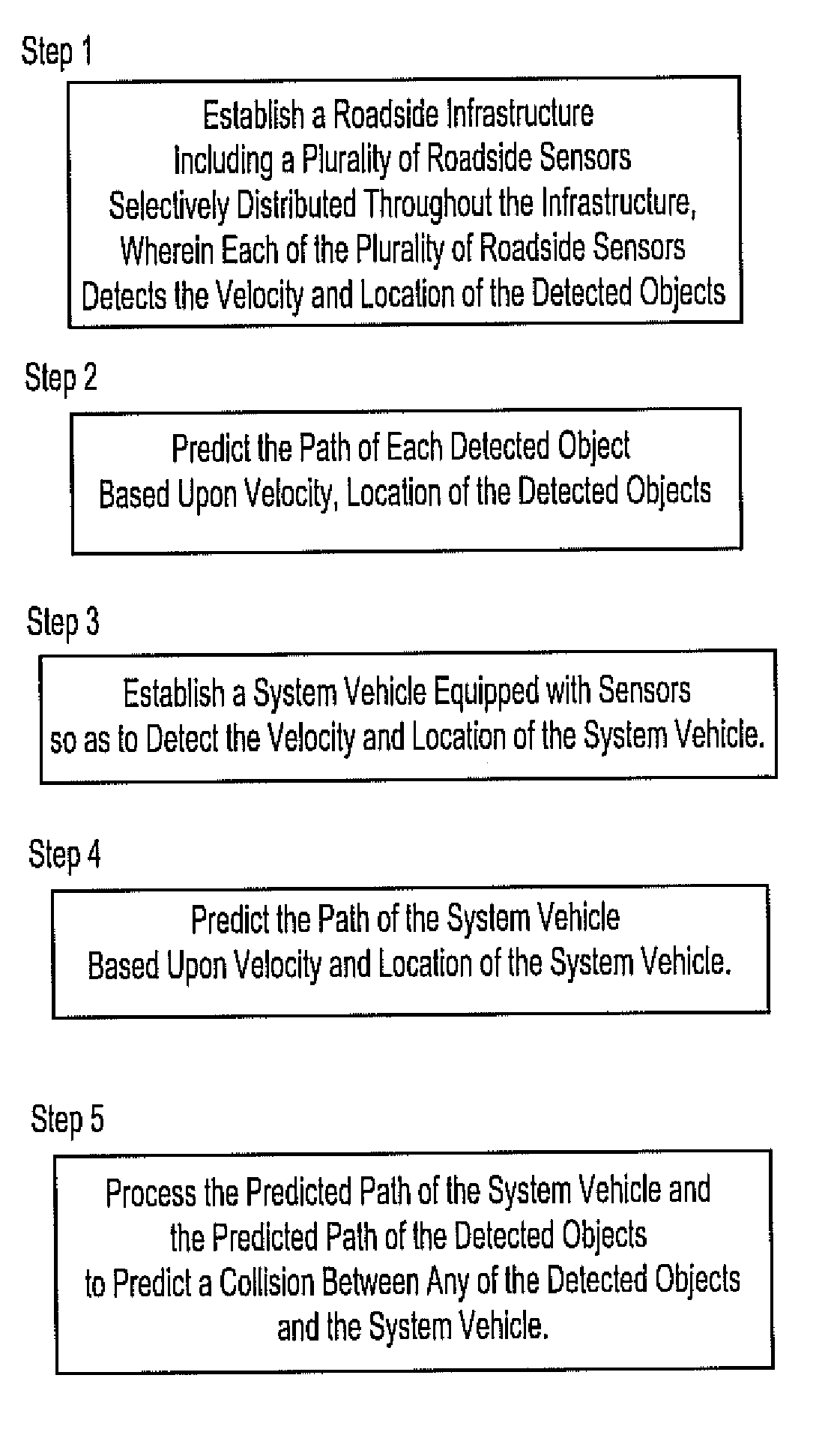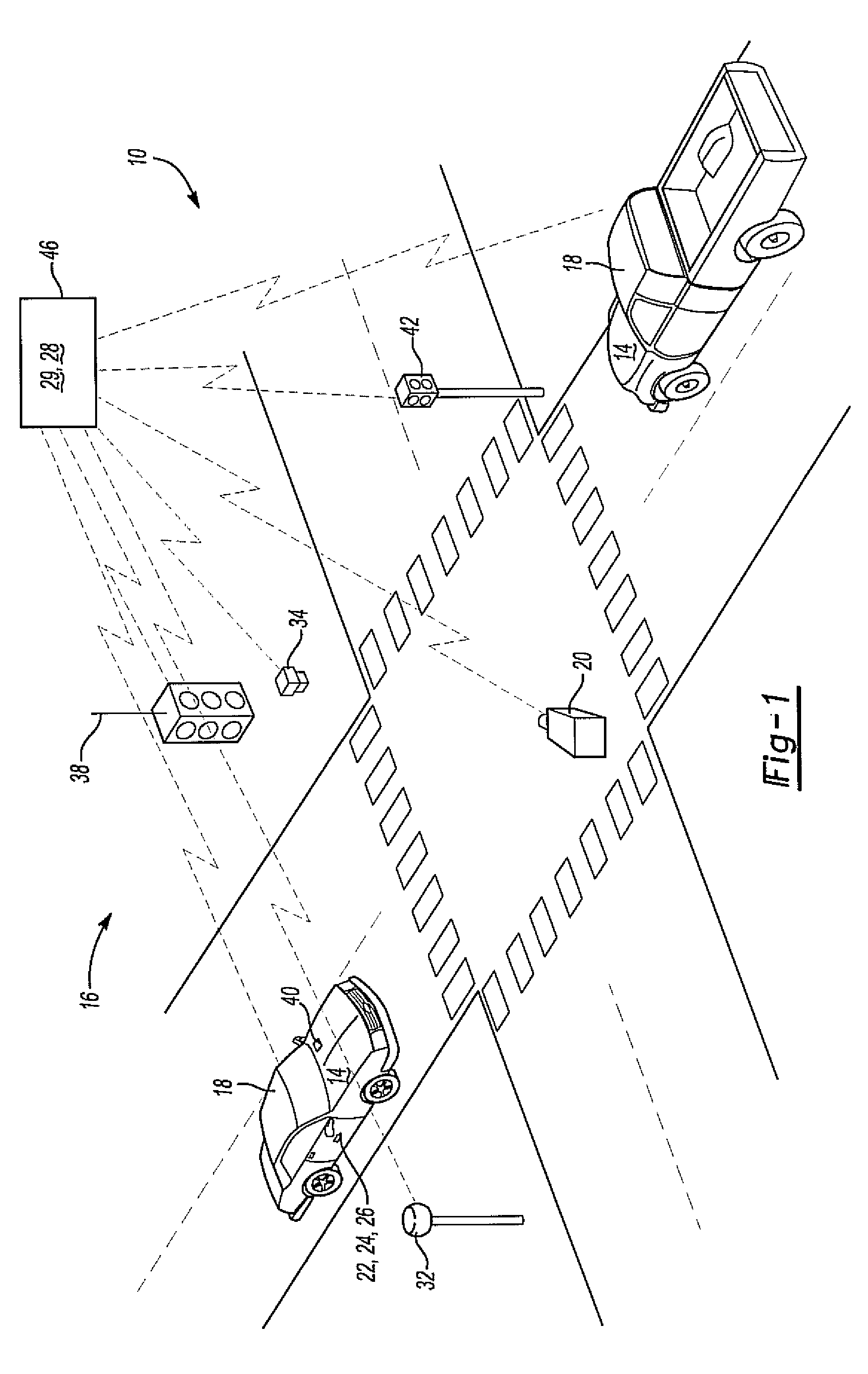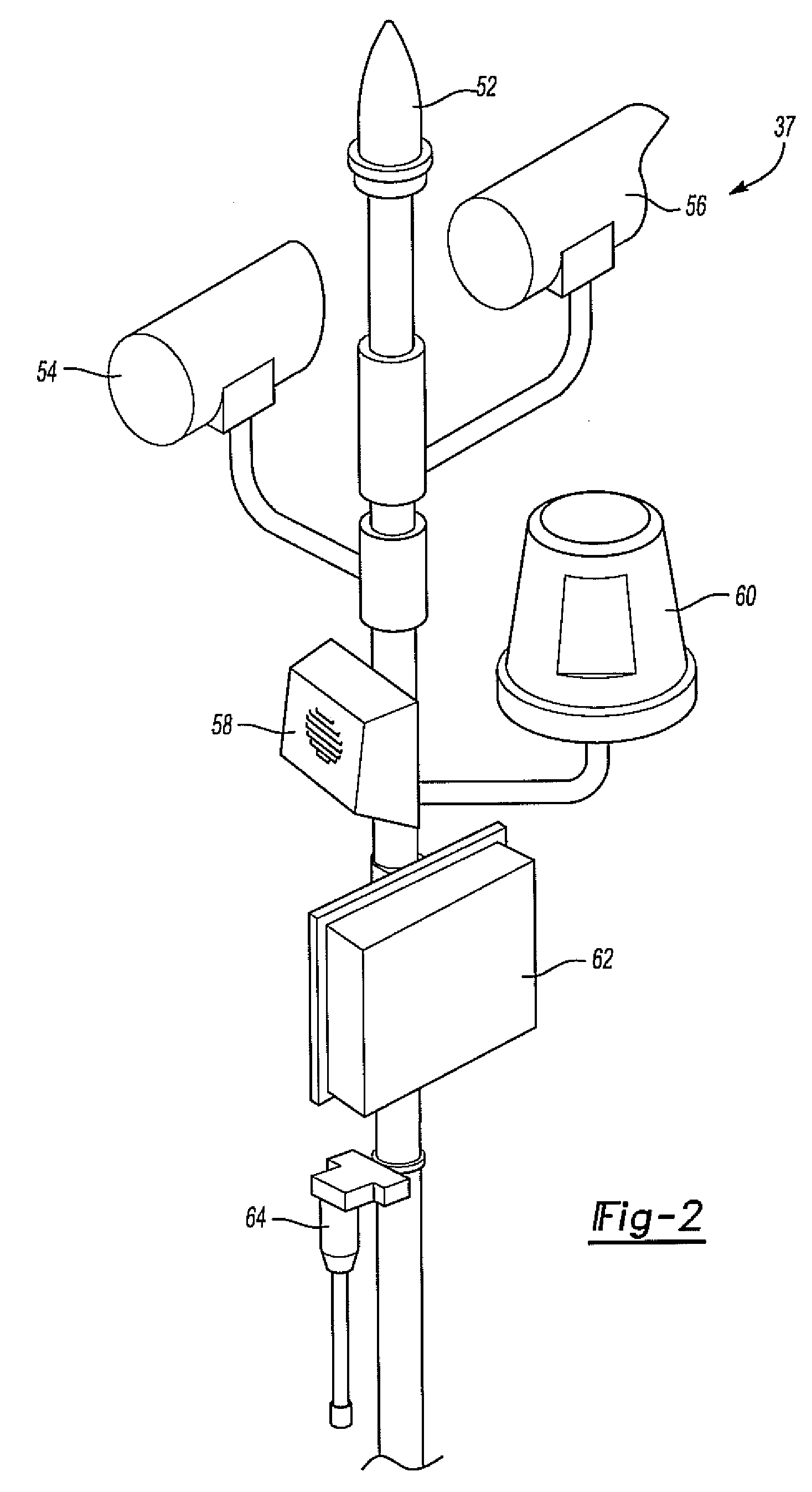Patents
Literature
14805 results about "Pedestrian" patented technology
Efficacy Topic
Property
Owner
Technical Advancement
Application Domain
Technology Topic
Technology Field Word
Patent Country/Region
Patent Type
Patent Status
Application Year
Inventor
A pedestrian is a person travelling on foot, whether walking or running. In modern times, the term usually refers to someone walking on a road or pavement, but this was not the case historically. The meaning of pedestrian is displayed with the morphemes ped- ('foot') and -ian ('characteristic of'). This word is derived from the Latin term pedester ('going on foot') and was first used (in English language) during the 18th century. It was originally used, and can still be used today, as an adjective meaning plain or dull. However, in this article it takes on its noun form and refers to someone who walks.
Vehicle to pedestrian communication system and method
ActiveUS20150035685A1Acoustic signal devicesRoad vehicles traffic controlCommunications systemDriver/operator
A system for alerting a user includes a first device for vehicle-to-pedestrian communication. The first device is operable by a pedestrian. The system further includes a vehicle operable by a driver including a second device for vehicle-to-pedestrian communication. The system is configured to provide an alert via at least one of the first device and second device to at least one of the driver and the pedestrian.
Owner:HONDA MOTOR CO LTD
Reducing Driver Distraction Using a Heads-Up Display
InactiveUS20120224060A1Reduce driver distractionReduce distractionsInstrument arrangements/adaptationsColor television detailsHead-up displayCamera image
Driver distraction is reduced by providing information only when necessary to assist the driver, and in a visually pleasing manner. Obstacles such as other vehicles, pedestrians, and road defects are detected based on analysis of image data from a forward-facing camera system. An internal camera images the driver to determine a line of sight. Navigational information, such as a line with an arrow, is displayed on a windshield so that it appears to overlay and follow the road along the line of sight. Brightness of the information may be adjusted to correct for lighting conditions, so that the overlay will appear brighter during daylight hours and dimmer during the night. A full augmented reality is modeled and navigational hints are provided accordingly, so that the navigational information indicates how to avoid obstacles by directing the driver around them. Obstacles also may be visually highlighted.
Owner:INTEGRATED NIGHT VISION SYST
Pedestrian notifications
Owner:WAYMO LLC
System for automated screening of security cameras
The present invention involves a system for automatically screening closed circuit television (CCTV) cameras for large and small scale security systems, as used for example in parking garages. The system includes six primary software elements, each of which performs a unique function within the operation of the security system to provide intelligent camera selection for operators, resulting in a marked decrease of operator fatigue in a CCTV system. Real-time image analysis of video data is performed wherein a single pass of a video frame produces a terrain map which contains parameters indicating the content of the video. Based on the parameters of the terrain map, the system is able to make decisions about which camera an operator should view based on the presence and activity of vehicles and pedestrians, furthermore, discriminating vehicle traffic from pedestrian traffic. The system is compatible with existing CCTV (closed circuit television) systems and is comprised of modular elements to facilitate integration and upgrades.
Owner:CHECKVIDEO
Emergency vehicle traffic signal preemption system
InactiveUS20050104745A1Enough timeSafe passageControlling traffic signalsDetection of traffic movementTraffic signalEngineering
An emergency vehicle traffic light preemption system for preemption of traffic lights at an intersection to allow safe passage of emergency vehicles. The system includes a real-time status monitor of an intersection which is relayed to a control module for transmission to emergency vehicles as well as to a central dispatch office. The system also provides for audio warnings at an intersection to protect pedestrians who may not be in a position to see visual warnings or for various reasons cannot hear the approach of emergency vehicles. A transponder mounted on an emergency vehicle provides autonomous control so the vehicle operator can attend to getting to an emergency and not be concerned with the operation of the system. Activation of a priority-code (i.e. Code-3) situation provides communications with each intersection being approached by an emergency vehicle and indicates whether the intersection is preempted or if there is any conflict with other approaching emergency vehicles. On-board diagnostics handle various information including heading, speed, and acceleration sent to a control module which is transmitted to an intersection and which also simultaneously receives information regarding the status of an intersection. Real-time communications and operations software allow central and remote monitoring, logging, and command of intersections and vehicles.
Owner:CALIFORNIA INST OF TECH
Vehicular impact reactive system and method
InactiveUS20050278098A1Reduce number and severityDigital data processing detailsAnti-collision systemsEngineeringReactive system
System and method for reacting to an expected impact involving a vehicle including an anticipatory sensor system for determining that an impact involving the vehicle is about to occur prior to the impact and an impact responsive system coupled to the sensor system and actuated after its determination of the expected impact. The sensor system includes wave receivers spaced apart from one another, each receiving waves generated by, modified by, or reflected from a common object exterior of the vehicle. The impact responsive system attempts to reduce the potential harm resulting from the impact and can be a protection apparatus which protects a vehicular occupant or a pedestrian, such as one including an airbag and an inflator for inflating the airbag.
Owner:AMERICAN VEHICULAR SCI
Vehicle environment monitoring device
ActiveUS20050063565A1Improve resource utilizationAccurate judgmentImage enhancementImage analysisHeight differenceState of the Environment
A vehicle environment monitoring device identifies objects from an image taken by an infrared camera. Object extraction from images is performed in accordance with the state of the environment as determined by measurements extracted from the images as follows: N1 binarized objects are extracted from a single frame. Height of a grayscale objects corresponding to one of the binarized objects are calculated. If a ratio of the number of binarized objects C, where the absolute value of the height difference is less than the predetermined value ΔH, to the total number N1 of binarized objects, is greater than a predetermined value X1, the image frame is determined to be rainfall-affected. If the ratio is less than the predetermined value X1, the image frame is determined to be a normal frame. A warning is provided if it is determined that the object is a pedestrian and if a collision is likely.
Owner:ARRIVER SOFTWARE AB
Moving subject recognizing system for automotive vehicle
InactiveUS6035053AReduce probabilityEasy to identifyControlling traffic signalsTelevision system detailsEngineeringPedestrian
A moving subject recognizing system for recognizing a subject, such as a pedestrian, moving toward a forward path of a vehicle to avoid a collision against the subject scans a field ahead the vehicle to detect a transverse velocity of a subject moving in a transverse direction and a longitudinal distance of the subject in a direction of the traveling path which are compared with a first and a second threshold value, respectively, and recognize that the subject is in danger of entering the traveling path and hit by the vehicle when the transverse velocity is greater than the first threshold value and the variation of the longitudinal distance is smaller than the second threshold value.
Owner:MAZDA MOTOR CORP
Obstacle detection device and method therefor
Provided is a technology for helping safe driving and realizing automatic driving of vehicles, or for counting the number of passing vehicles on the road or monitoring those passing vehicles for their driving. Using a plurality of cameras mounted in a vehicle or provided above a road, even if the relationship between the road plane and the respective cameras constantly changes in relative position or posture due to camera vibration or a change in road tilt, any obstacles located on the road such as other vehicles ahead, parked vehicles, and pedestrians on the road are detected without confusing those with textures including white lines, road signs, paint, road stains, and shadows of roadside objects, all of which do not disturb vehicle driving. An obstacle detection device 10 is structured by an image input section 11 for receiving images from a plurality of image pick-up devices 101, a correspondence detection section 12 for finding a plurality of pairs of corresponding points from the received right and left images, the slope degree calculation section 13 for calculating a slope degree of a plane including the corresponding points, and a result determination section 14 for determining as there being an obstacle when the calculated slope degree is larger than a predetermined value.
Owner:KK TOSHIBA
Vehicular warning device for pedestrians
InactiveUS20110128161A1Acoustic signal devicesRoad vehicles traffic controlEngineeringEmbedded system
A pedestrian warning system includes a sensing device that is provided on the vehicle for detecting a pedestrian within a predetermined zone around the vehicle. A warning device on the vehicle generates a warning signal perceived by the pedestrian outside the vehicle indicating a presence of the vehicle. A speed sensor senses a speed of the vehicle. A controller is configured to receive a signal from the sensing device indicating the detection of the pedestrian within the predetermined zone. The controller determines whether the speed of the vehicle is within a predetermine speed range. The controller actuates the warning device for warning the pedestrian of the close proximity to the vehicle in response to determining the vehicle traveling at a respective speed is within the predetermined speed range and detecting the presence of the pedestrian within the predetermined zone.
Owner:GM GLOBAL TECH OPERATIONS LLC
Pedestrian collision warning system
ActiveUS20120314071A1Avoid collisionEliminate and reduce false collision warningImage enhancementImage analysisSimulationOptical flow
A method is provided for preventing a collision between a motor vehicle and a pedestrian. The method uses a camera and a processor mountable in the motor vehicle. A candidate image is detected. Based on a change of scale of the candidate image, it may be determined that the motor vehicle and the pedestrian are expected to collide, thereby producing a potential collision warning. Further information from the image frames may be used to validate the potential collision warning. The validation may include an analysis of the optical flow of the candidate image, that lane markings prediction of a straight road, a calculation of the lateral motion of the pedestrian, if the pedestrian is crossing a lane mark or curb and / or if the vehicle is changing lanes.
Owner:MOBILEYE VISION TECH LTD
Robust step detection using low cost MEMS accelerometer in mobile applications, and processing methods, apparatus and systems
ActiveUS20130090881A1Testing/calibration apparatusNavigation by speed/acceleration measurementsAccelerometerSlide window
A system (10) for pedestrian use includes an accelerometer (110) having multiple electronic sensors; an electronic circuit (100) operable to generate a signal stream representing magnitude of overall acceleration sensed by the accelerometer (110), and to electronically correlate a sliding window (520) of the signal stream with itself to produce peaks at least some of which represent walking steps, and further operable to electronically execute a periodicity check (540) to compare different step periods for similarity, and if sufficiently similar then to update (560) a portion of the circuit substantially representing a walking-step count; and an electronic display (190) responsive to the electronic circuit (100) to display information at least in part based on the step count. Other systems, electronic circuits and processes are disclosed.
Owner:TEXAS INSTR INC
Retractable Parking and Safety Cone and Method of Use
InactiveUS20090260562A1Pleasant and well balanced arrangementAide compactabilityPortable emergency signal deviceTraffic signalsDriver/operatorTethering
The present invention includes a retractable signaling apparatus and a method of using the apparatus to alert passers-by to the presence of a stationed vehicle that may be obscured from view. In situations that include the parking of a small vehicle or the stationing of such a vehicle along a road due to mechanical difficulties, it is often difficult for passers-by, including pedestrians and other motorists, to be aware of the presence of the vehicle. In such situations the present invention provides an easily carried signaling device that can be tethered to the vehicle. The signaling device provides an alert to passers-by of the presence of the vehicle in a timely manner such that collision with the vehicle can be avoided. The tethering means ensures that the alert is maintained in view of ambient conditions or mischief that could otherwise cause the loss of the alerting device.
Owner:JLT GLOBAL ENTERPRISES
System and method for detecting and protecting pedestrians
InactiveUS7630806B2Reduce the potential harmElectric devicesDigital data processing detailsMobile vehicleEngineering
System and method for reacting to an impact involving a motor vehicle in which an anticipatory sensor system assesses the probable severity of the impact based on data obtained prior to the impact and initiates deployment of an external safety device via an actuator in the event an impact above a threshold probable severity is assessed. The anticipatory sensor system includes receivers for receiving waves or energy and a pattern recognition system for analyzing the received waves or energy, or data representative thereof, to assess the probable severity of the impact. The pattern recognition system ascertains the identity of an object from which the waves or energy have been emitted, reflected or generated. The pattern recognition system includes a processor embodying a pattern recognition algorithm designed to provide an output of one of a number of pre-determined identities of the object.
Owner:AMERICAN VEHICULAR SCI
Emergency Vehicle Warning Device and System
ActiveUS20110187559A1Avoid collisionSecurity benefitsRoad vehicles traffic controlOptical signallingMobile vehicleDriver/operator
An emergency vehicle warning device and a vehicle warning system method for notifying a person (and plural) in a moving vehicle (and plural), an approaching emergency vehicle (and plural), including a transmitter for transmitting an emergency signal from an emergency vehicle and a receiver embedded in a siren and light vehicle warning device located near or attached to a traffic signal, and the receiving vehicle warning devise emits lights and loud siren sounds, which alert driver(s) of moving vehicle(s) and pedestrian(s), that the emergency vehicle(s) are approaching a nearby intersection; and the Emergency vehicle warning system comprising a transmitting means located in an emergency vehicle for transmitting an emergency signal indicating that the emergency vehicle(s) are approaching the intersection that is activated or starts and continues signaling when emergency vehicle(s) are on the move nearby in emergency conditions, a receiving means located in a siren and light vehicle warning device, such device located near or attached to a traffic signaling device or light, such receiving means for receiving the emergency signal from the transmitting means, and an alert means triggered by the receiving means to alert the driver of the moving vehicle(s) that the emergency vehicle(s) are approaching.
Owner:APPLEBAUM CRAIG DAVID
Spring stiffness adjustable tuning quality damper
ActiveCN101457553ASmooth movementSolution to short lifeSpringsSolid based dampersSocial benefitsCoil spring
The invention specifically relates to a mass tuned vibration reducer used for controlling the vibration of an aerobridge in the airport, a large-span pedestrian bridge, a port trestle, high-rise buildings and the related structures. The mass tuned vibration reducer comprises a mass block, a spring, a damper and a base; wherein, the spring can be a spiral spring, a disc spring or a plate spring, and the end part of the spring is provided with a rigidity regulating device. The mass tuned vibration reducer can successfully realize the regulation on the natural frequency of a TMD system under the condition of needing not to assemble and disassemble the TMD since the end part of the spring is provided with the rigidity regulating device, so as to simplify the difficulty of regulation work, avoid the waste of manpower and materials and greatly reduce the construction cost. Meanwhile, the natural frequency and the damping of the system can be regulated in an optimized way under the condition of needing not to assemble and disassemble the TMD, thereby better exerting the vibration absorption performance of the mass tuned vibration reducer, ensuring safety and stableness of the pedestrians and vehicles on the large-span bridge and the thin and high building, contributing to prolonging the service lives of the thin and high building and the bridge, and having remarkable economic and social benefits.
Owner:尹学军 +1
Vehicular warnings based upon pedestrian or cyclist presence
ActiveUS9868394B1Accurately reflectPrice may become excessiveControlling traffic signalsTelevision system detailsEngineeringOutput device
Methods and systems are described for providing vehicular alerts. In various aspects, a vehicle environment may be monitored using one or more sensors associated with a vehicle located in the vehicle environment. One or more pedestrians or cyclists within the vehicle environment may be identified based upon sensor data obtained from the one or more sensors. At least one of the pedestrians or cyclists may be determined to meet predetermined alert criteria based upon the sensor data. An alert indicating a presence of the pedestrians or cyclists may be generated and presented to an output device associated with the vehicle.
Owner:STATE FARM MUTAL AUTOMOBILE INSURANCE COMPANY
Emergency vehicle traffic signal preemption system
InactiveUS7327280B2Minimized speed reductionAvoid clearingControlling traffic signalsDetection of traffic movementTraffic signalEngineering
An emergency vehicle traffic light preemption system for preemption of traffic lights at an intersection to allow safe passage of emergency vehicles. The system includes a real-time status monitor of an intersection which is relayed to a control module for transmission to emergency vehicles as well as to a central dispatch office. The system also provides for audio warnings at an intersection to protect pedestrians who may not be in a position to see visual warnings or for various reasons cannot hear the approach of emergency vehicles. A transponder mounted on an emergency vehicle provides autonomous control so the vehicle operator can attend to getting to an emergency and not be concerned with the operation of the system. Activation of a priority-code (i.e. Code-3) situation provides communications with each intersection being approached by an emergency vehicle and indicates whether the intersection is preempted or if there is any conflict with other approaching emergency vehicles. On-board diagnostics handle various information including heading, speed, and acceleration sent to a control module which is transmitted to an intersection and which also simultaneously receives information regarding the status of an intersection. Real-time communications and operations software allow central and remote monitoring, logging, and command of intersections and vehicles.
Owner:CALIFORNIA INST OF TECH
Forward collision warning trap and pedestrian advanced warning system
A method for providing a forward collision warning using a camera mountable in a motor vehicle. The method acquires multiple image frames at known time intervals. A patch may be selected in at least one of the image frames. Optical flow may be tracked between the image frames of multiple image points of the patch. Based on the fit of the image points to a model, a time-to collision (TTC) may be determined if a collision is expected. The image points may be fit to a road surface model and a portion of the image points is modeled to be imaged from a road surface. A collision is not expected based on the fir of the image points to the road surface model.
Owner:MOBILEYE VISION TECH LTD
Structure of the front of a vehicle body
InactiveUS6540275B1Pedestrian/occupant safety arrangementRailway wheel guards/bumpersEnergy absorptionEngineering
The invention provides a structure of a front part of a vehicle body that is simple and free from the risk of maloperation. In the event of a collision between the vehicle and a pedestrian, a projecting part sweeps the pedestrian by parts of his or her legs lower than the knees in the event of a collision between the vehicle and the pedestrian, causing the pedestrian to be thrown over toward the vehicle, and after an energy-absorbing member has absorbed impact energy exerted on the legs, the pedestrian is caused to drop onto the top of a hood and protected from secondary damage. In one specific example, a structure of a front part of a vehicle body in which a bumper (9) is provided at a lower front position of a hood (1) of the vehicle comprises a lateral supporting member (7) provided in the front part of the vehicle body and extending in the direction of vehicle width, an energy-absorbing member (8) provided ahead of the lateral supporting member (7), and a projecting part (12) provided at a lower part of the bumper 9 in such a manner that a forward end of the projecting part (12) juts out more frontward than the lateral supporting member (7).
Owner:MAZDA MOTOR CORP
Obstacle detection device and method therefor
Provided is a technology for helping safe driving and realizing automatic driving of vehicles, or for counting the number of passing vehicles on the road or monitoring those passing vehicles for their driving. Using a plurality of cameras mounted in a vehicle or provided above a road, even if the relationship between the road plane and the respective cameras constantly changes in relative position or posture due to camera vibration or a change in road tilt, any obstacles located on the road such as other vehicles ahead, parked vehicles, and pedestrians on the road are detected without confusing those with textures including white lines, road signs, paint, road stains, and shadows of roadside objects, all of which do not disturb vehicle driving. An obstacle detection device 10 is structured by an image input section 11 for receiving images from a plurality of image pick-up devices 101, a correspondence detection section 12 for finding a plurality of pairs of corresponding points from the received right and left images, the slope degree calculation section 13 for calculating a slope degree of a plane including the corresponding points, and a result determination section 14 for determining as there being an obstacle when the calculated slope degree is larger than a predetermined value.
Owner:KK TOSHIBA
System and method for localizing a trackee at a location and mapping the location using inertial sensor information
ActiveUS20130332064A1Long durationNavigational calculation instrumentsRoad vehicles traffic controlPosition dependentNetwork communication
A system and method for recognizing features for location correction in Simultaneous Localization And Mapping operations, thus facilitating longer duration navigation, is provided. The system may detect features from magnetic, inertial, GPS, light sensors, and / or other sensors that can be associated with a location and recognized when revisited. Feature detection may be implemented on a generally portable tracking system, which may facilitate the use of higher sample rate data for more precise localization of features, improved tracking when network communications are unavailable, and improved ability of the tracking system to act as a smart standalone positioning system to provide rich input to higher level navigation algorithms / systems. The system may detect a transition from structured (such as indoors, in caves, etc.) to unstructured (such as outdoor) environments and from pedestrian motion to travel in a vehicle. The system may include an integrated self-tracking unit that can localize and self-correct such localizations.
Owner:TRX SYST
Movable-Body Navigation Information Display Method and Movable-Body Navigation Information Display Unit
InactiveUS20080195315A1Accurate projectionImprove visibilityInstruments for road network navigationRoad vehicles traffic controlVisibilityDriver/operator
A movable-body navigation information display unit is provided. In the movable-body navigation information display unit, a driver can intuitively and accurately recognize a relation between navigation information and a real picture or a real landscape. In addition, it is possible to avoid a state that visibility of a caution-needed picture such as a pedestrian in the real picture and a real picture of a road construction site is inhibited by an image of the navigation information. An image data creating section (405) matches road shape data with a road shape model to estimate posture data. In addition, the image data creating section creates picture (image) data for accurately compositing and displaying the image of the navigation information in an appropriate position in a real picture (or in a real landscape) of a road ahead of a movable body, and displays the navigation information as a three-dimensional icon or the like. A picture display section (5) performs display based on the picture data.
Owner:NAT UNIV CORP KUMAMOTO UNIV
Active safety type assistant driving method based on stereoscopic vision
InactiveCN102685516AAvoid tailgatingPreventing accidents such as frontal collisionsImage enhancementImage analysisActive safetyDriver/operator
The invention discloses an active safety type assistant driving method based on stereoscopic vision. An active safety type assistant driving system comprehensively utilizes an OME information technology, consists of a stereoscopic vision subsystem, an image immediate processing subsystem and a safety assistant driving subsystem and comprises two sets of high resolution CCD (charge-coupled device) cameras, an ambient light sensor, a two-channel video collecting card, a synchronous controller, a data transmission circuit, a power supply circuit, an image immediate processing algorithms library, a voice reminding module, a screen display module and an active safety type driving control module. According to the active safety type assistant driving method, separation lines and parameters such as relative distance, relative speed, the relative acceleration and the like of dangerous objects such as front vehicles, front bicycles, front pedestrians and the like can be accurately identified in real time in sunny days, cloudy days, at nigh and under the severe weather conditions such as rain with snow, dense fog and the like, so that the system can prompt a driver to adopt countermeasure through voice and can realize automatic deceleration and emergency brake at emergency situation, thereby ensuring safe travel in a whole day.
Owner:李慧盈 +2
Traffic Control Systems and Methods
InactiveUS20180096595A1Improve securityReduce waiting timeControlling traffic signalsDetection of traffic movementTraffic signalControl system
Traffic signal control systems and methods in accordance with various embodiments of the invention are disclosed. One embodiment includes: at least one image sensor mounted with a bird's eye view of an intersection; memory containing a traffic optimization application and classifier parameters for a plurality of classifiers, where each classifier is configured to detect a different class of object; a processing system. In addition, the traffic optimization application directs the processing system to: capture image data using the at least one image sensor; search for pedestrians and vehicles visible within the captured image data by performing a plurality of classification processes based upon the classifier parameters for each of the plurality of classifiers; determine modifications to the traffic signal phasing based upon detection of at least one of a pedestrian or a vehicle; and send traffic signal phasing instructions to a traffic controller directing modification to the traffic signal phasing.
Owner:STREET SIMPLIFIED LLC
Pedestrian notification apparatus
ActiveUS20140062685A1Easy to manufactureControl with pedestrian guidance indicatorAcoustic signal devicesObject detectorPedestrian
A pedestrian notification apparatus, which is configured to be used in a vehicle, includes an ambient object detector, a notification target detector and a notifier. The ambient object detector is configured to detect ambient objects present around the vehicle. The notification target detector is configured to detect a notification target pedestrian based on the detection results of the ambient object detector. The notifier is configured to notify the notification target pedestrian that the notification target pedestrian has been detected by the notification target detector.
Owner:DENSO CORP
Safe state recognition system for people on basis of machine vision
InactiveCN102096803AEnsure safetyHigh technology contentImage analysisAnti-collision systemsDriver/operatorSecure state
The invention discloses a safe state recognition system for people on the basis of machine vision, aiming to solve the problem that the corresponding intelligent control decision for the vehicle driving behaviour can not be formulated according to the safe state of the people in the prior art. The method comprises the following steps: collecting a vehicle-mounted dynamic video image; detecting and recognizing a pedestrian in an interested area in front of a vehicle; tracking a moving pedestrian; detecting and calculating the distance of pedestrian in front of the vehicle; and obtaining vehicle real-time speed; and recognizing the safe state of the pedestrian. The process of recognizing the safe state of the pedestrian comprises the following steps: building a critical conflict area; judging the safe state when the pedestrian is out of the conflict area in the relative moving process; and judging the safe state when the pedestrian is in the conflict area in the relative moving process. Whether the pedestrian enters a dangerous area can be predicted by the relative speed and the relative position of a motor vehicle and the pedestrian, which are obtained by a vision sensor in the above steps. The safe state recognition system can assist drivers in adopting measures to avoid colliding pedestrians.
Owner:JILIN UNIV
Four-dimensional live-action traffic road condition perceiving and early-warning monitoring management system based on radar tracking and positioning
ActiveCN108922188AEfficient Management ToolsDetection of traffic movementThree dimensional simulationLive action
The invention provides a four-dimensional live-action traffic road condition perceiving and early-warning monitoring management system based on radar tracking and positioning. According to the four-dimensional live-action traffic road condition perceiving and early-warning monitoring management system, a tracking and positioning technology, a license plate snapping technology, a vehicle and pedestrian three-dimensional simulation technology, a road monitoring technology, an early-warning and alarming technology, a traffic condition simulation technology, a network communication technology, a meteorological simulation technology, a computer graphic technology, a video rendering technology, a three-dimensional high-precision GIS map technology, a virtual reality fusion technology, a vehicle-road collaborative technology and a navigation technology are perfectly fused together; and through the system, the various demands of road traffic operation managers for road real-time monitoring orarea monitoring and the information demands of traveling of drivers and passengers for real-time and real traffic conditions are greatly met, and the various drawbacks which are imperfect and cannot be solved in an existing monitoring system are overcome, so that the management efficiency of the road managers is improved, the firm foundation is laid for automatic management of roads, and the important safety guarantee is also provided for traveling vehicles on the road.
Owner:河北德冠隆电子科技有限公司
Object and vehicle detection and tracking using 3-d laser rangefinder
ActiveUS20110282581A1Anti-collision systemsElectromagnetic wave reradiationVehicle detectionGround plane
A method and system for detecting and tracking objects near a vehicle using a three dimensional laser rangefinder. The method receives points from the laser rangefinder, where the points represent locations in space where the rangefinder senses that some object exists. An algorithm first estimates the location of a ground plane, based on a previous ground plane location, data from onboard sensors, and an eigenvector calculation applied to the point data. Next, a plan view occupancy map and elevation map are computed for stationary objects, based on point data in relation to the ground plane. Finally, dynamic objects are detected and tracked, sensing objects which are moving, such as other vehicles, pedestrians, and animals. The output of the method is a set of stationary and dynamic objects, including their shape, range, and velocity. This output can be used by downstream applications.
Owner:GM GLOBAL TECH OPERATIONS LLC
Communication based vehicle-pedestrian collision warning system
InactiveUS20100100324A1Control with pedestrian guidance indicatorDetection of traffic movementCollision warning systemsProcess information
A system and method for detecting a collision is provided. The system includes a system vehicle equipped with onboard equipment directed towards gathering vehicle information necessary to predict the path of the vehicle, a roadside infrastructure having a plurality of roadside sensors selectively distributed throughout the infrastructure so as to detect objects and gather information about the detected objects necessary to predict the path of the detected objects. A path predicting circuit is in communication with the system vehicle and the roadside infrastructure. The path predicting circuit processes information from the system vehicle and roadside infrastructure to predict the path of the system vehicle and detected objects. The path predicting circuit is in communication with a path collision circuit and the predicted paths are mapped on the path collision circuit so as to determine if the system vehicle may possibly collide with a detected object.
Owner:TOYOTA MOTOR ENGINEERING & MANUFACTURING NORTH AMERICA +1
Features
- R&D
- Intellectual Property
- Life Sciences
- Materials
- Tech Scout
Why Patsnap Eureka
- Unparalleled Data Quality
- Higher Quality Content
- 60% Fewer Hallucinations
Social media
Patsnap Eureka Blog
Learn More Browse by: Latest US Patents, China's latest patents, Technical Efficacy Thesaurus, Application Domain, Technology Topic, Popular Technical Reports.
© 2025 PatSnap. All rights reserved.Legal|Privacy policy|Modern Slavery Act Transparency Statement|Sitemap|About US| Contact US: help@patsnap.com
